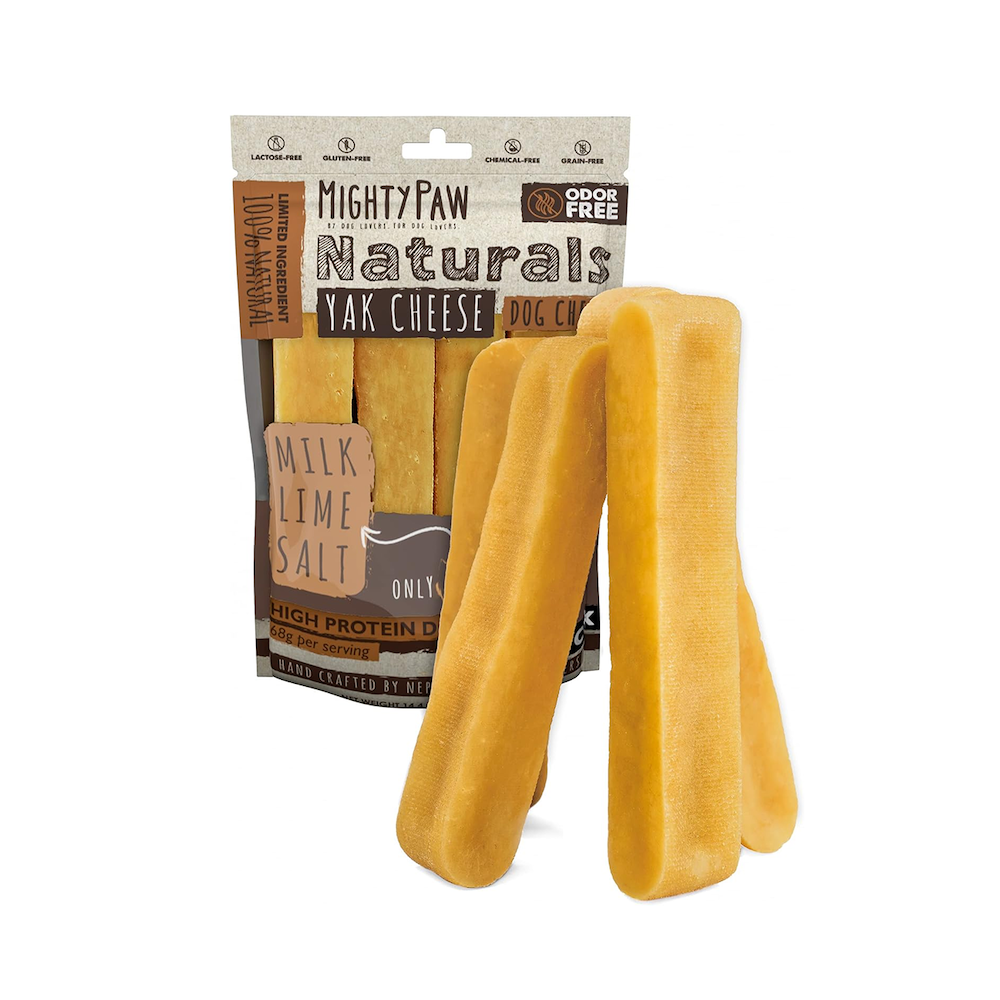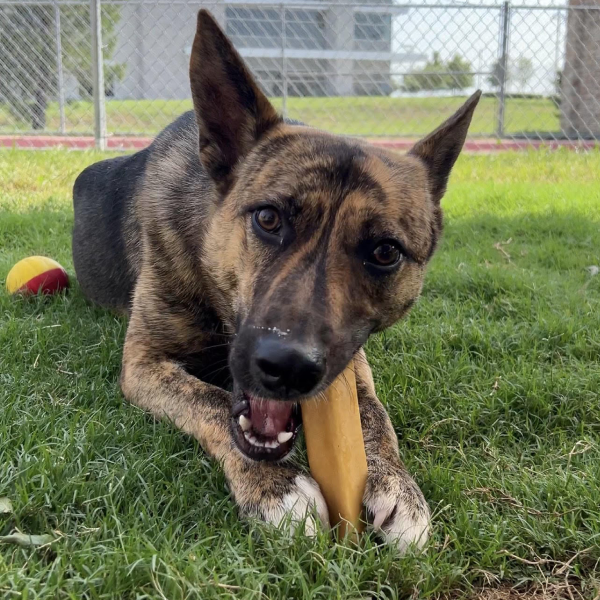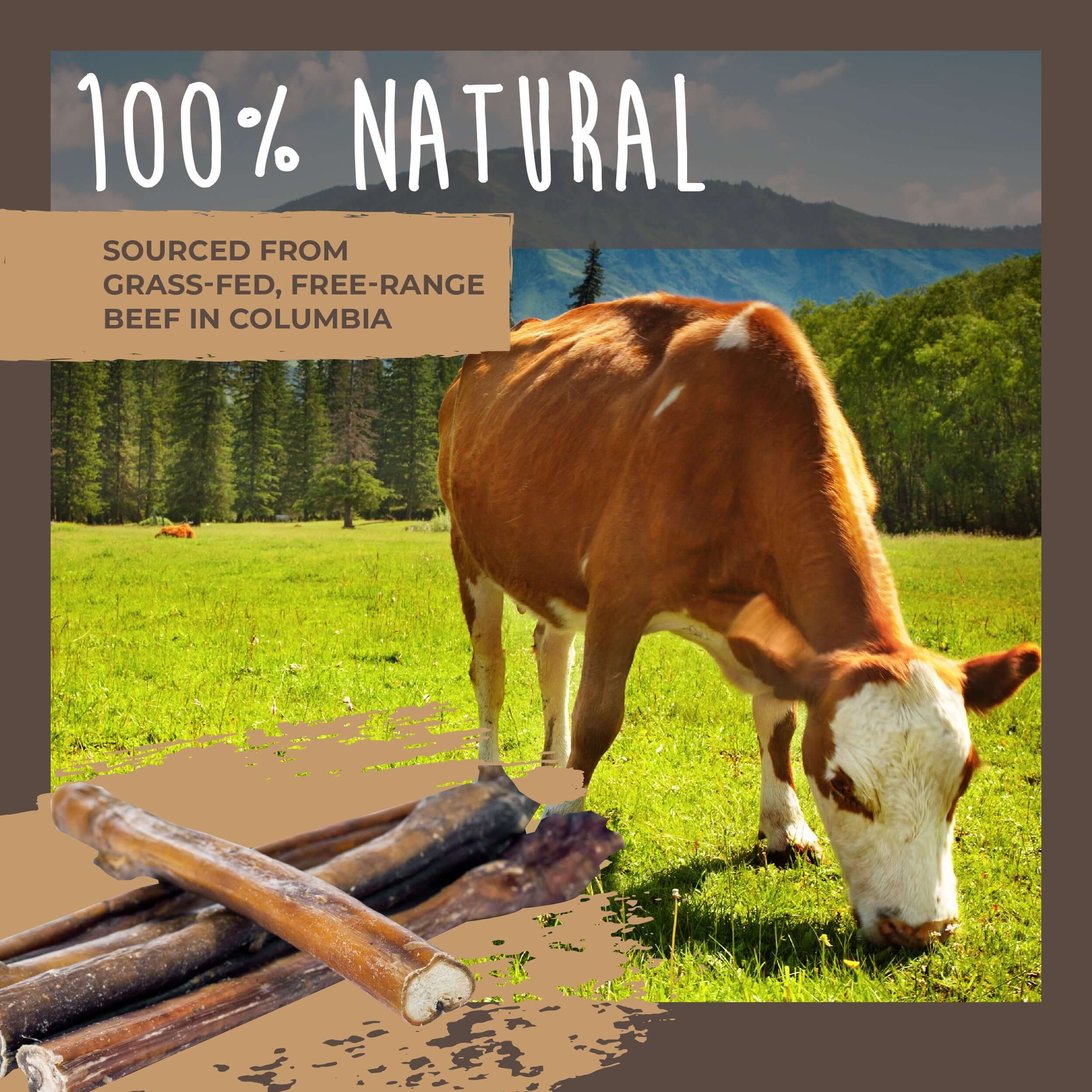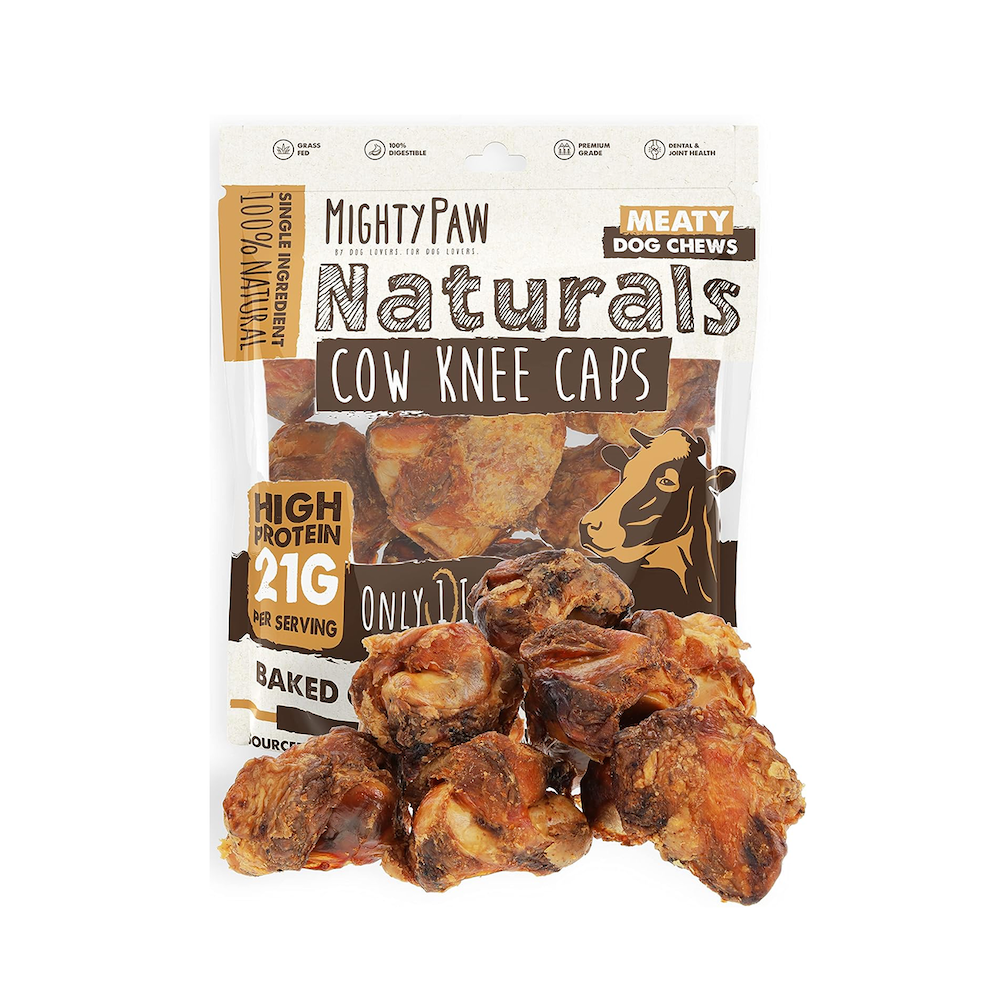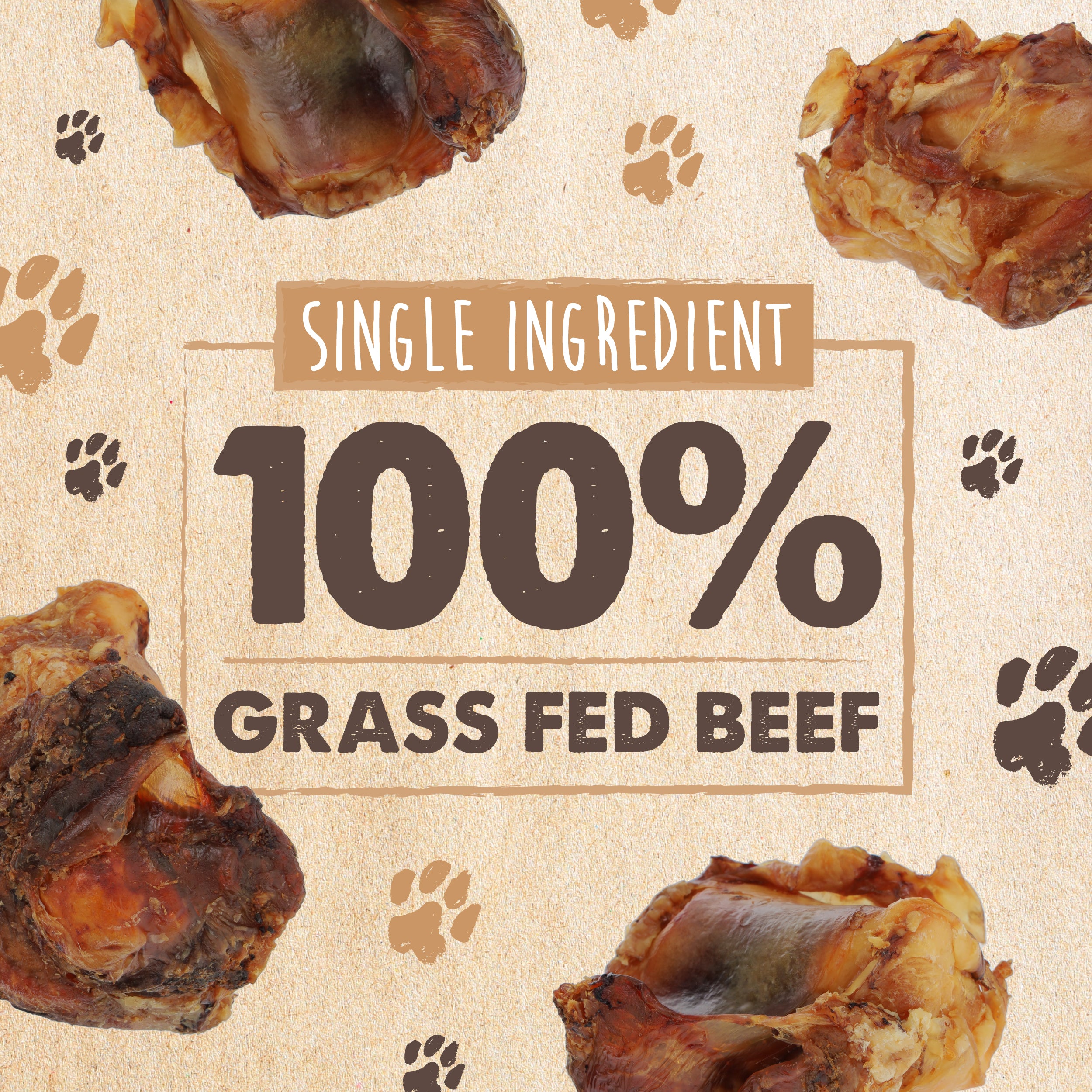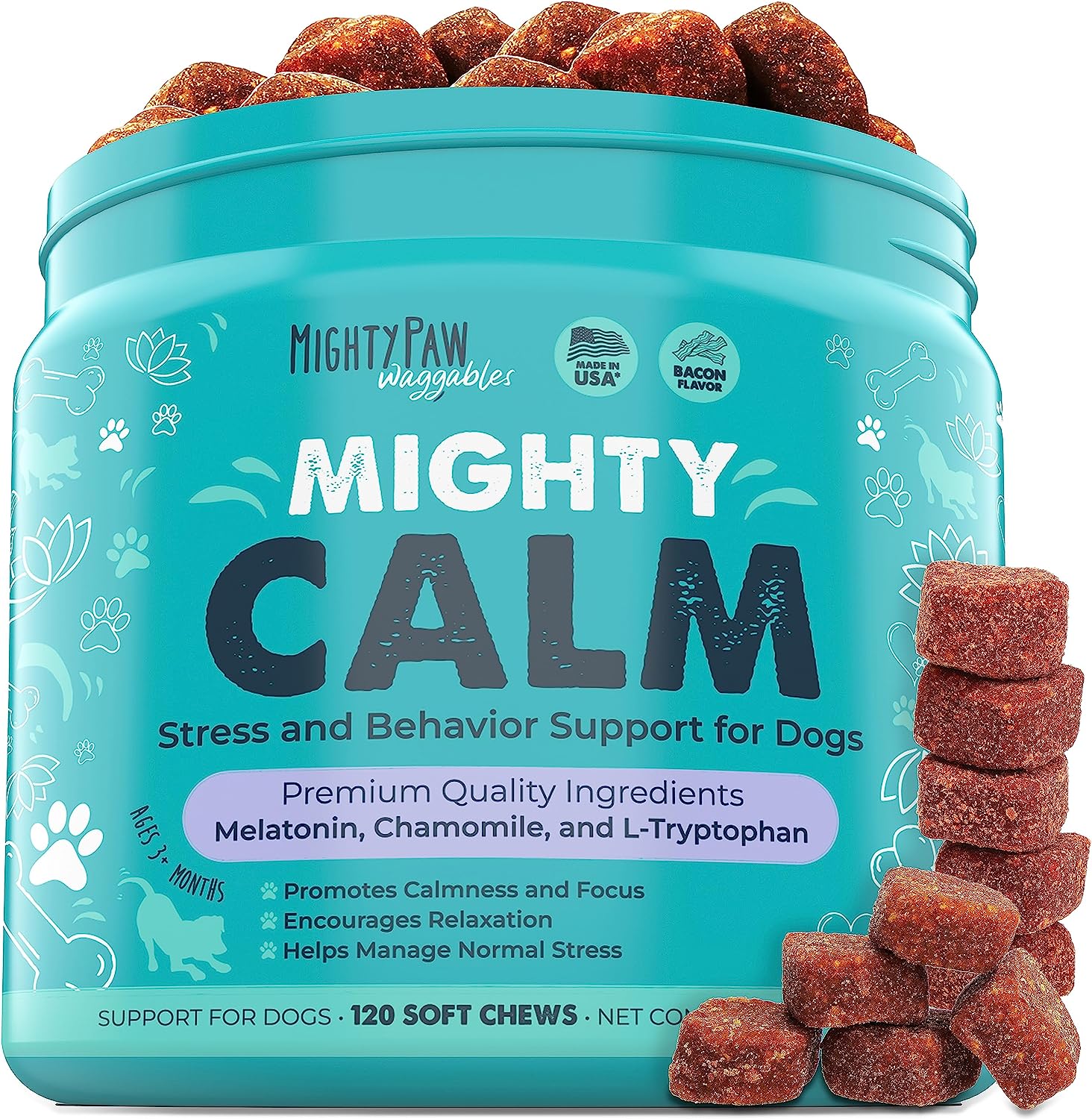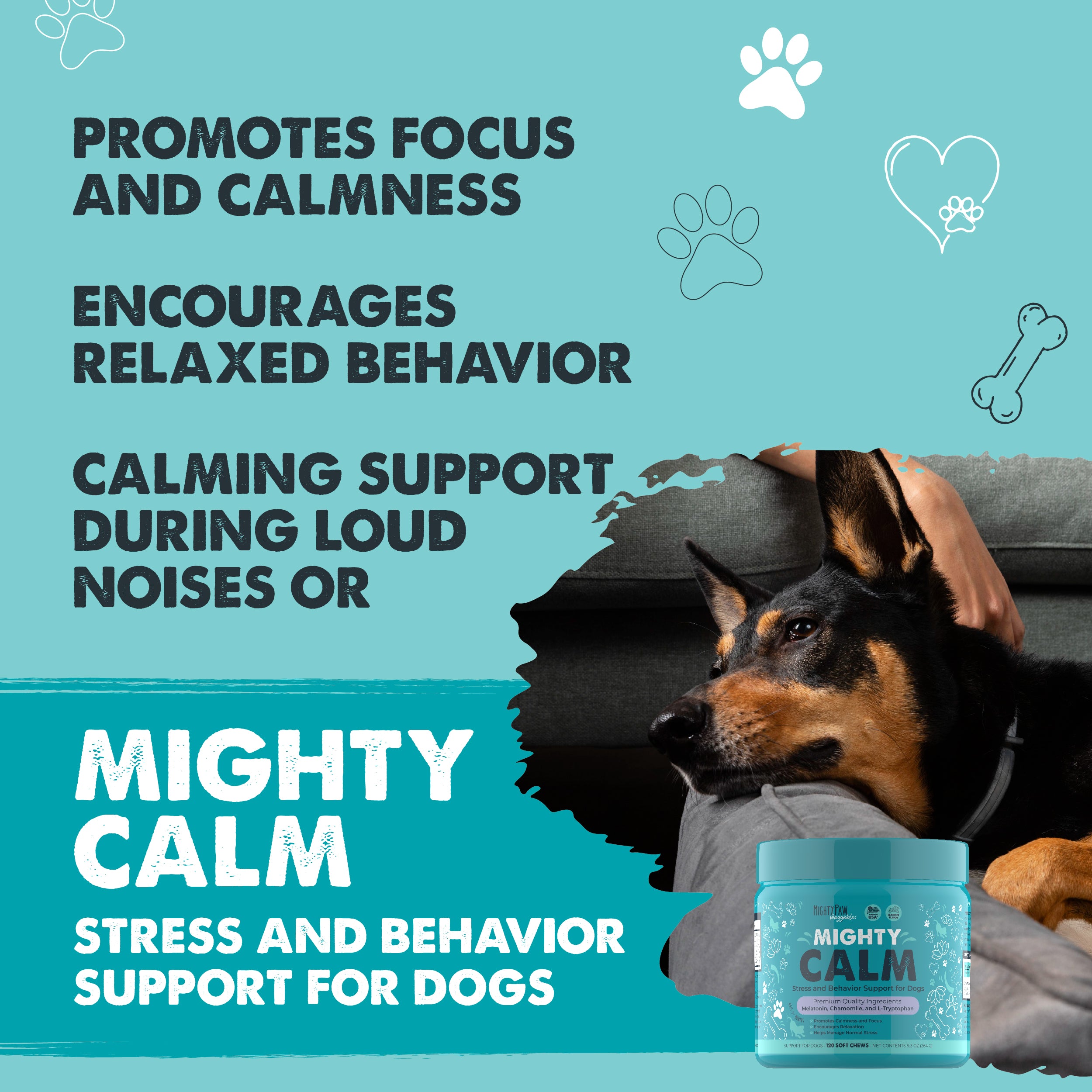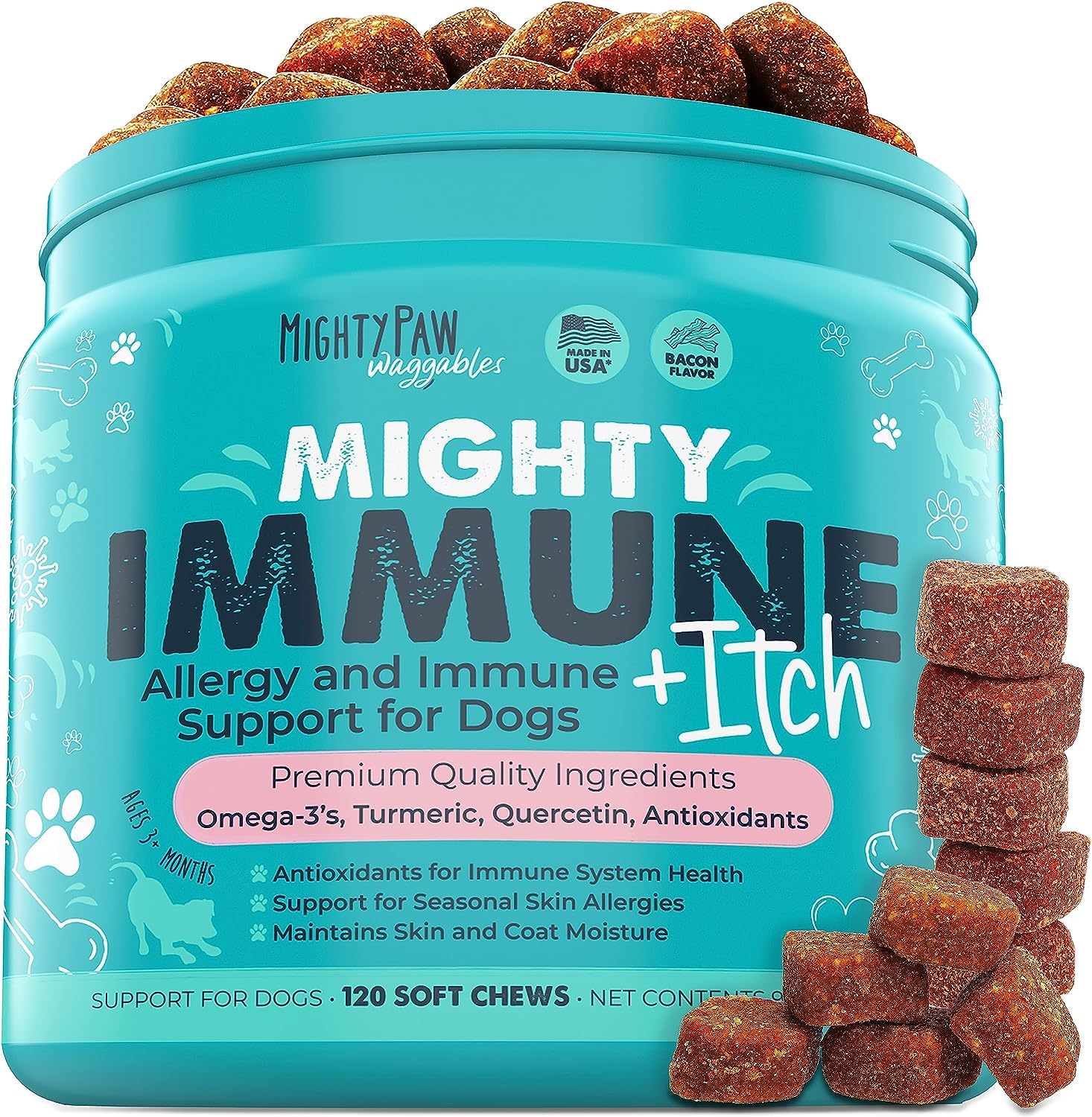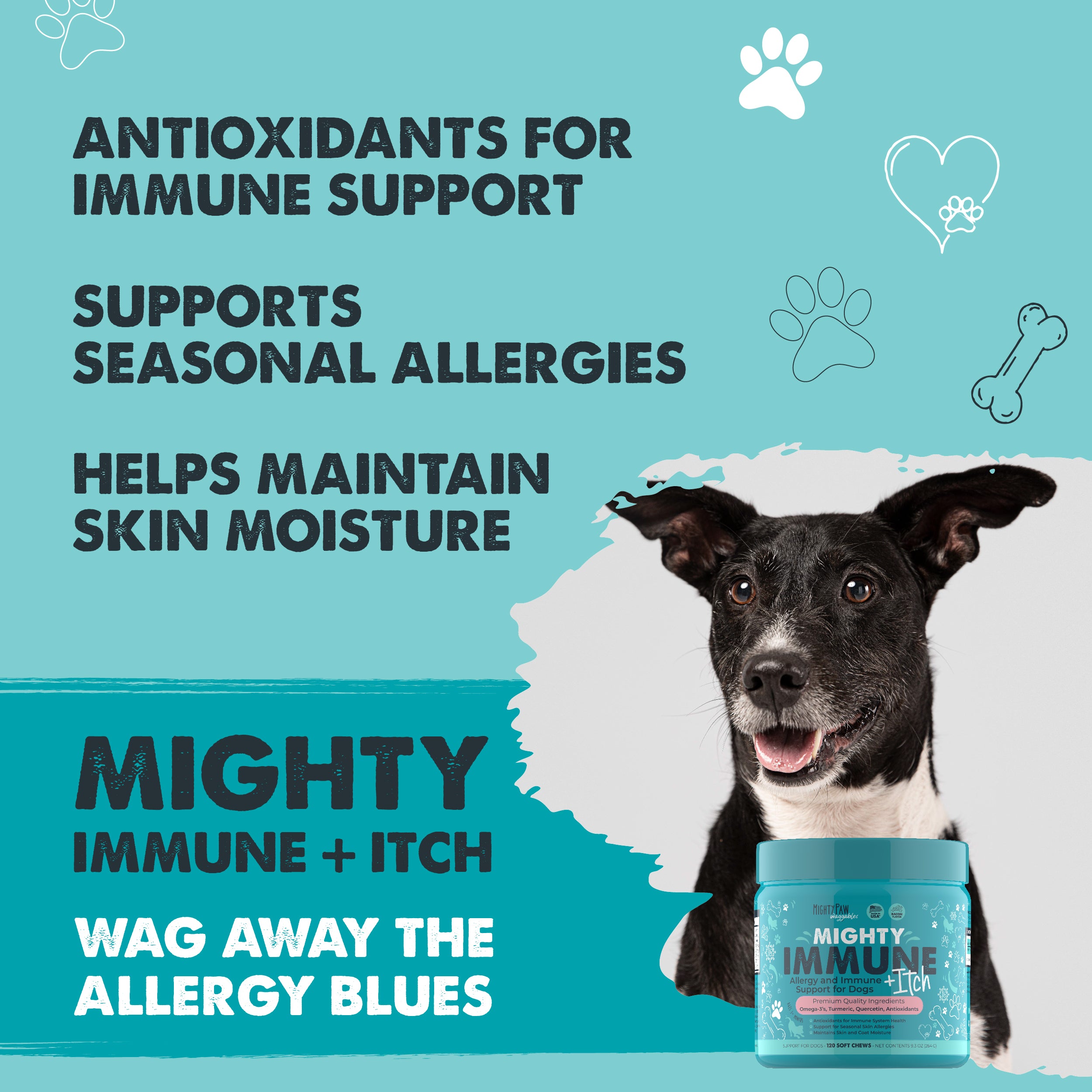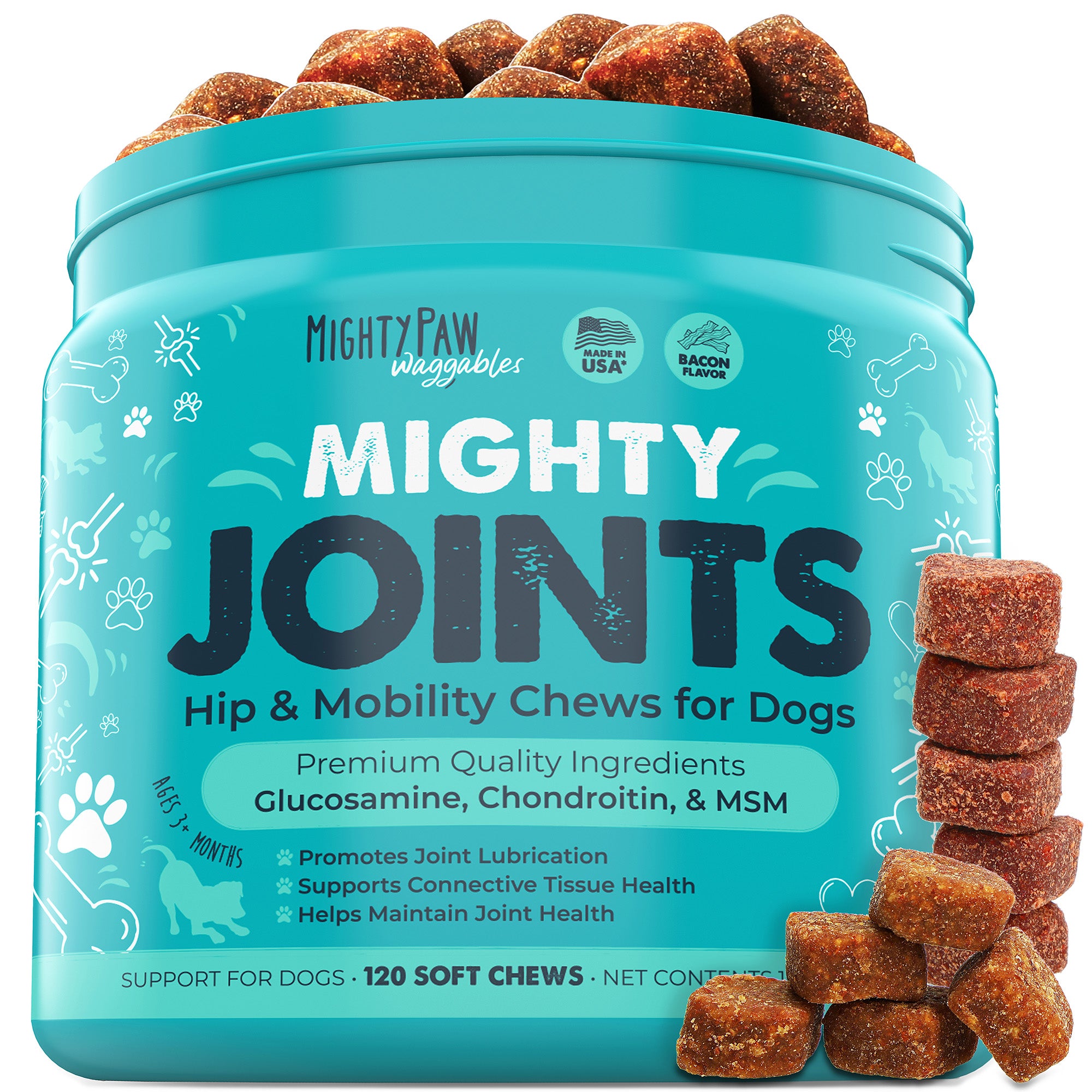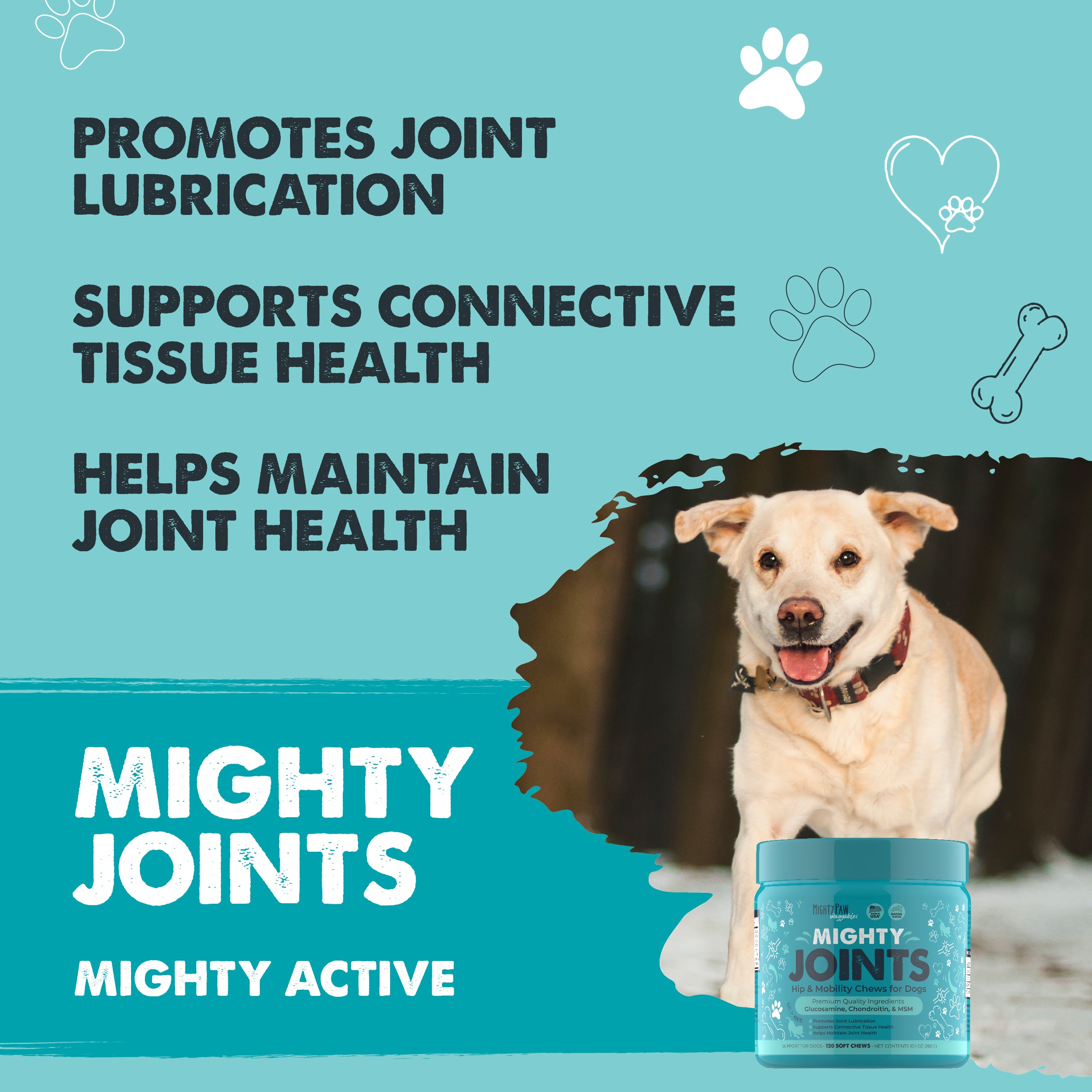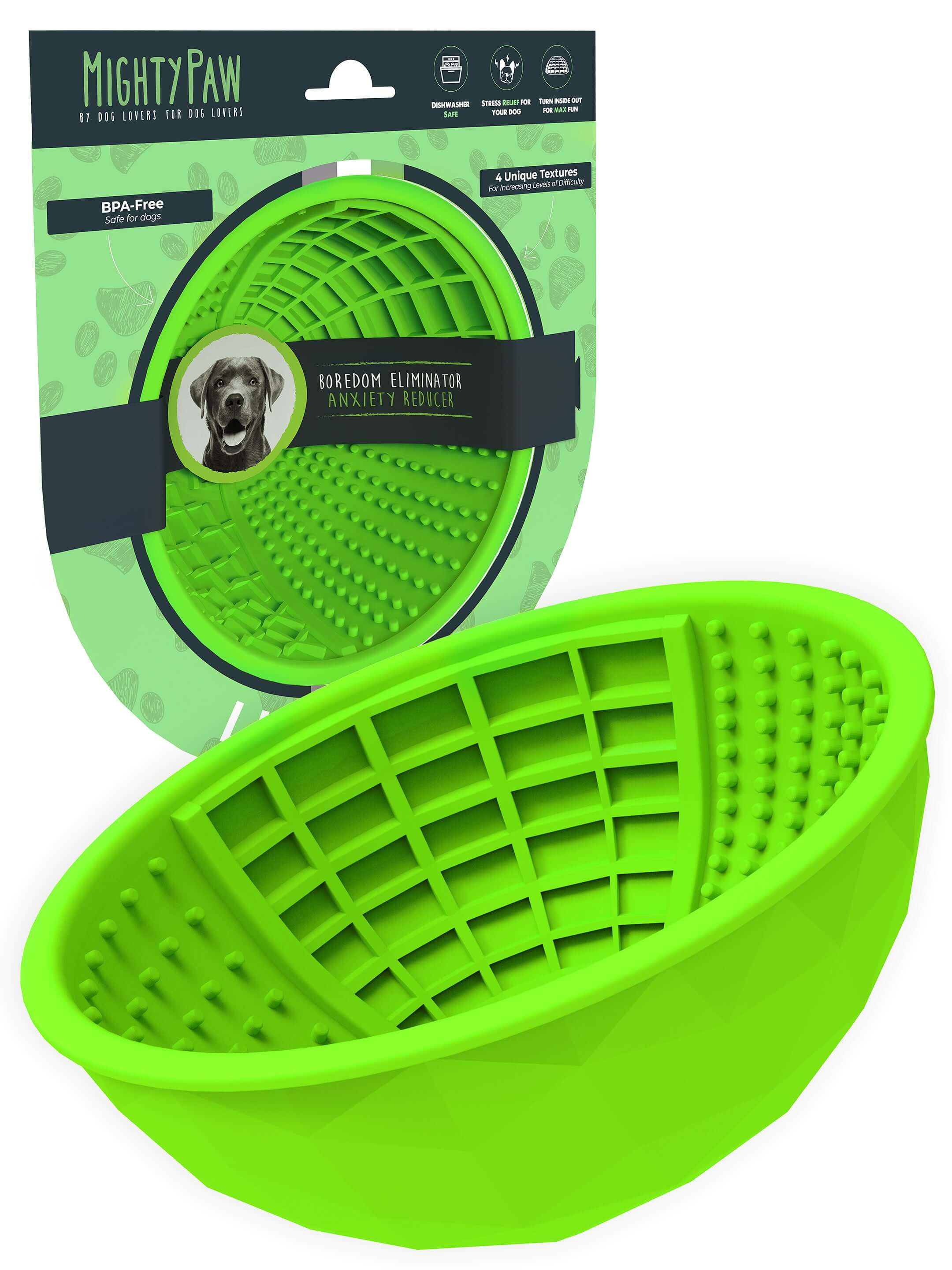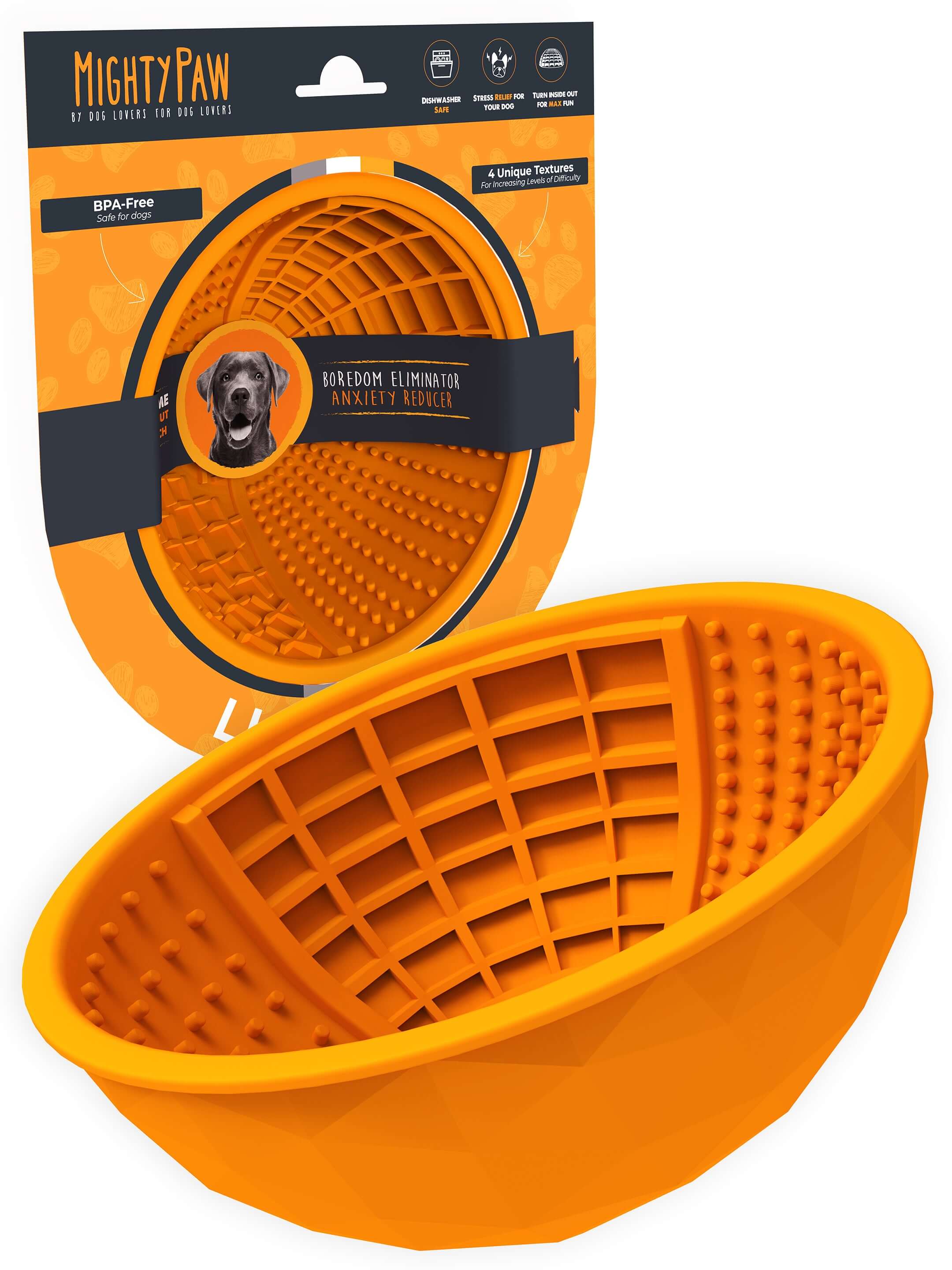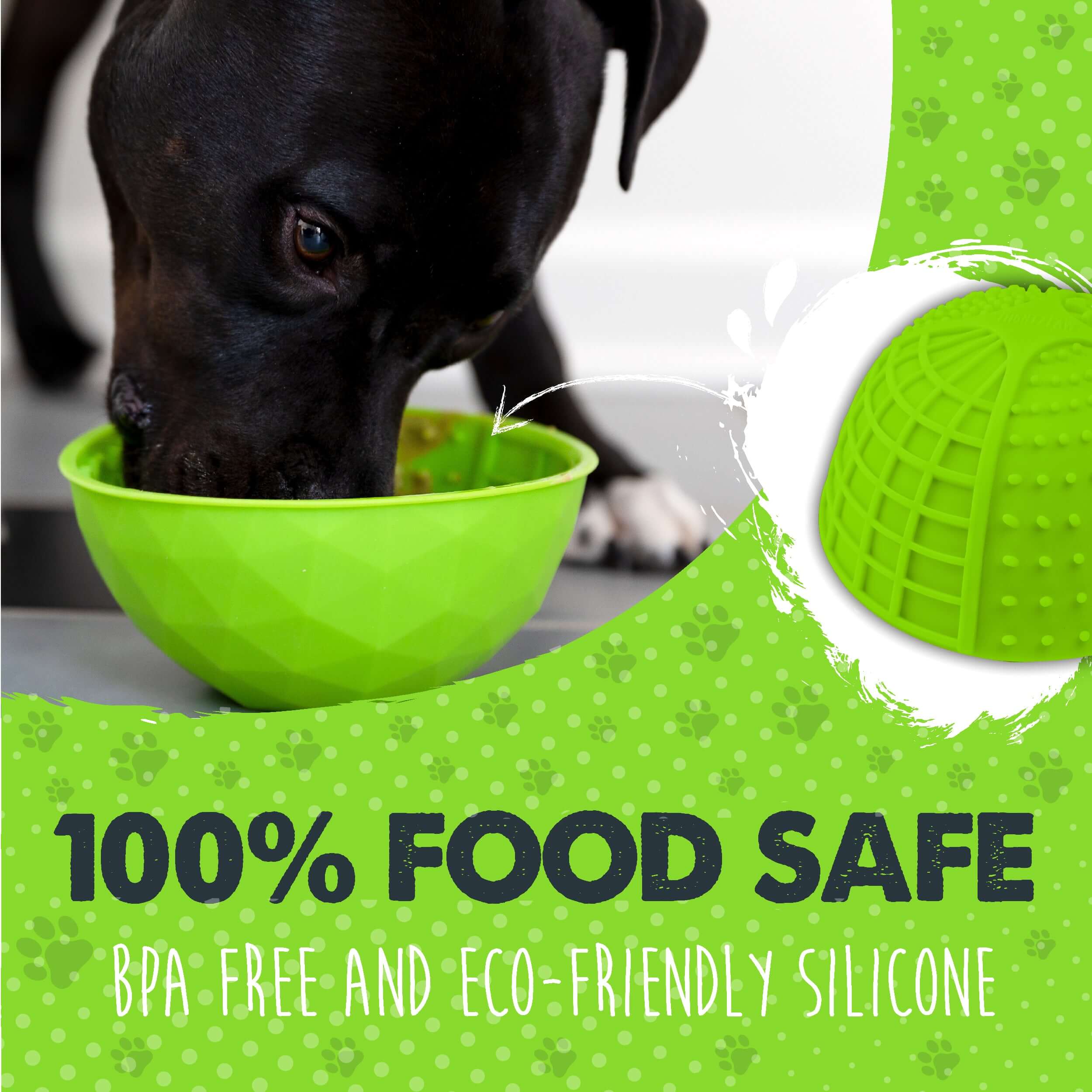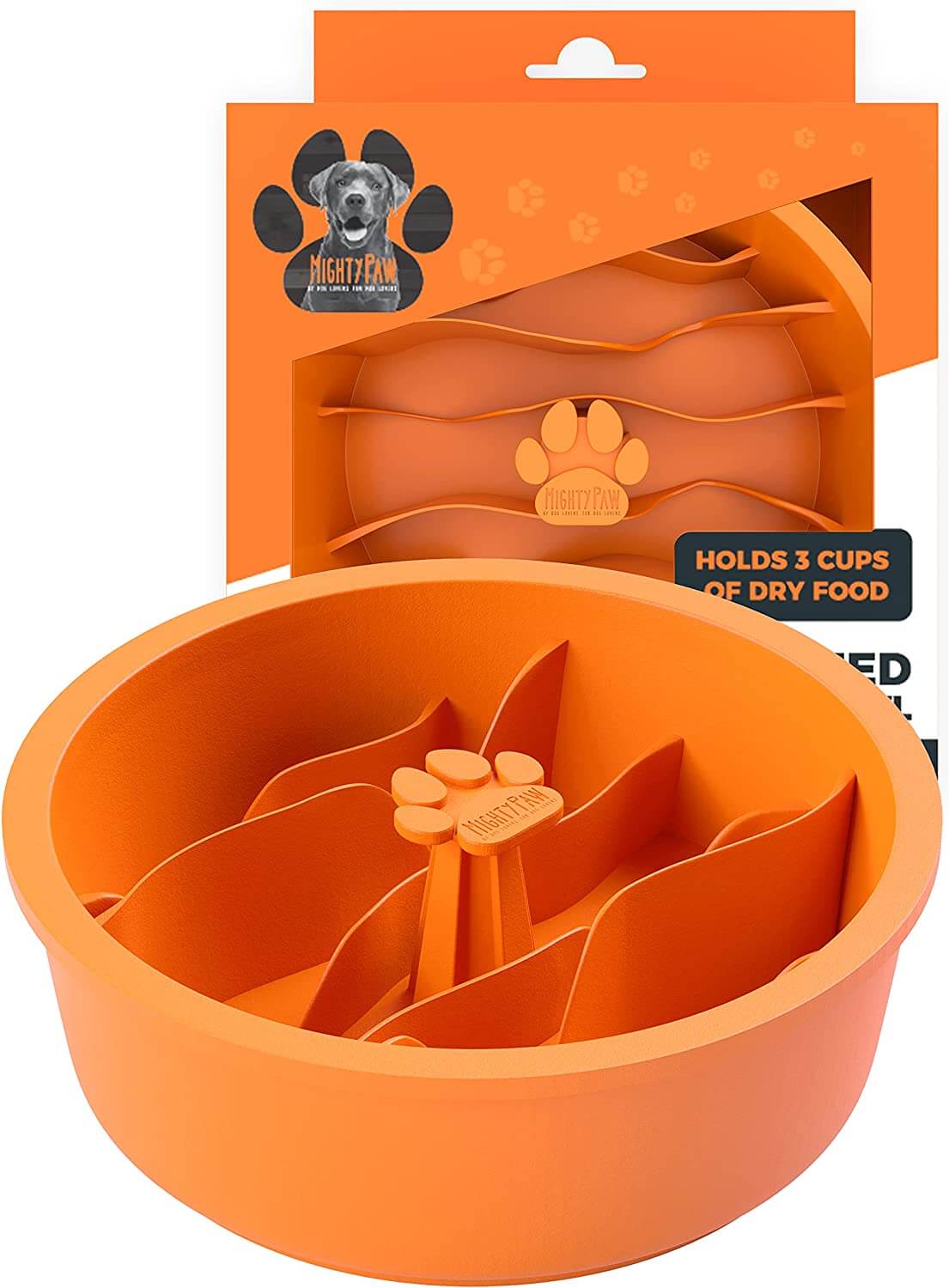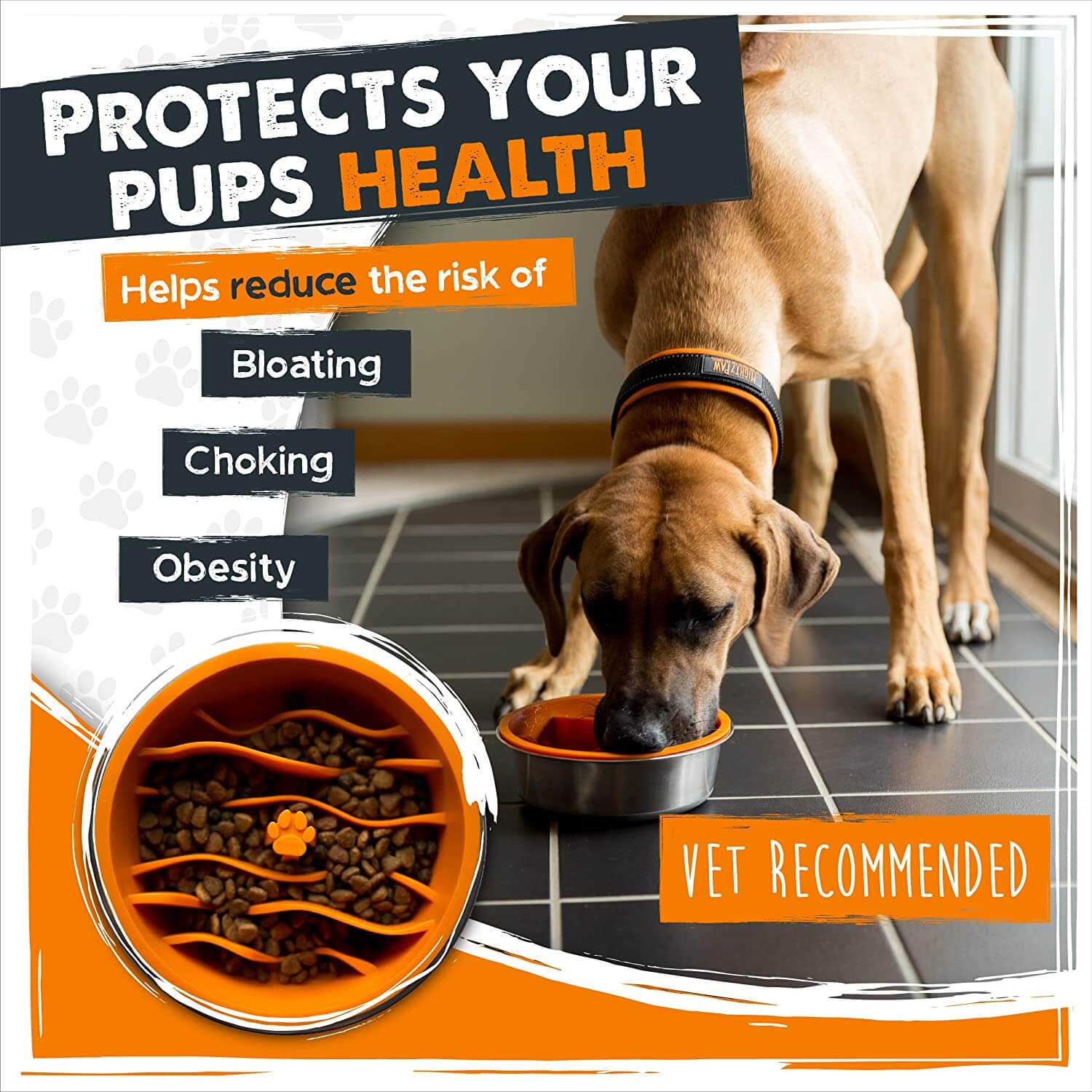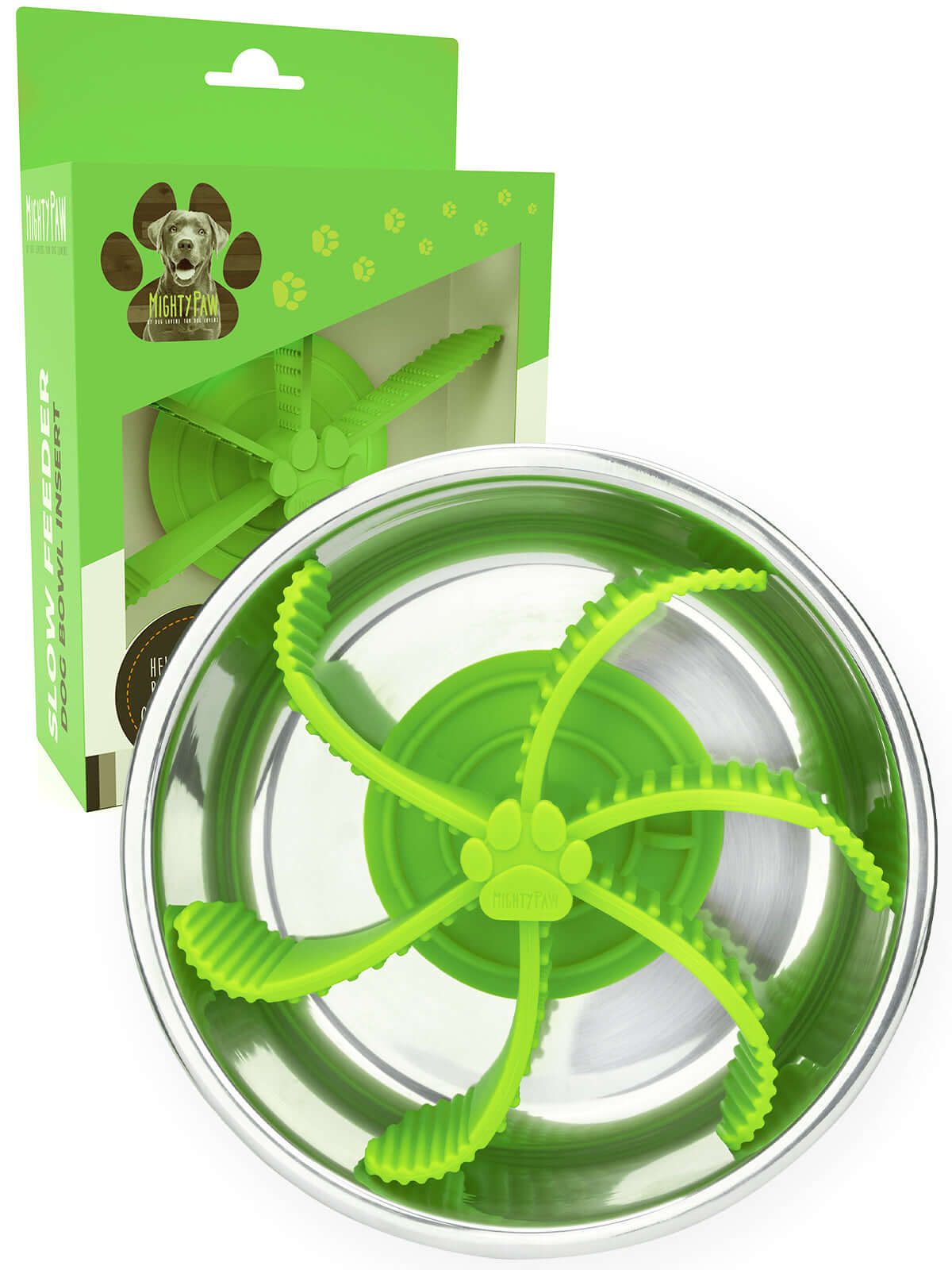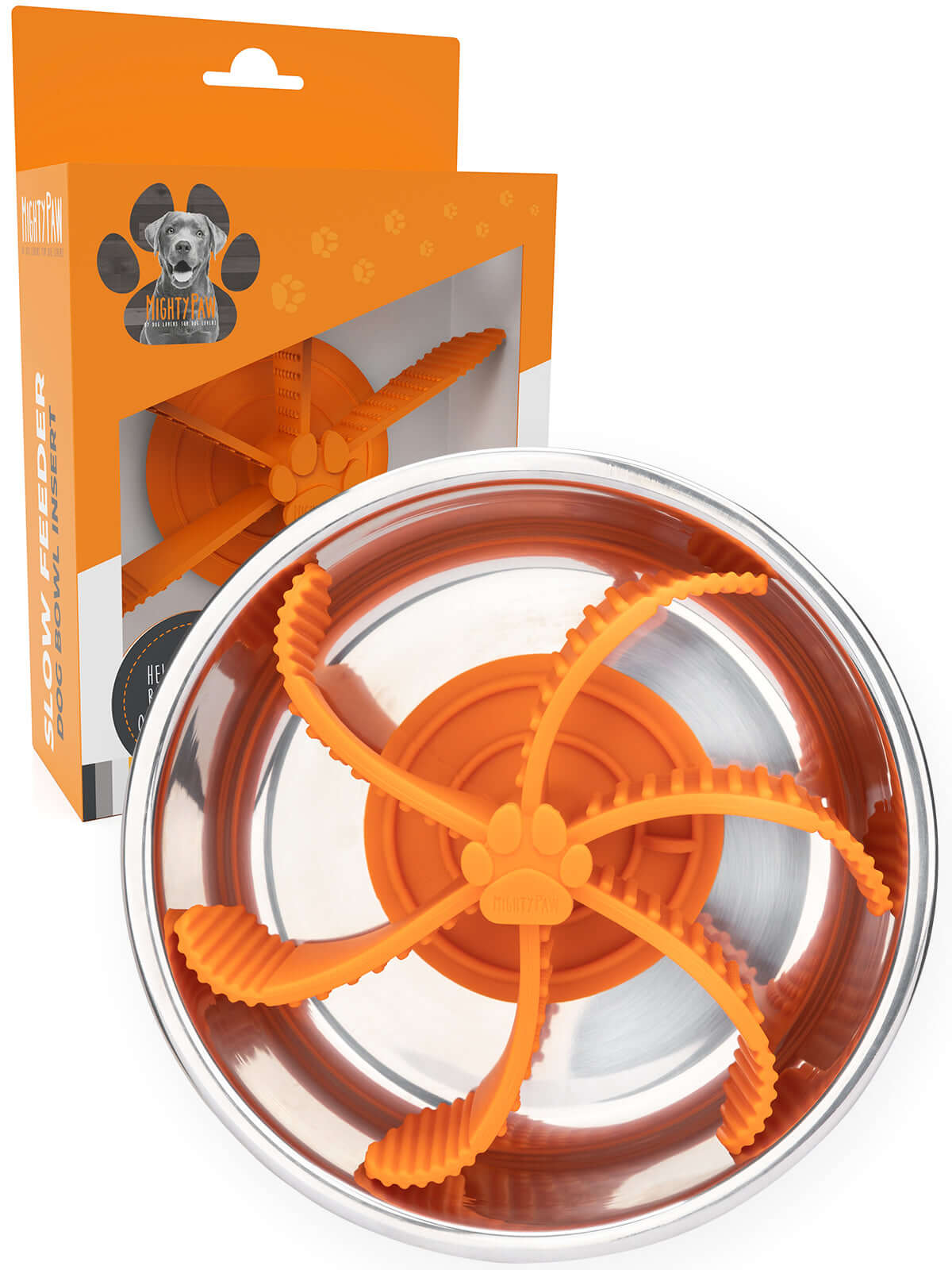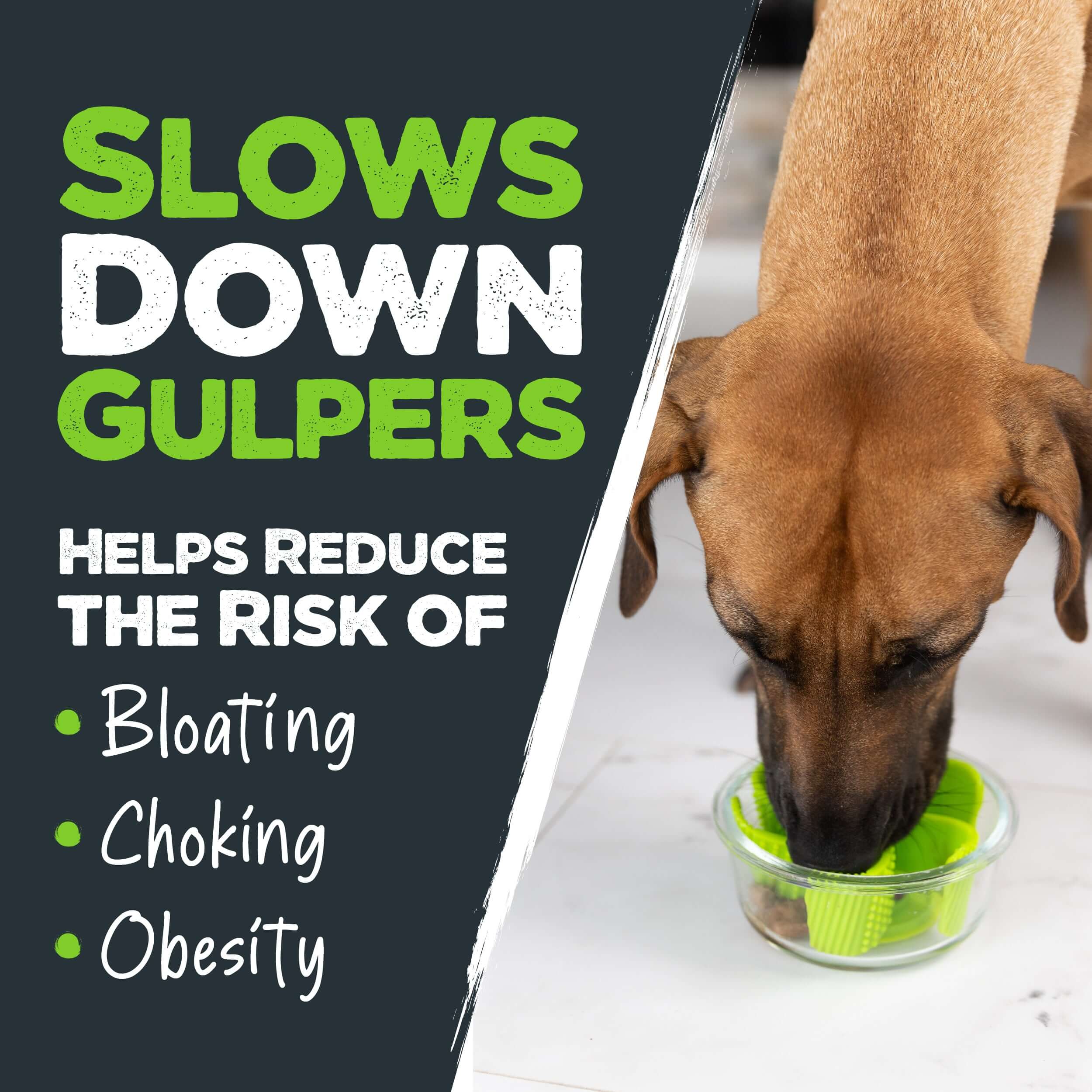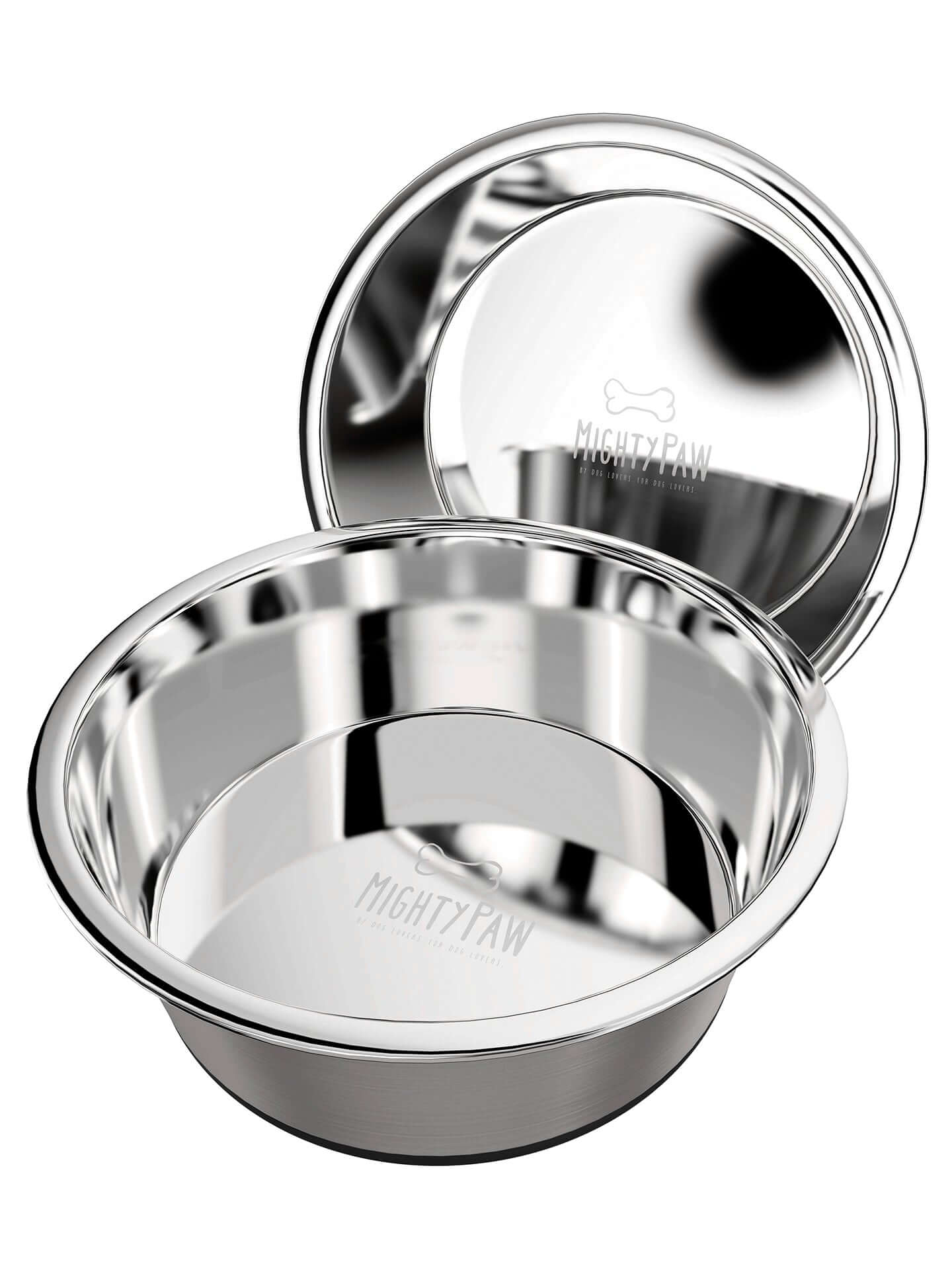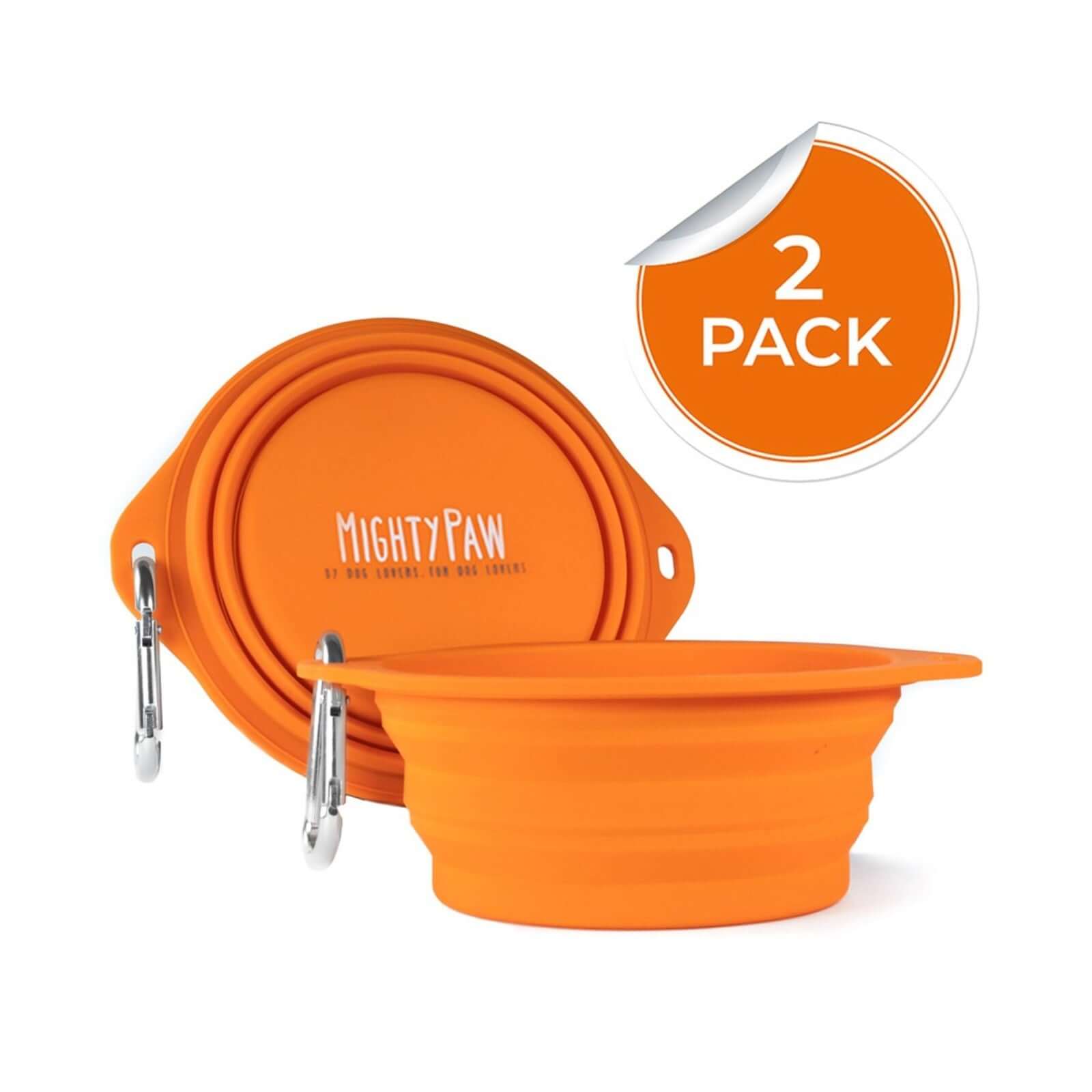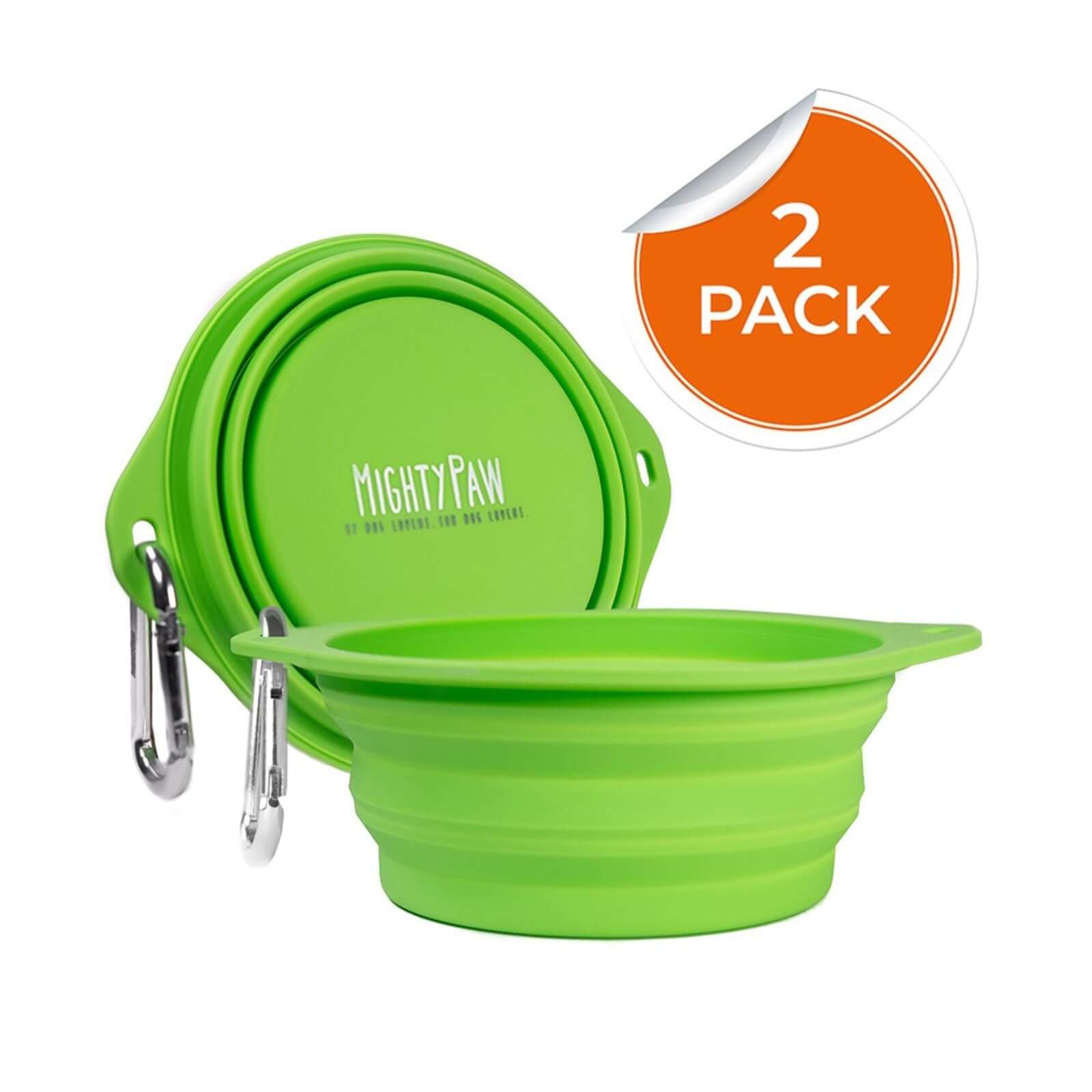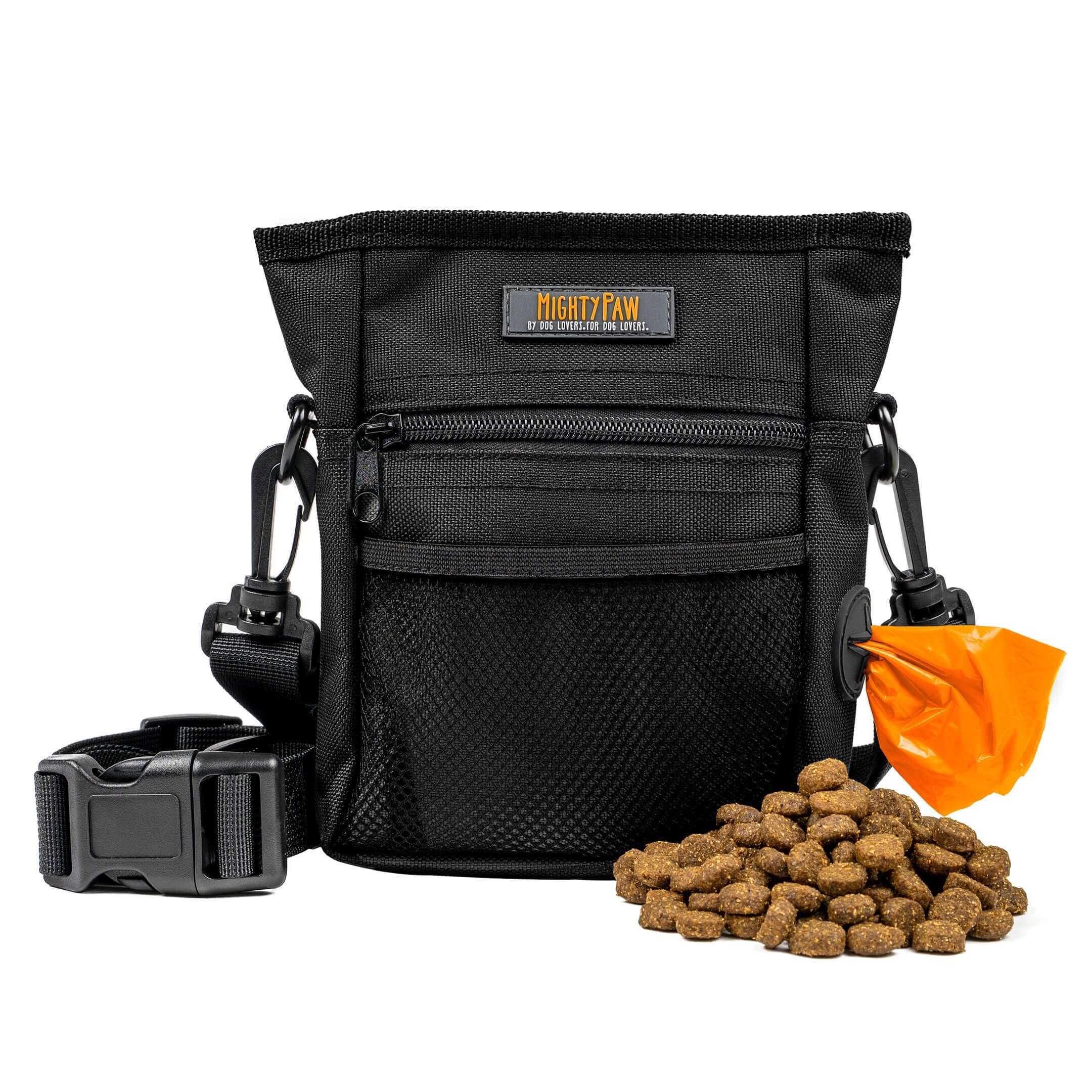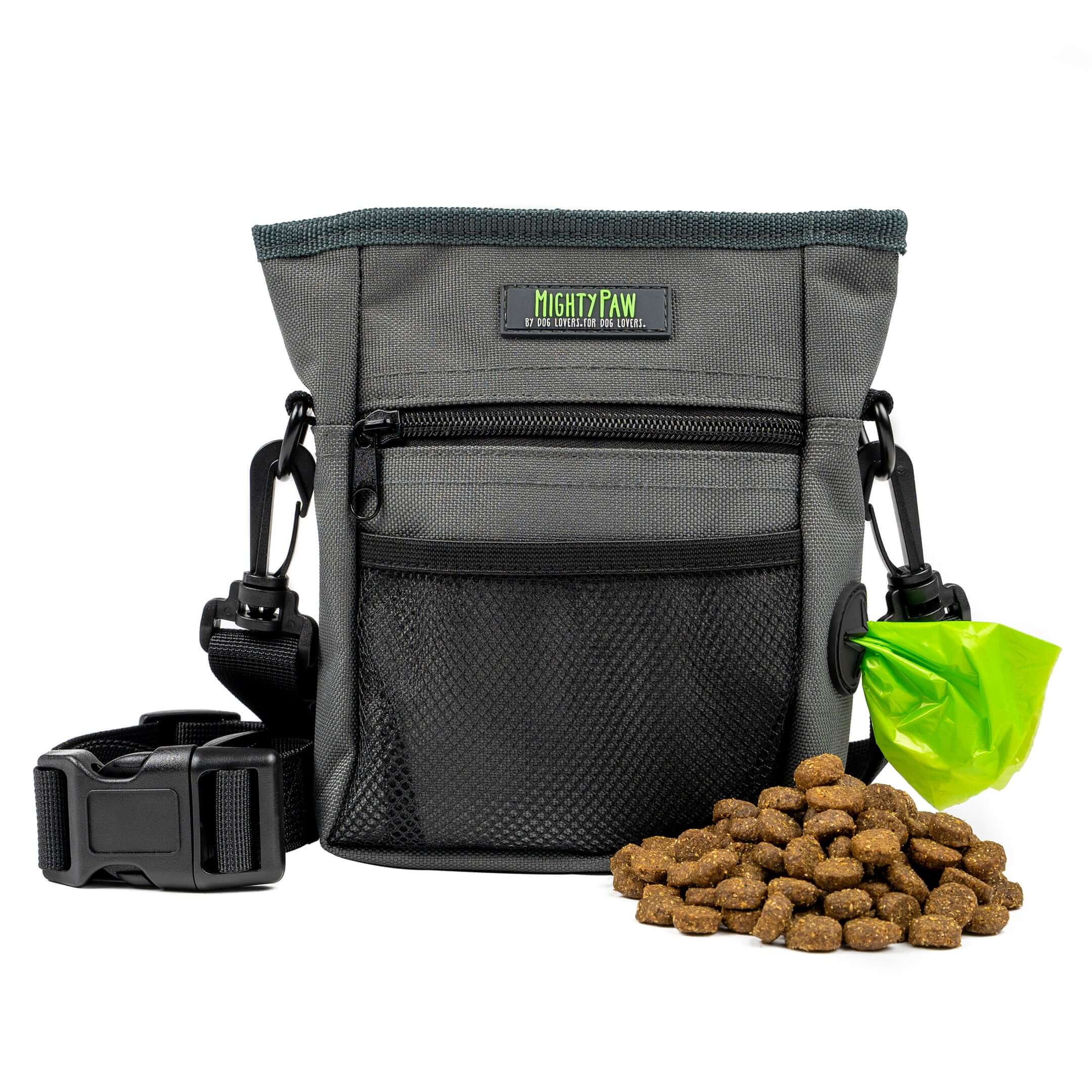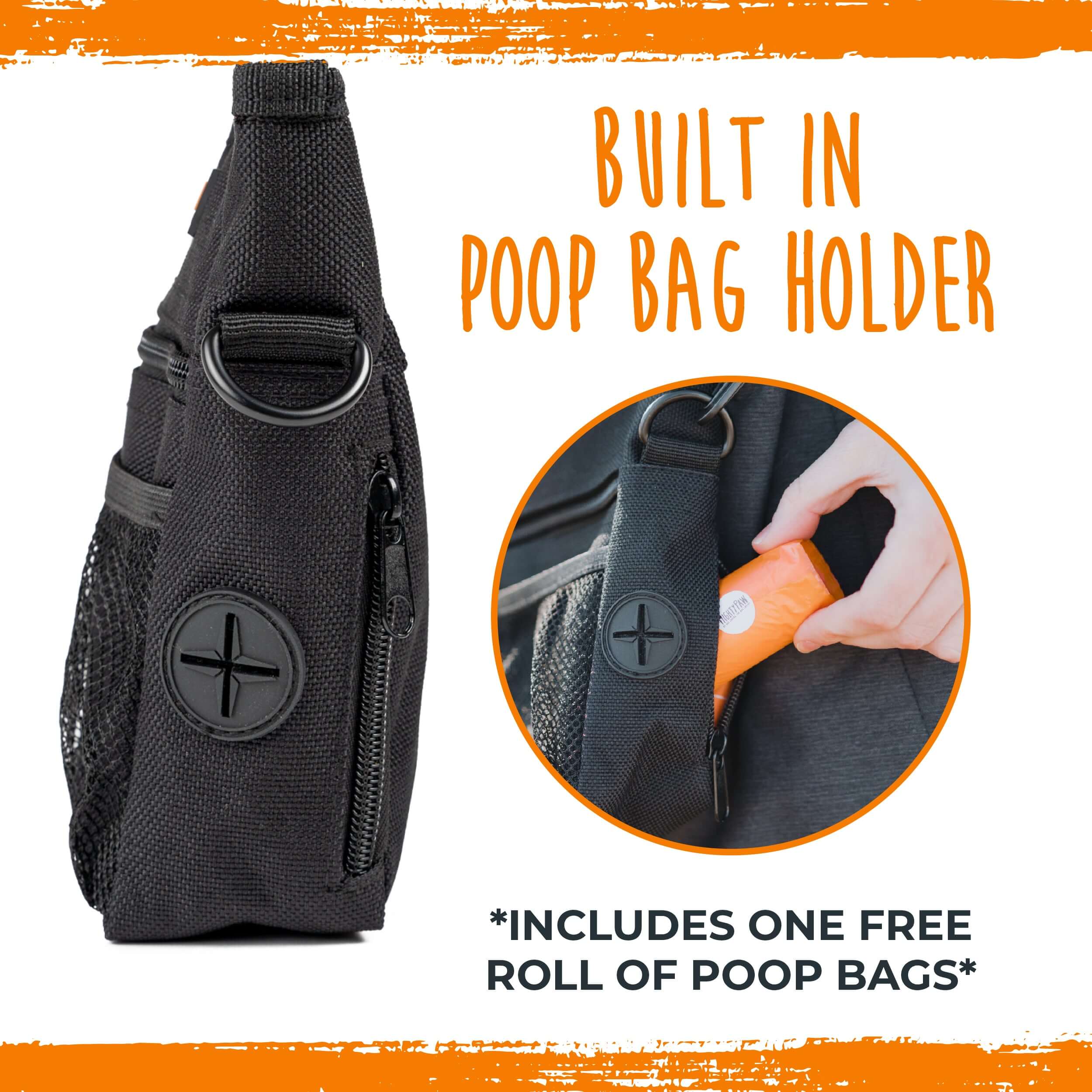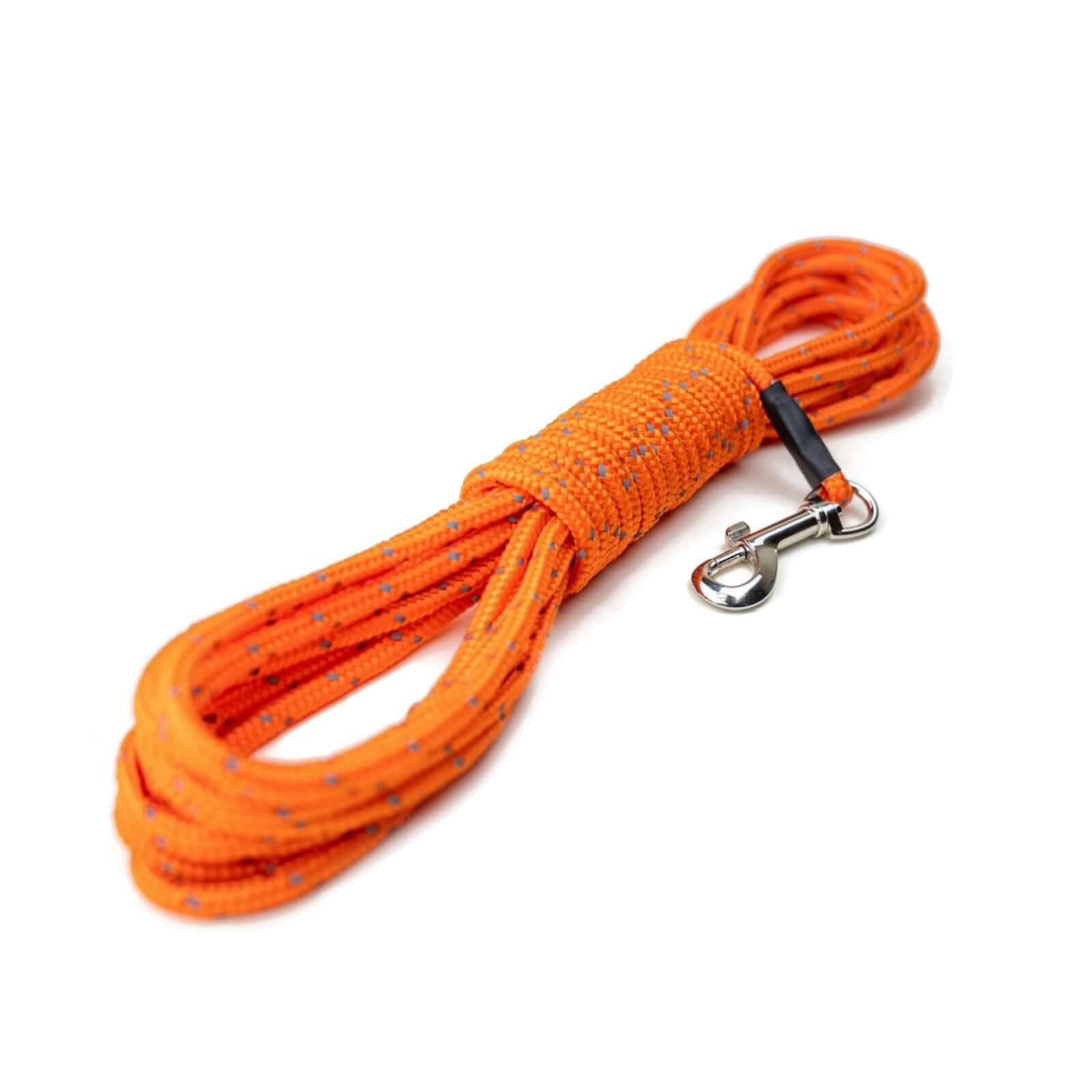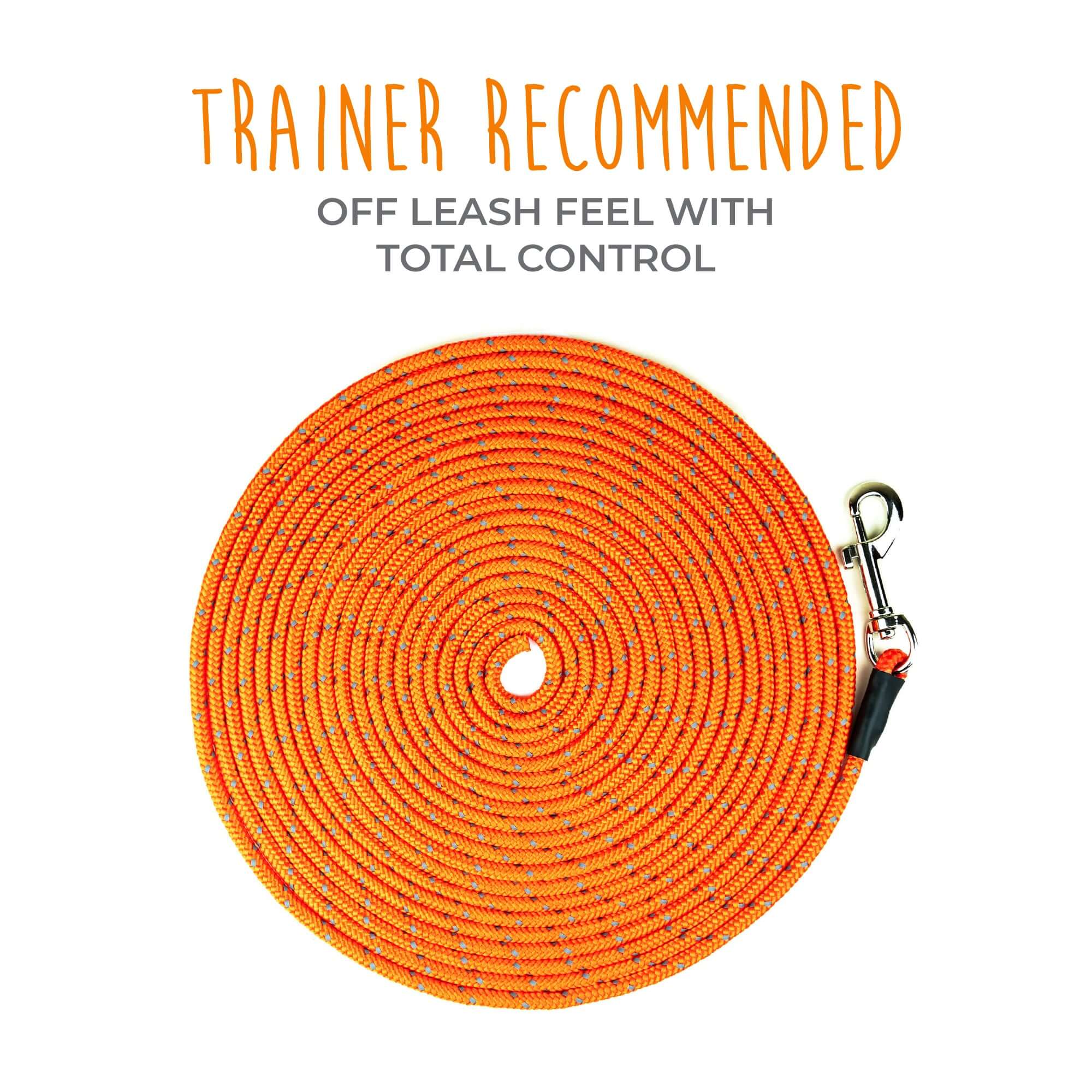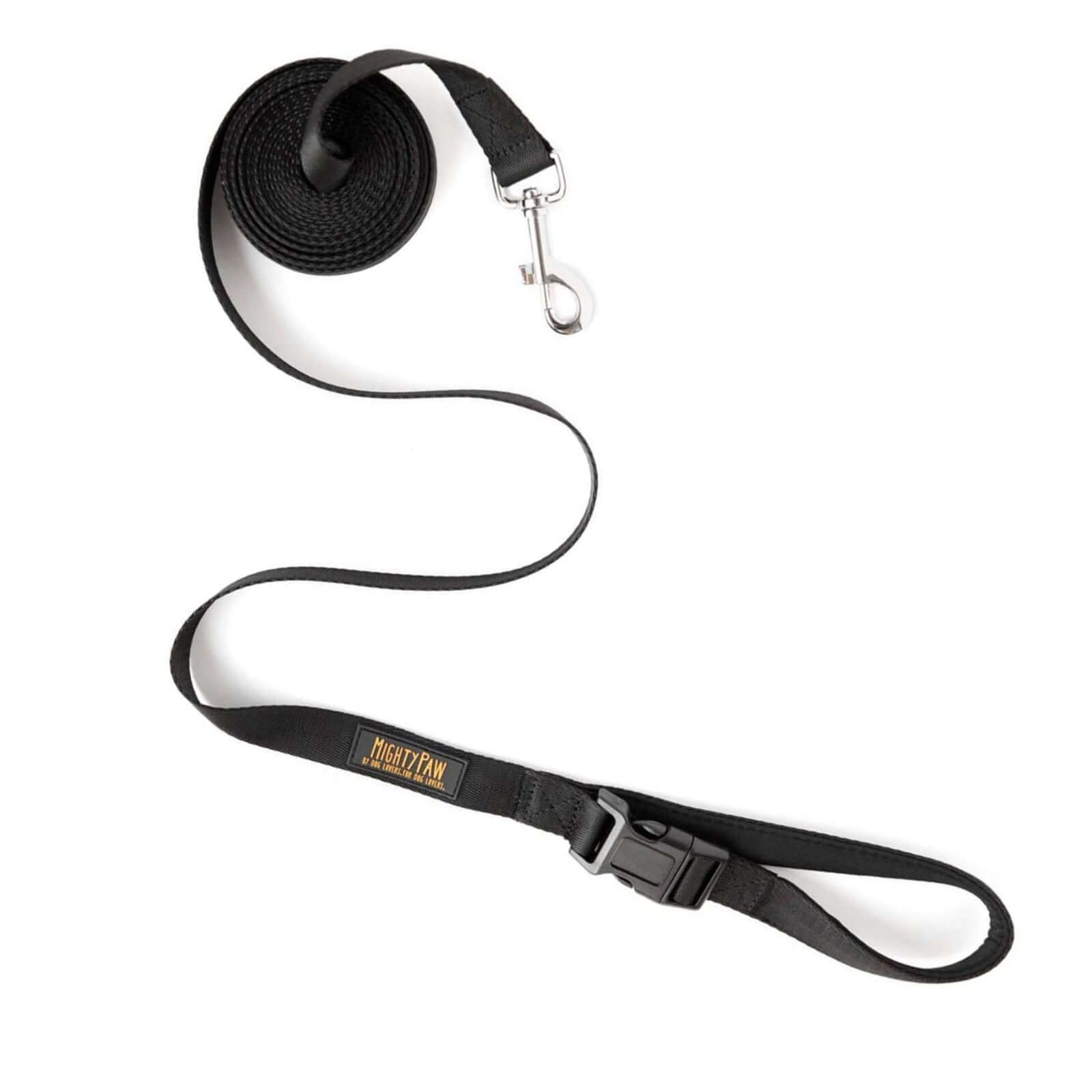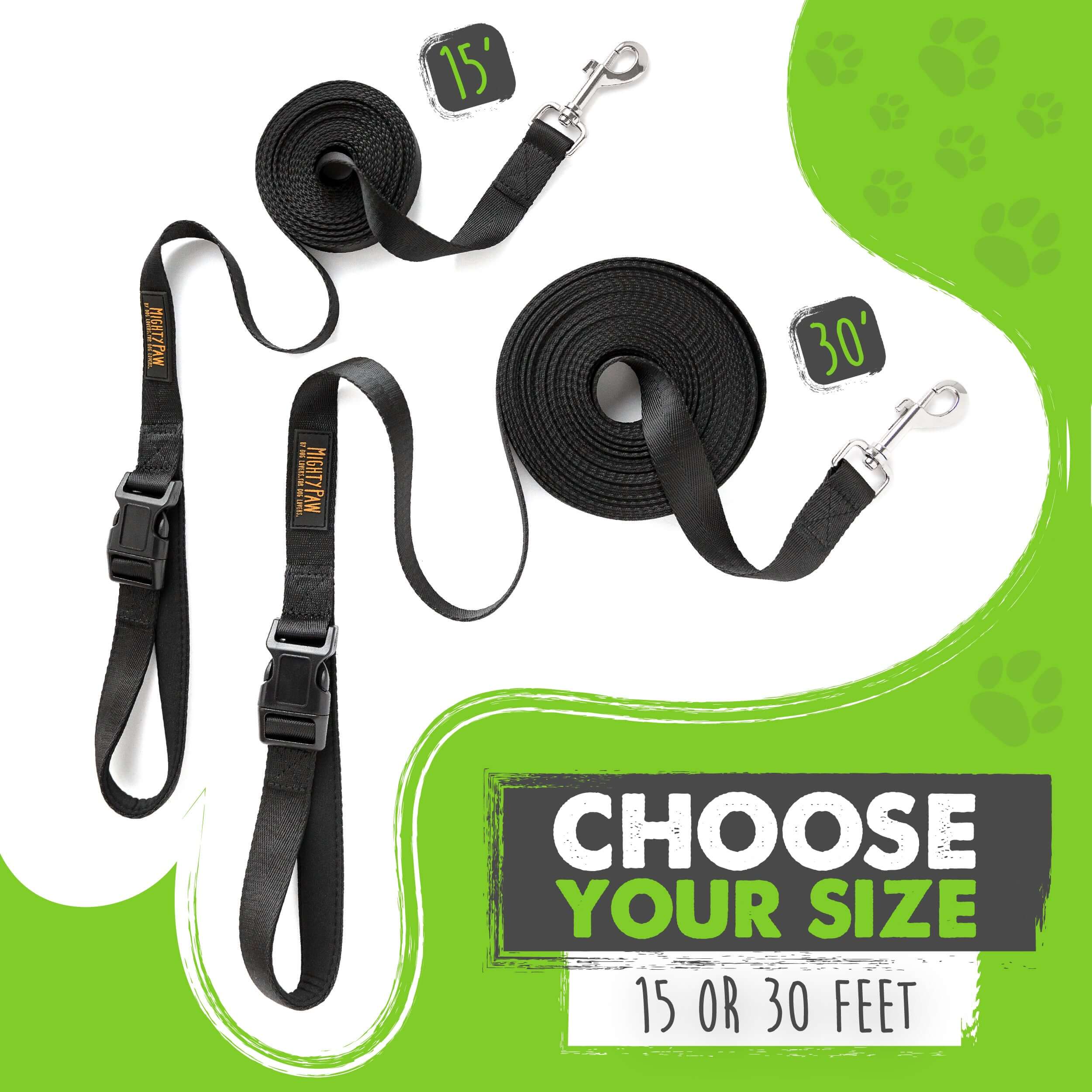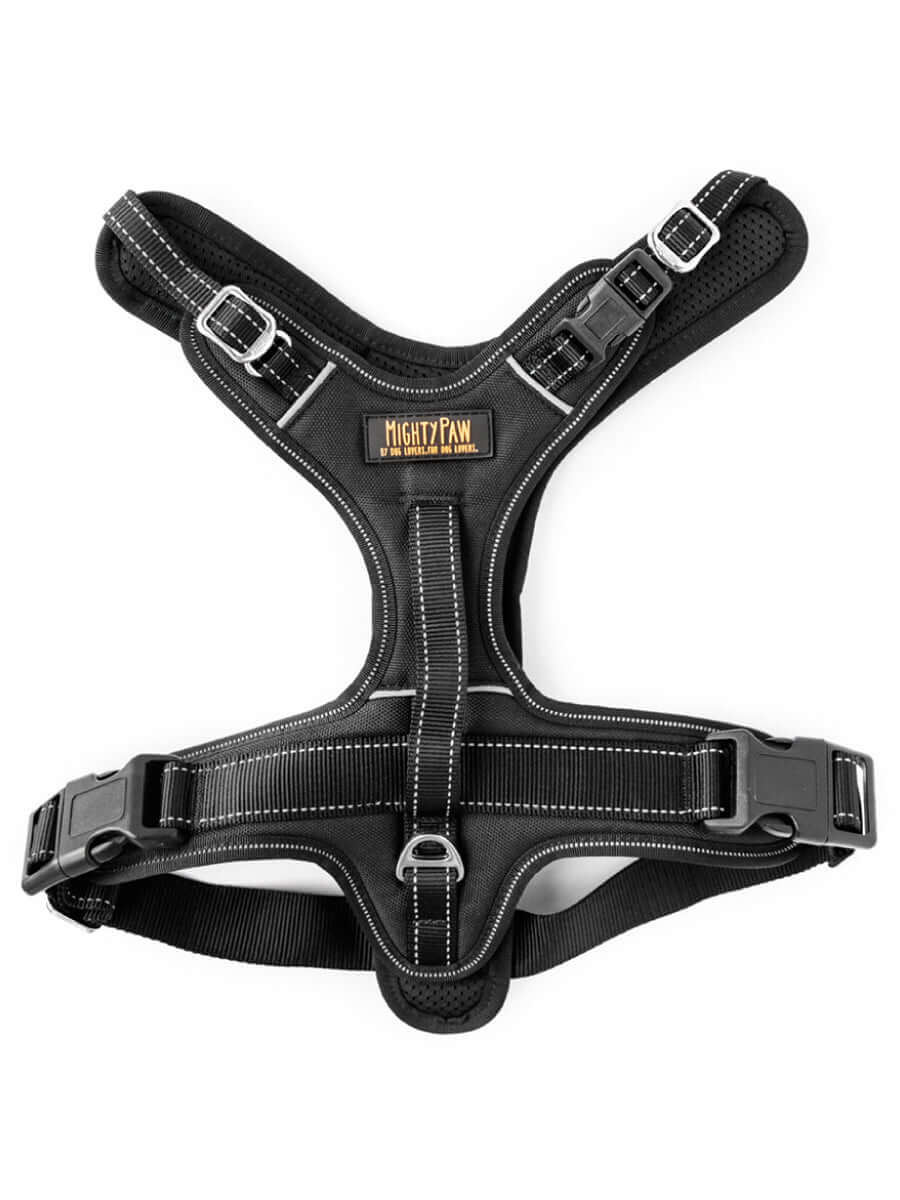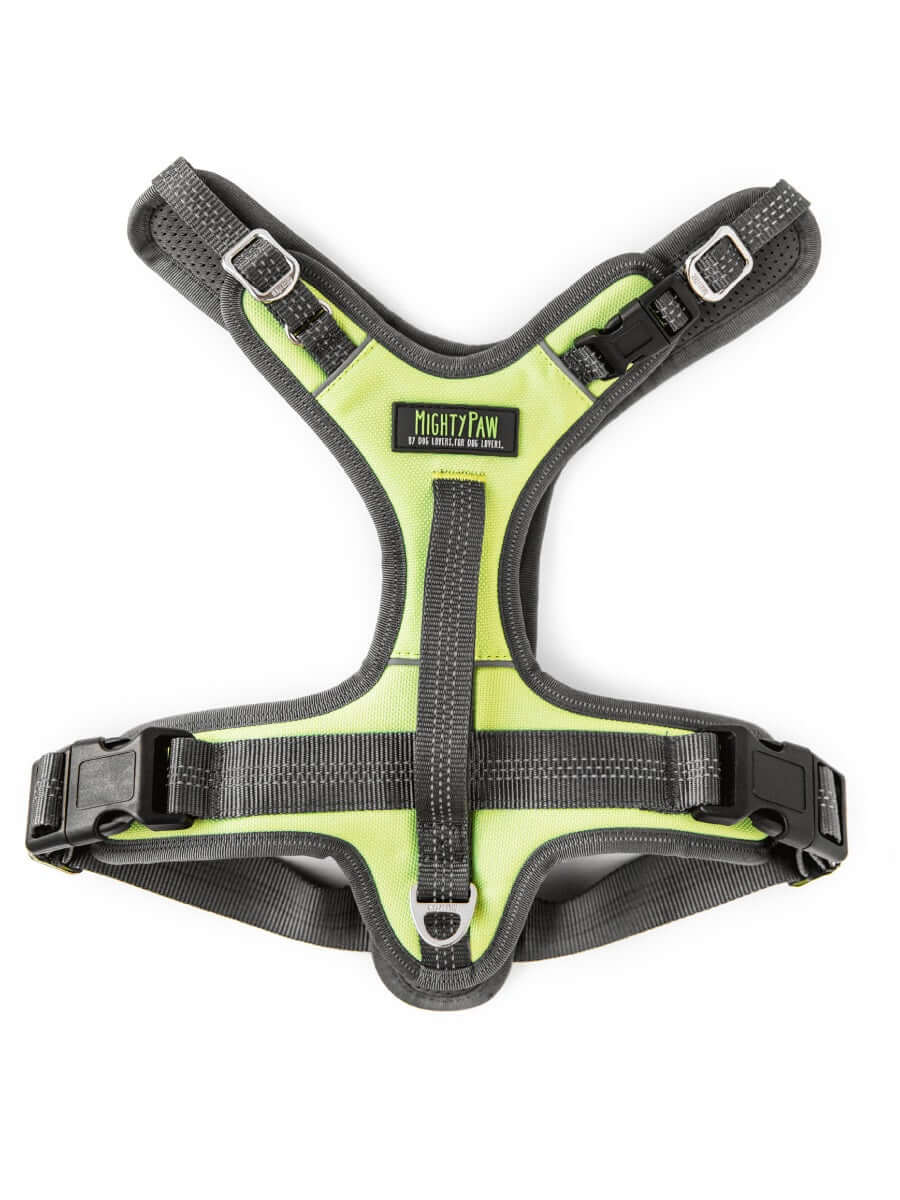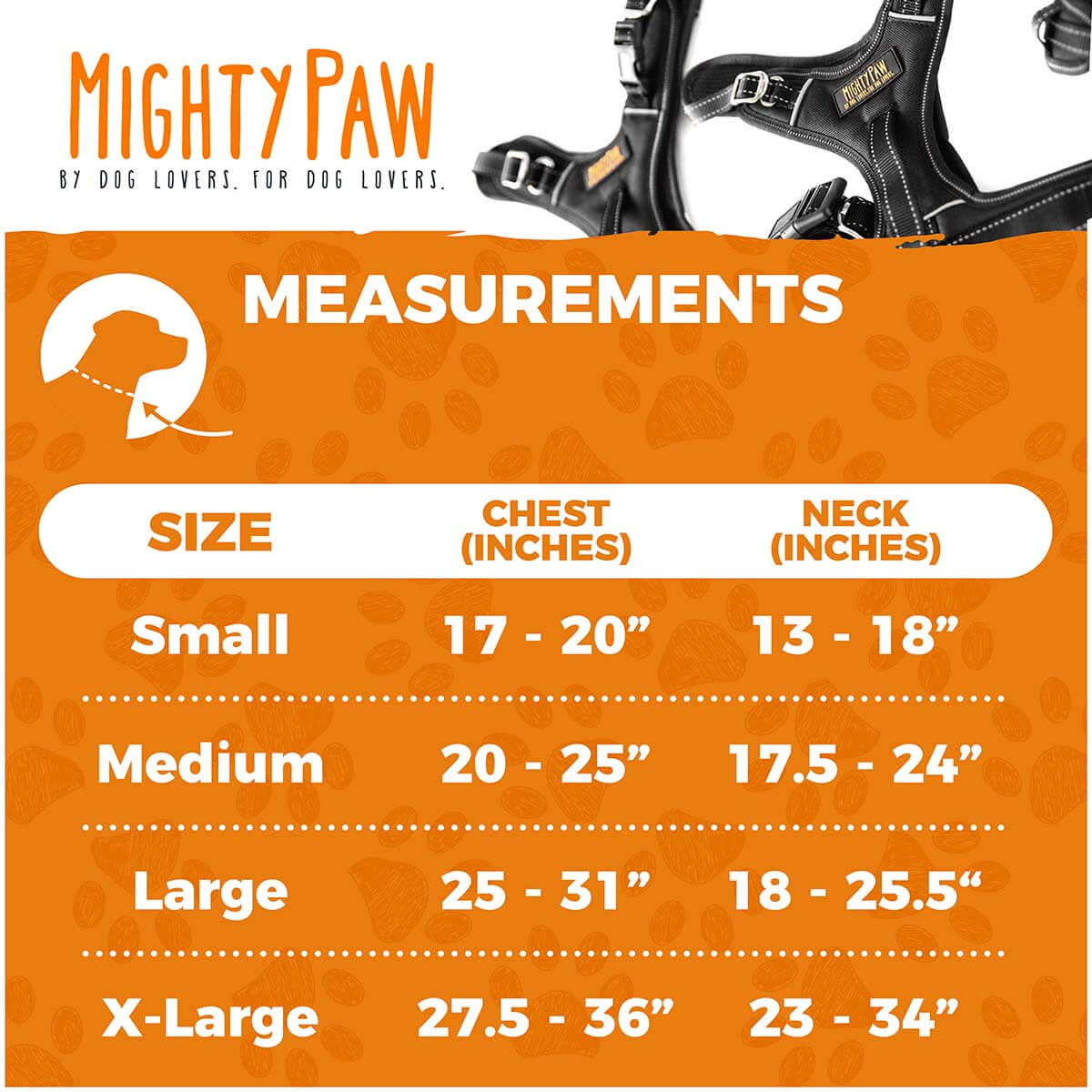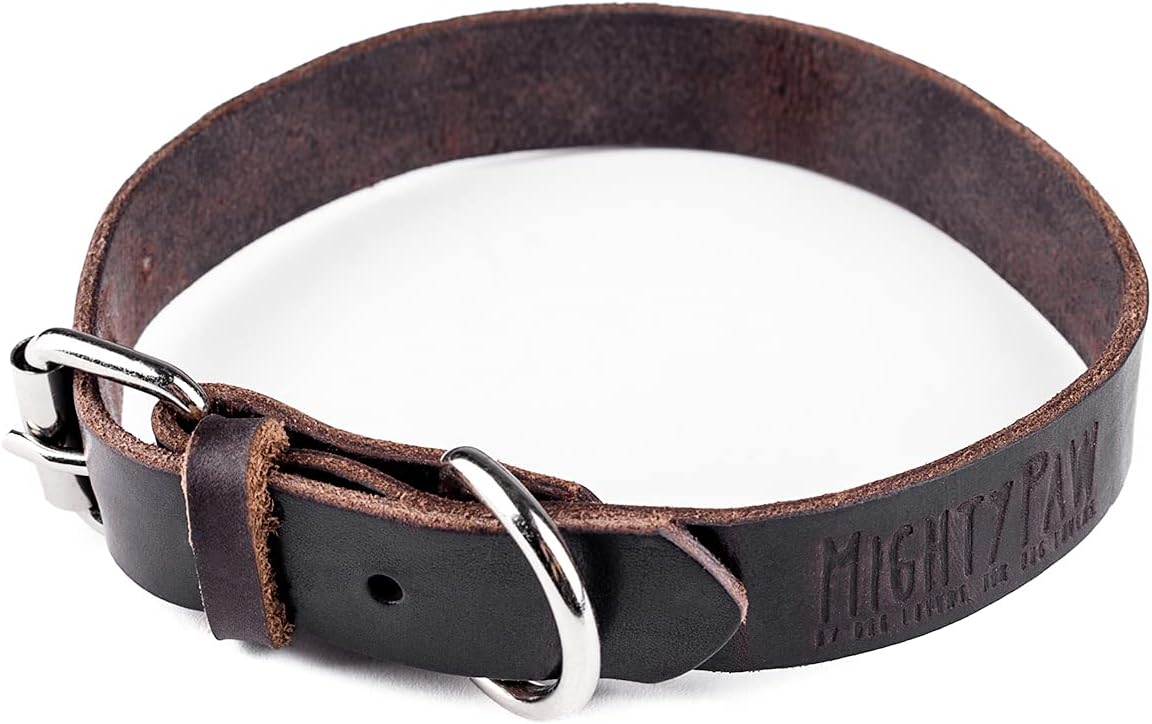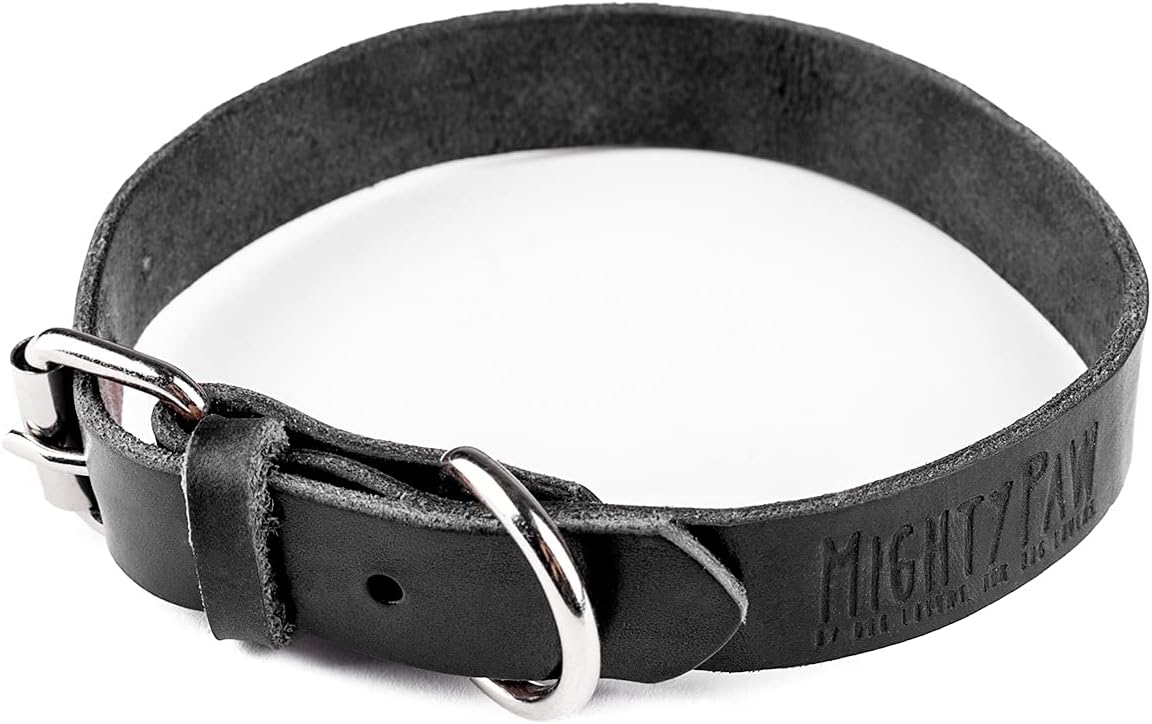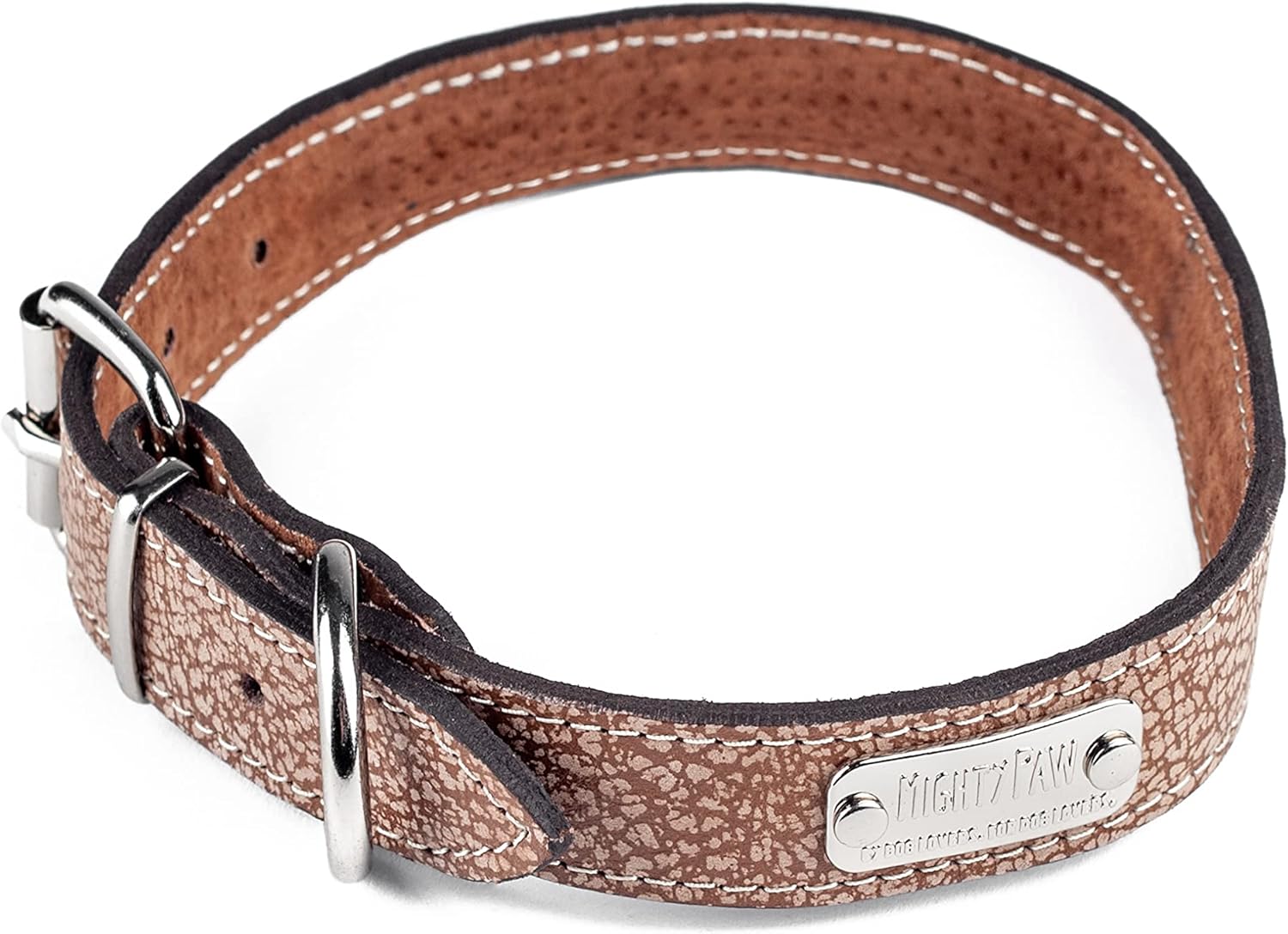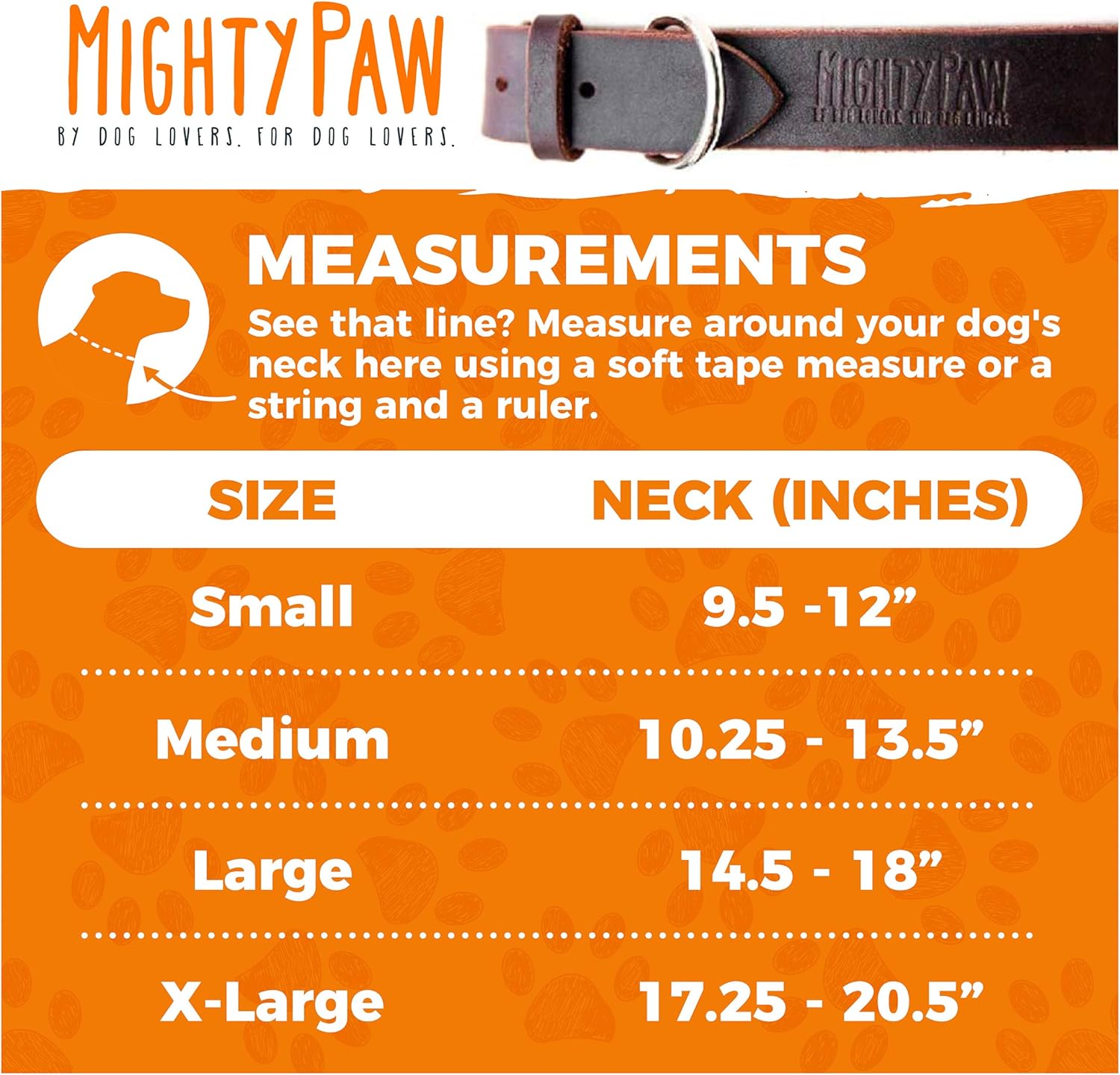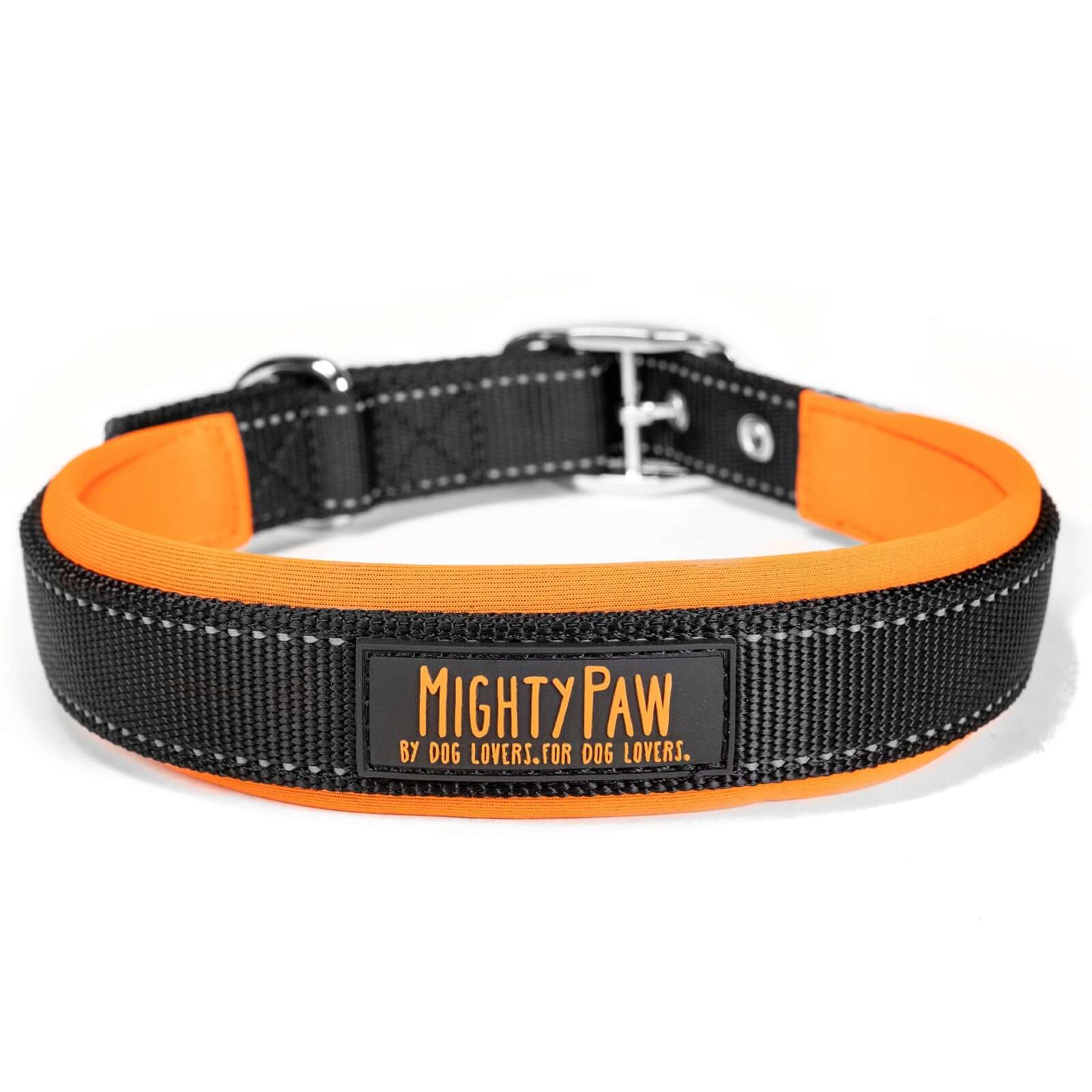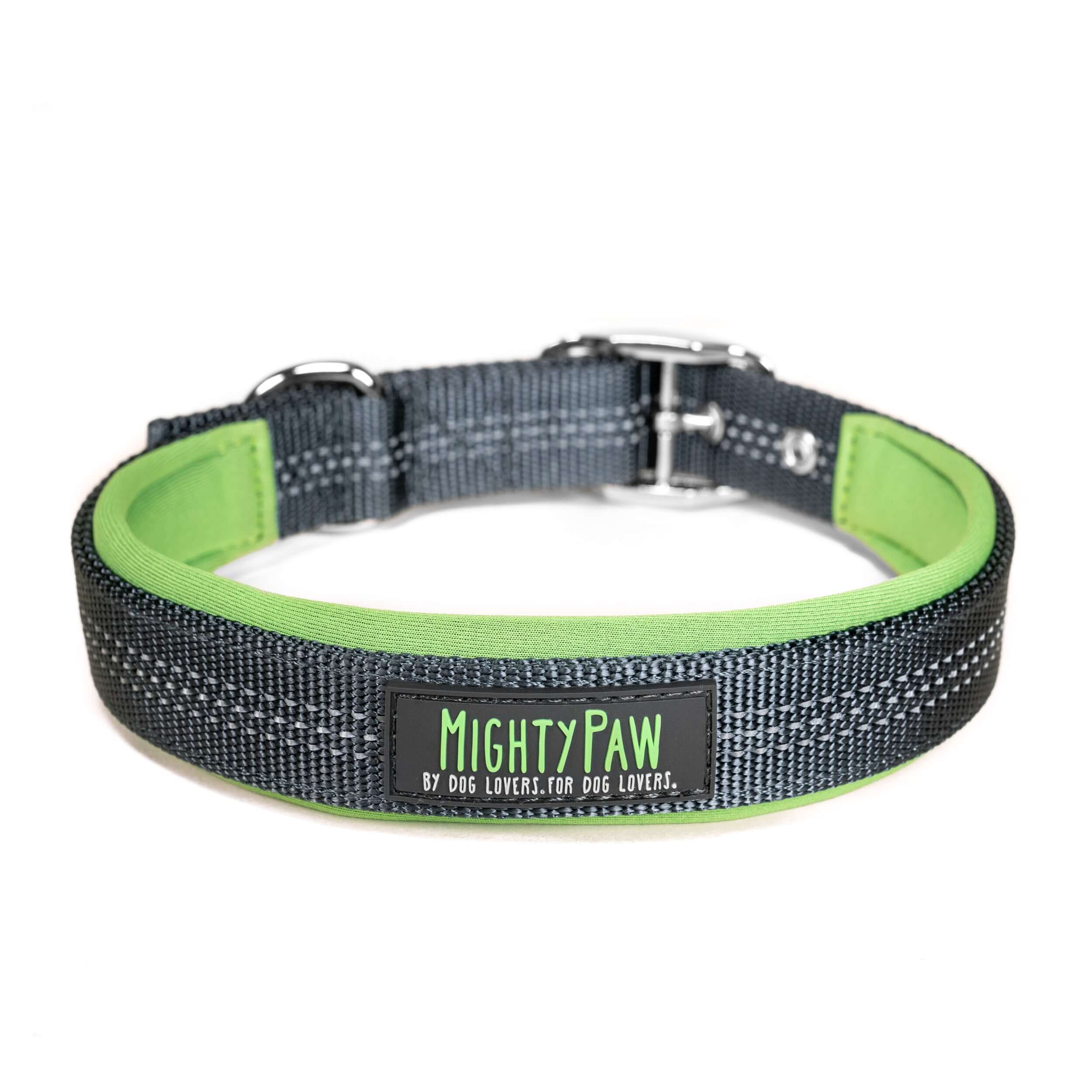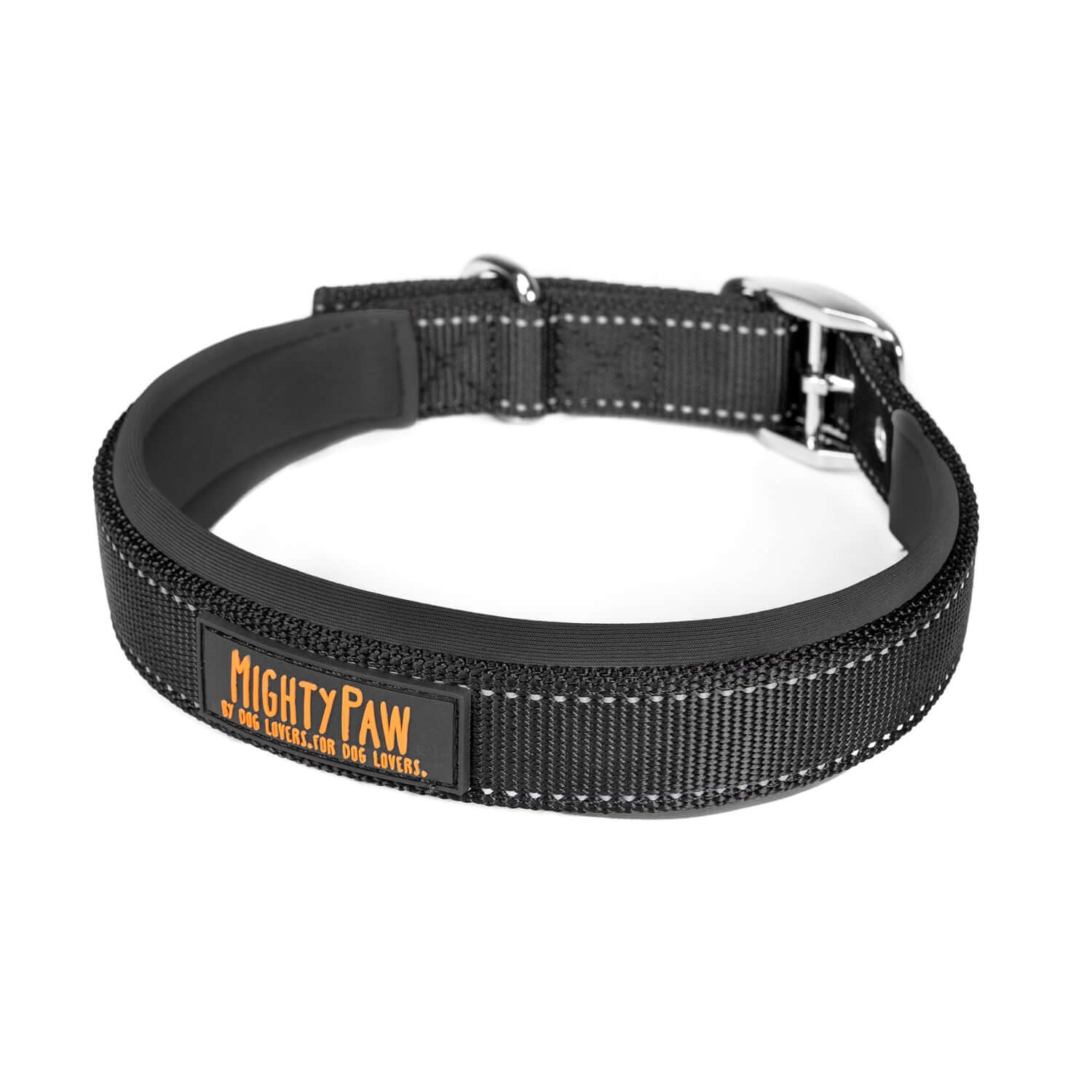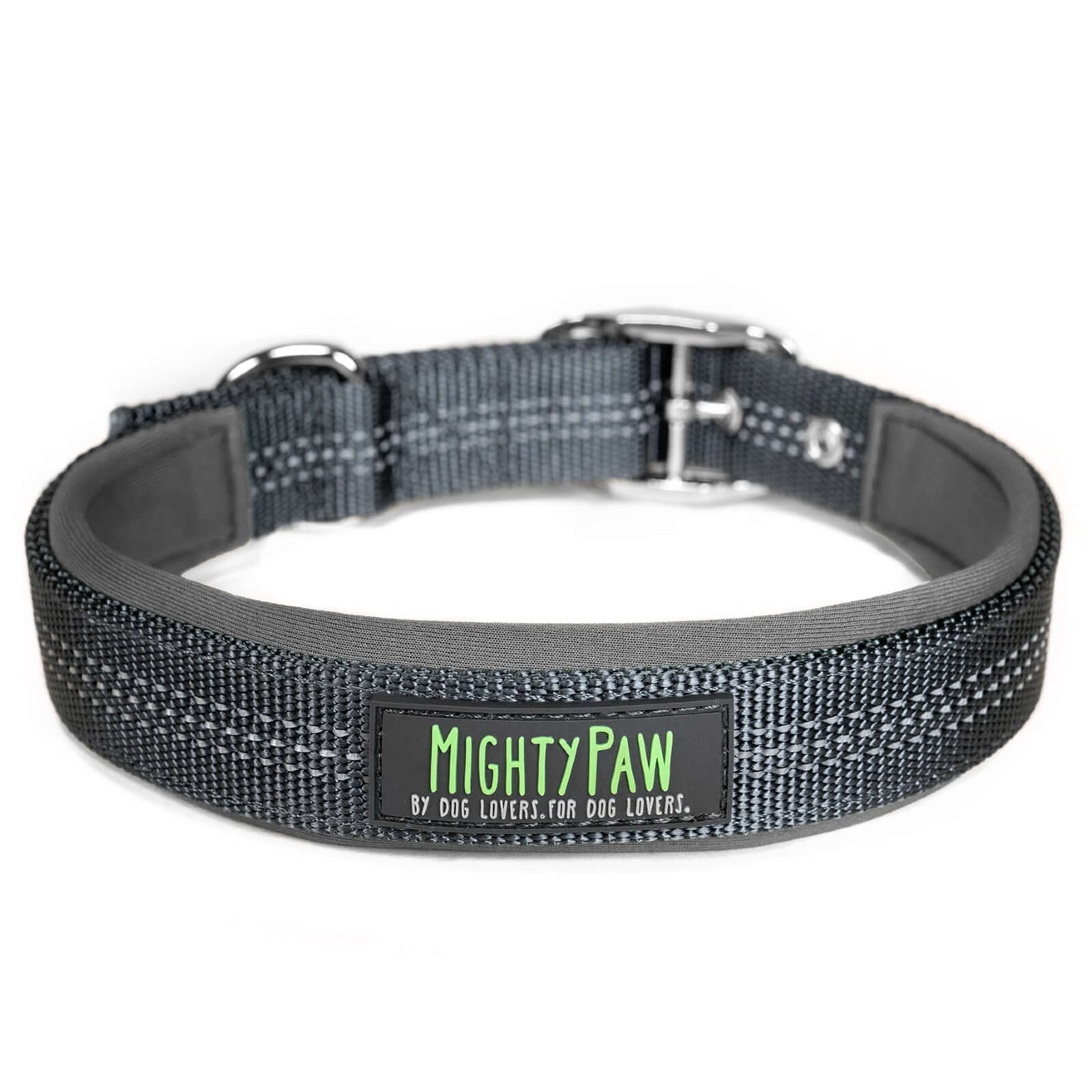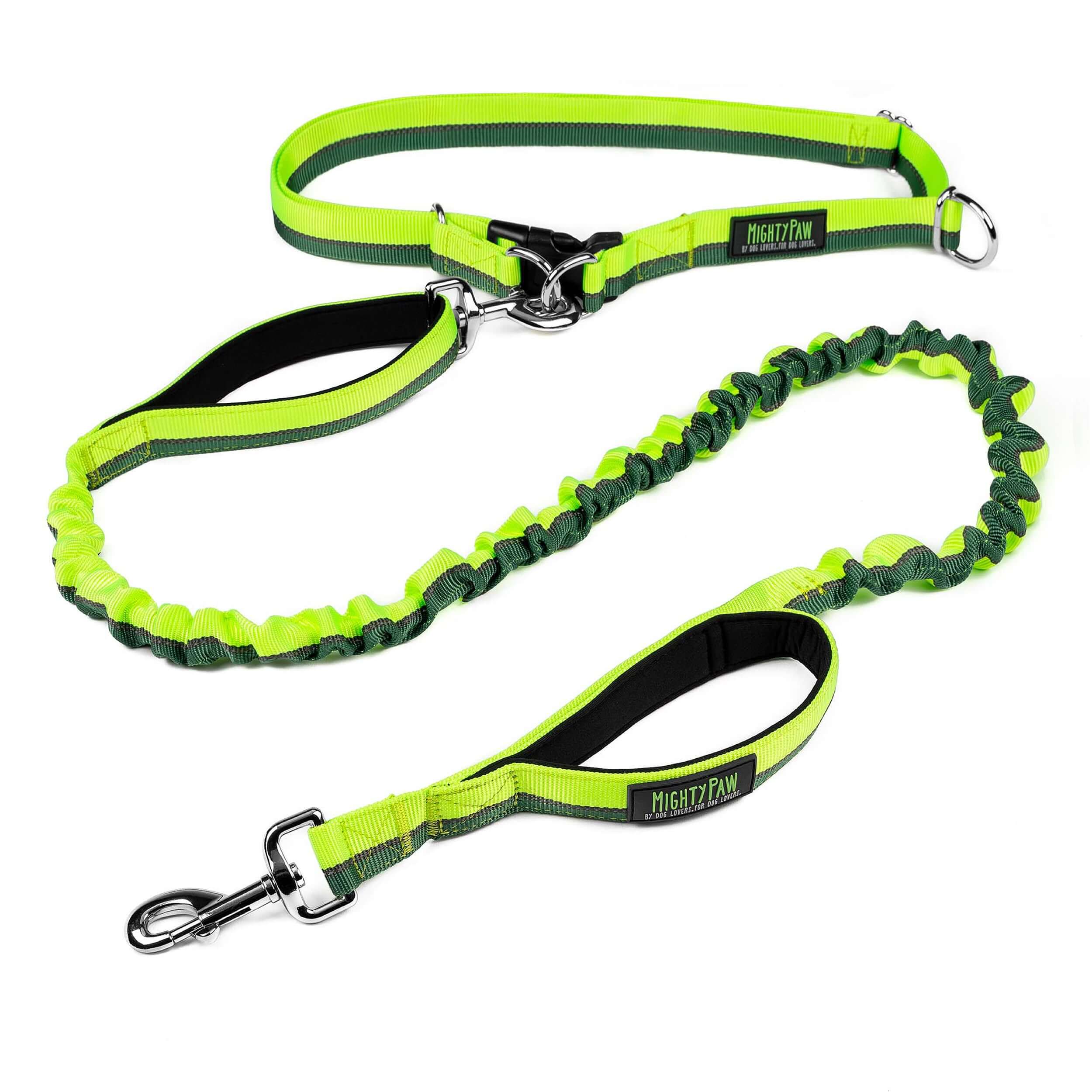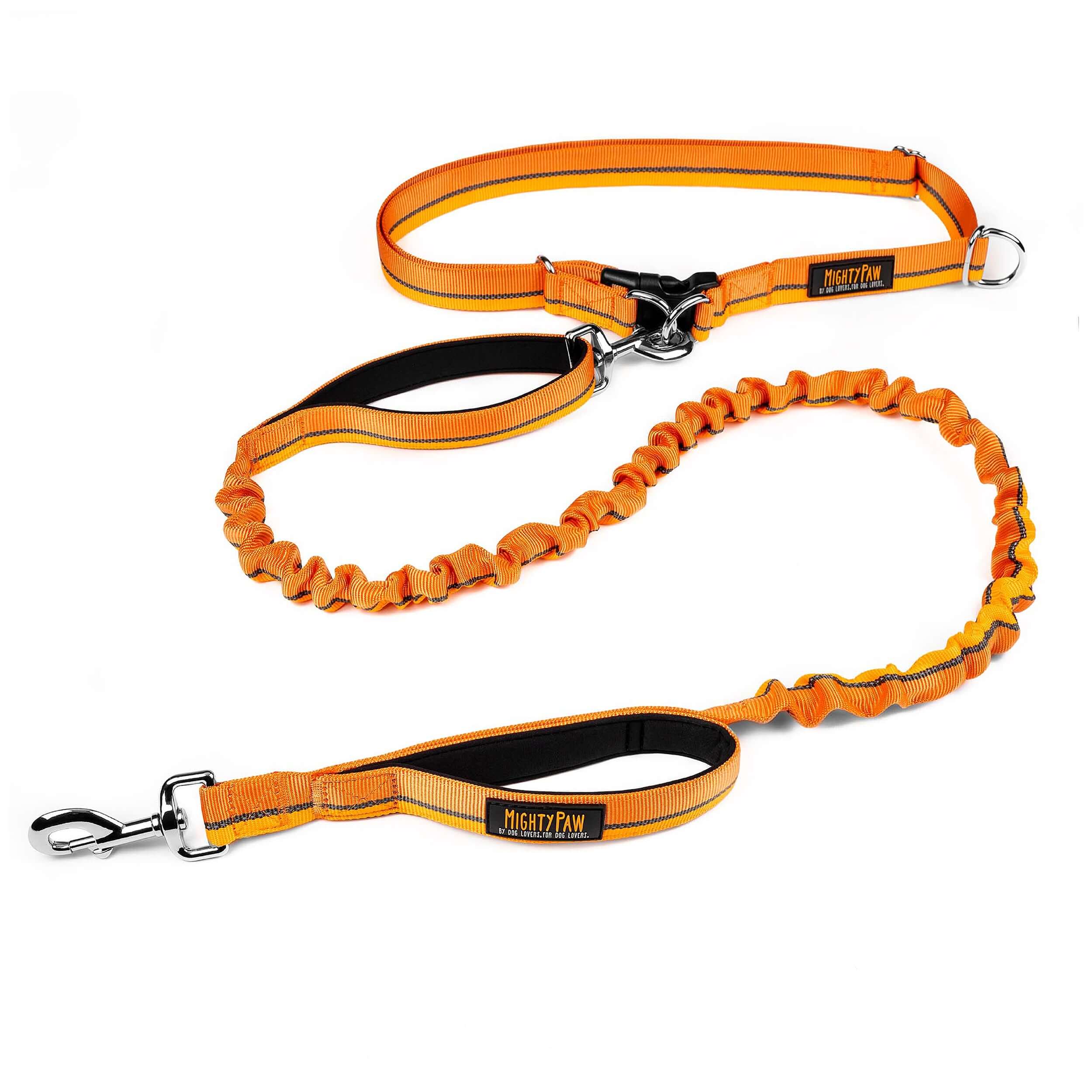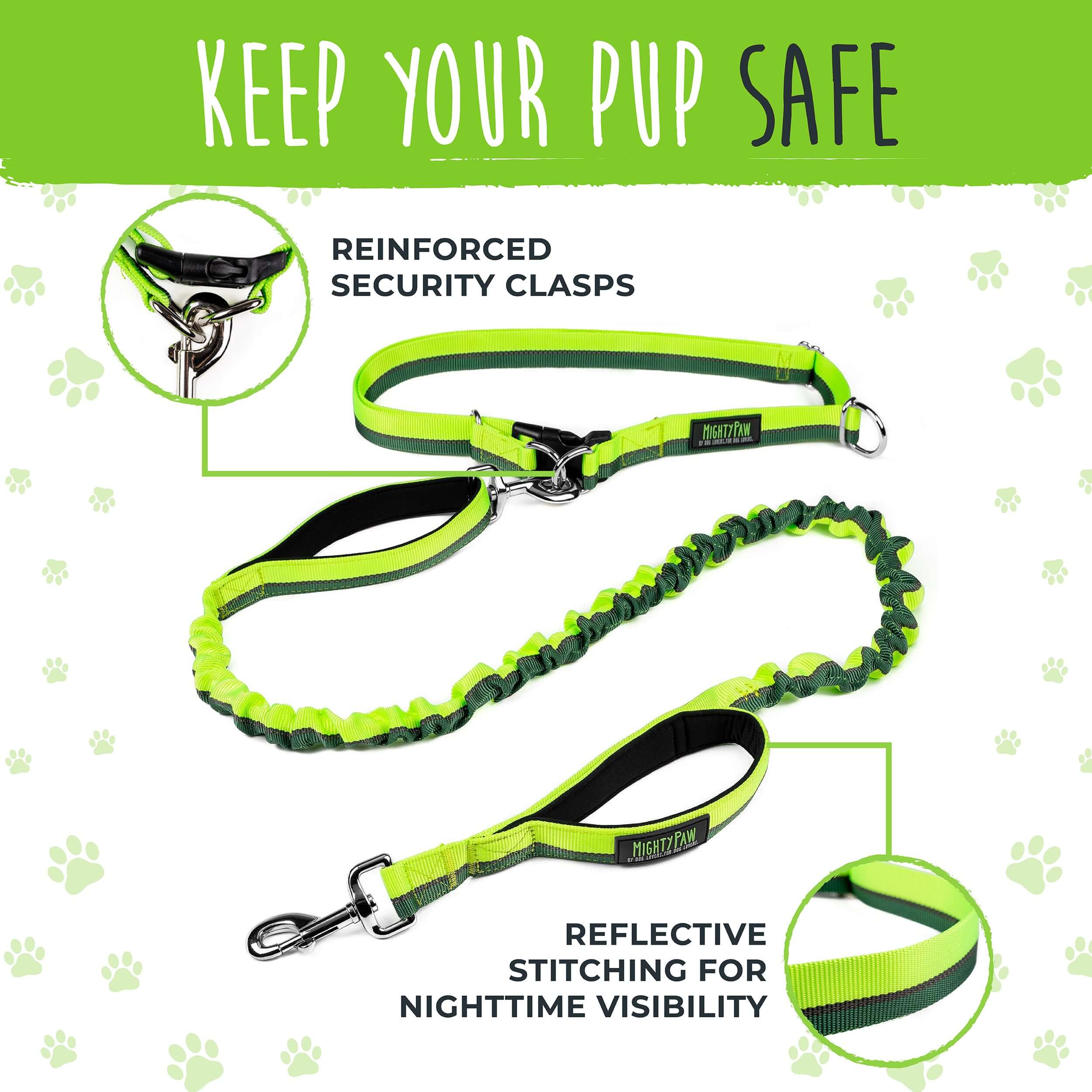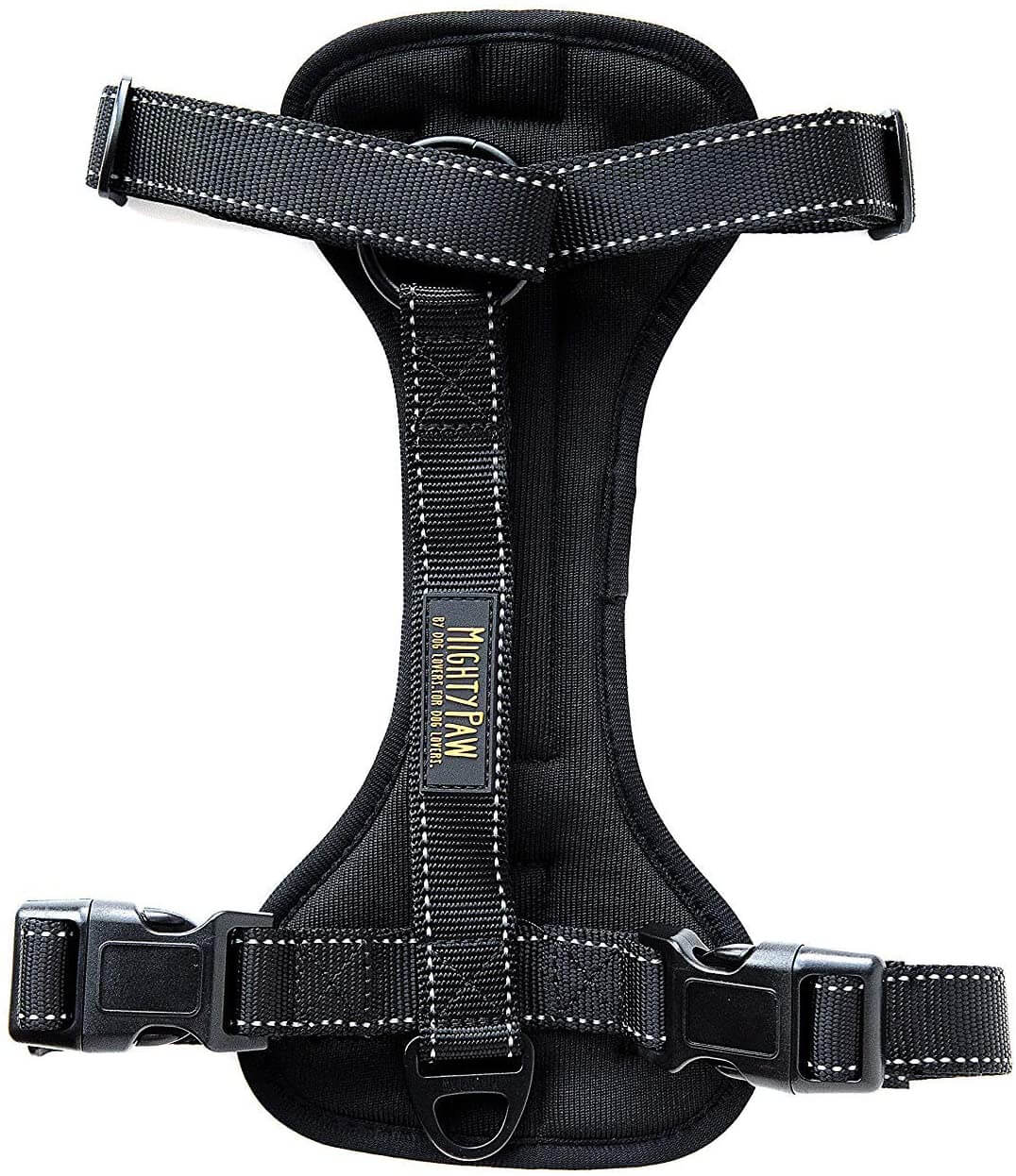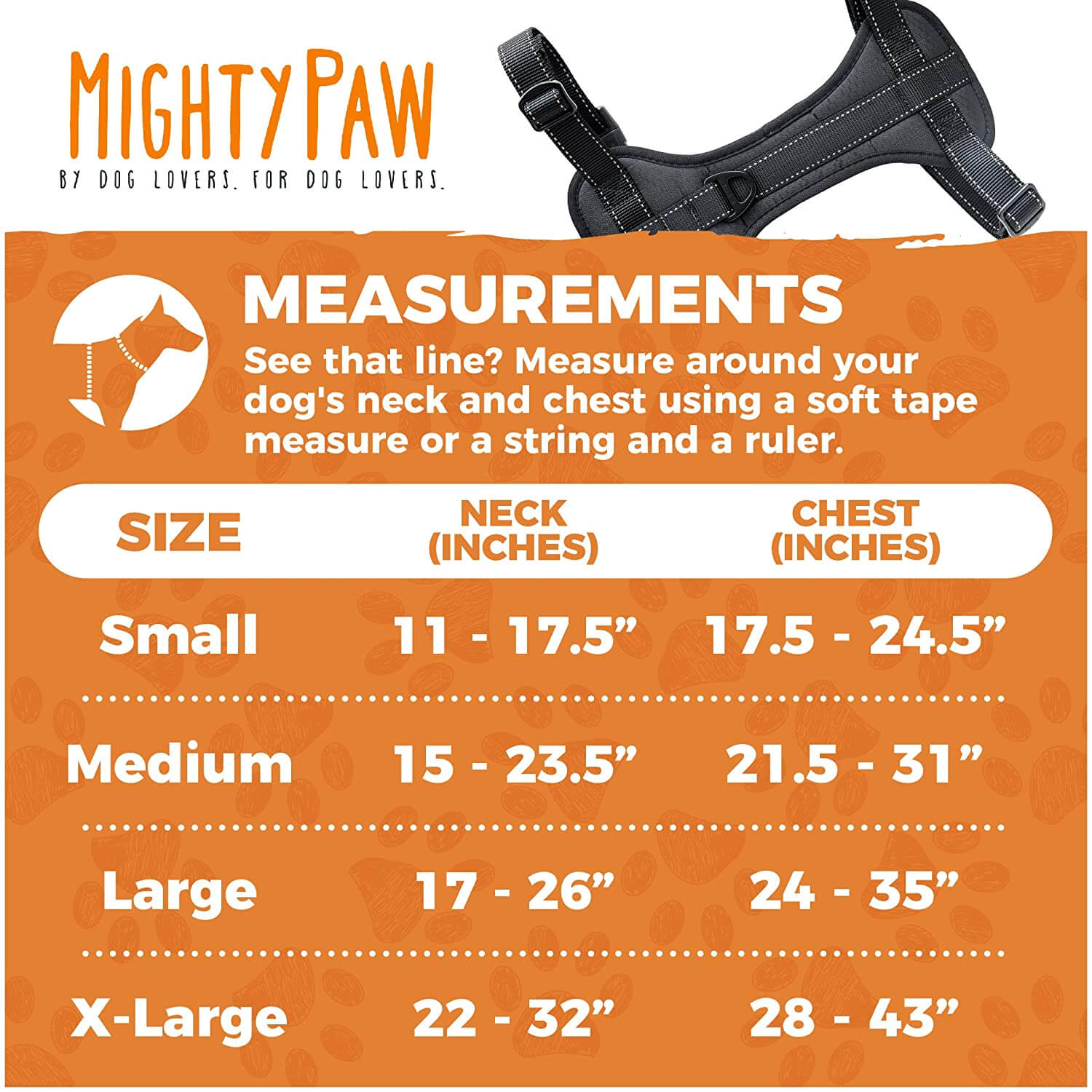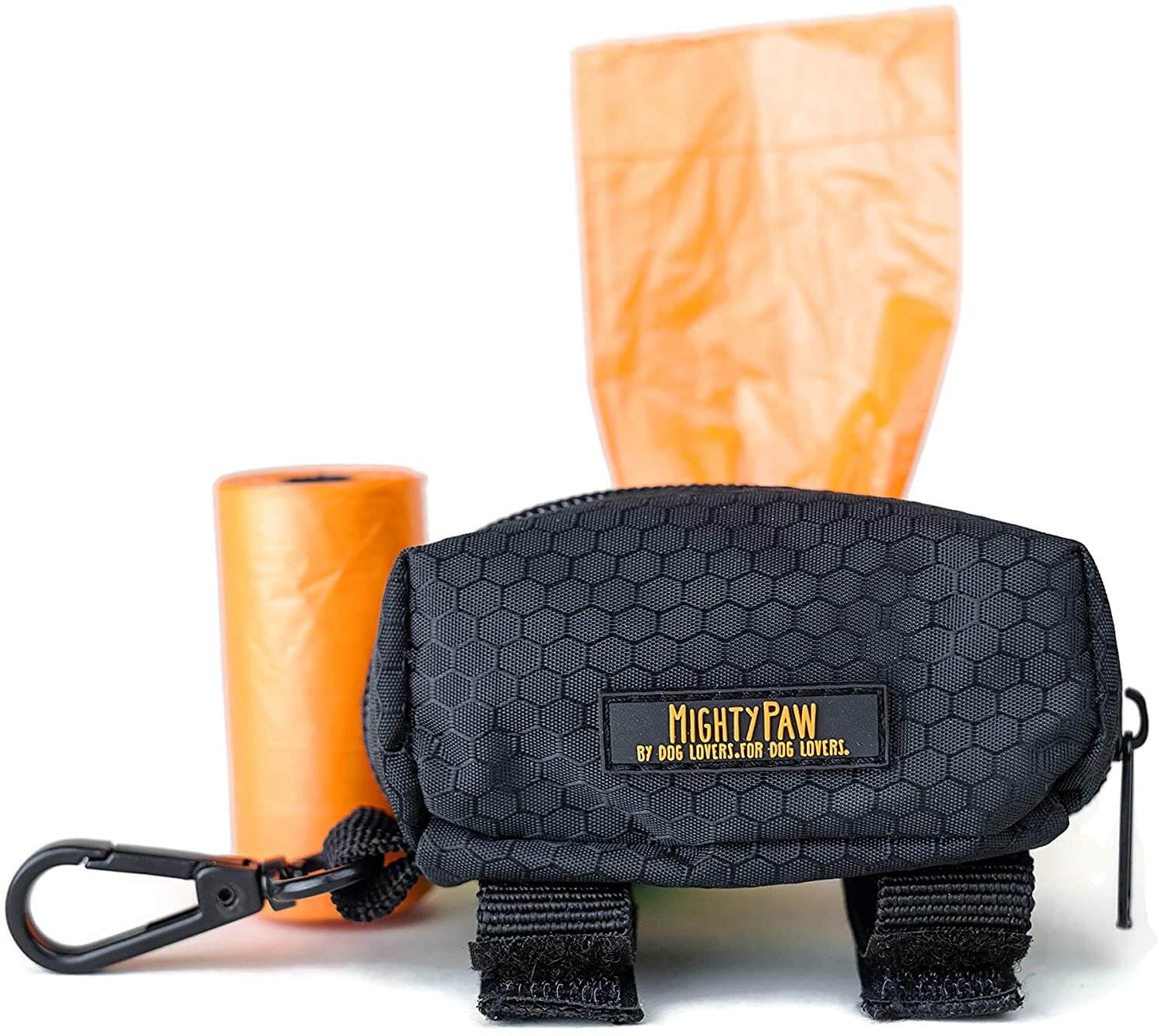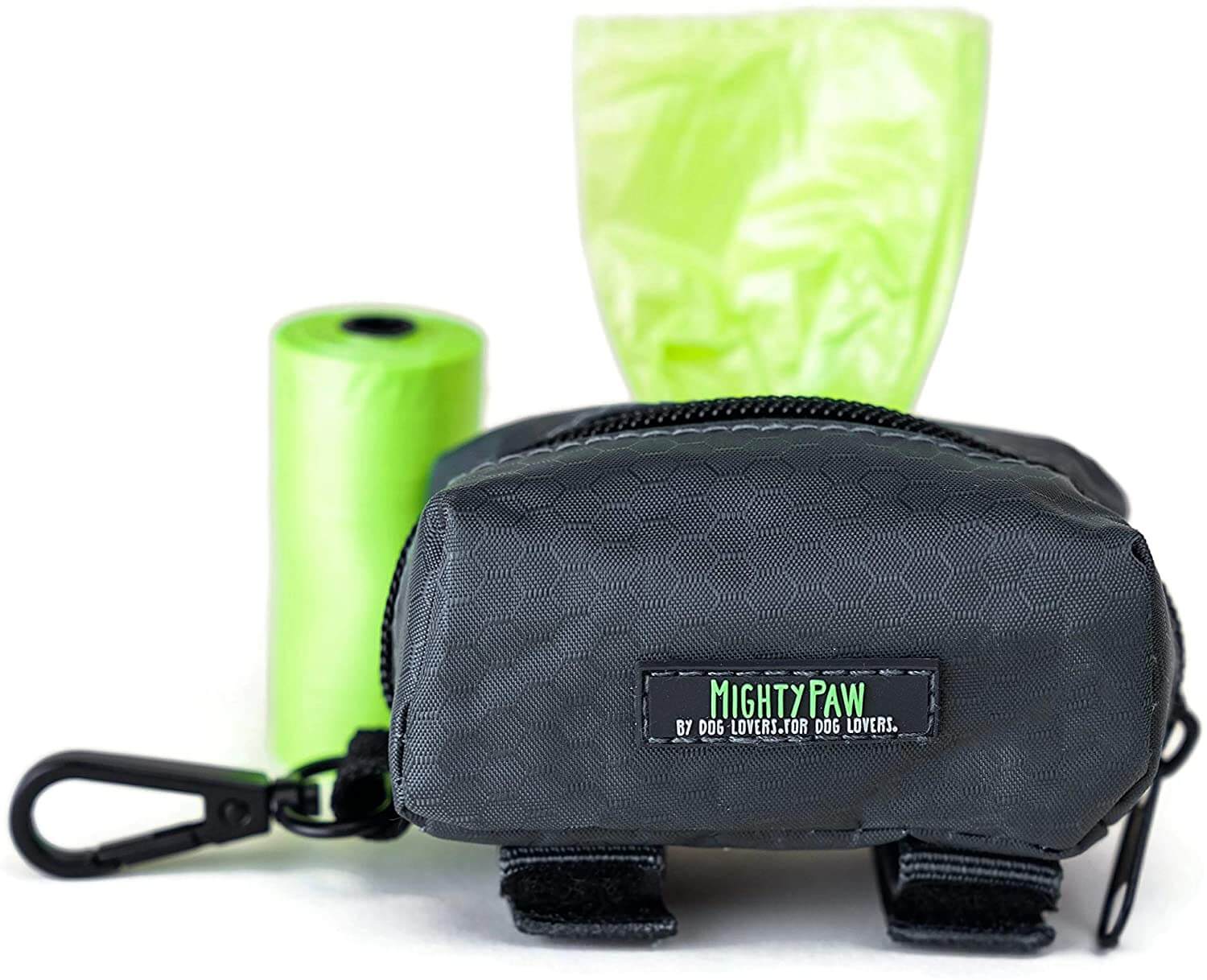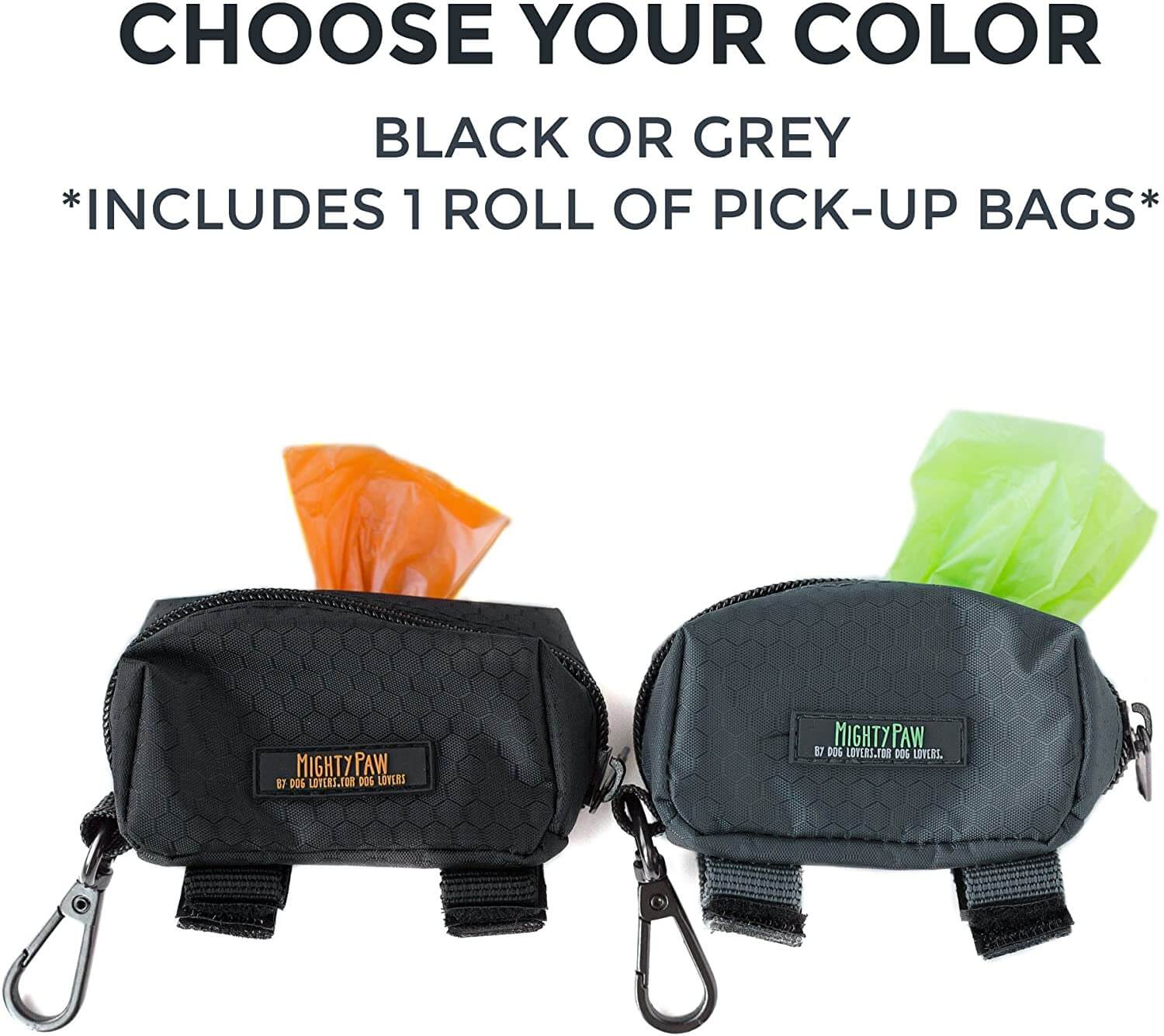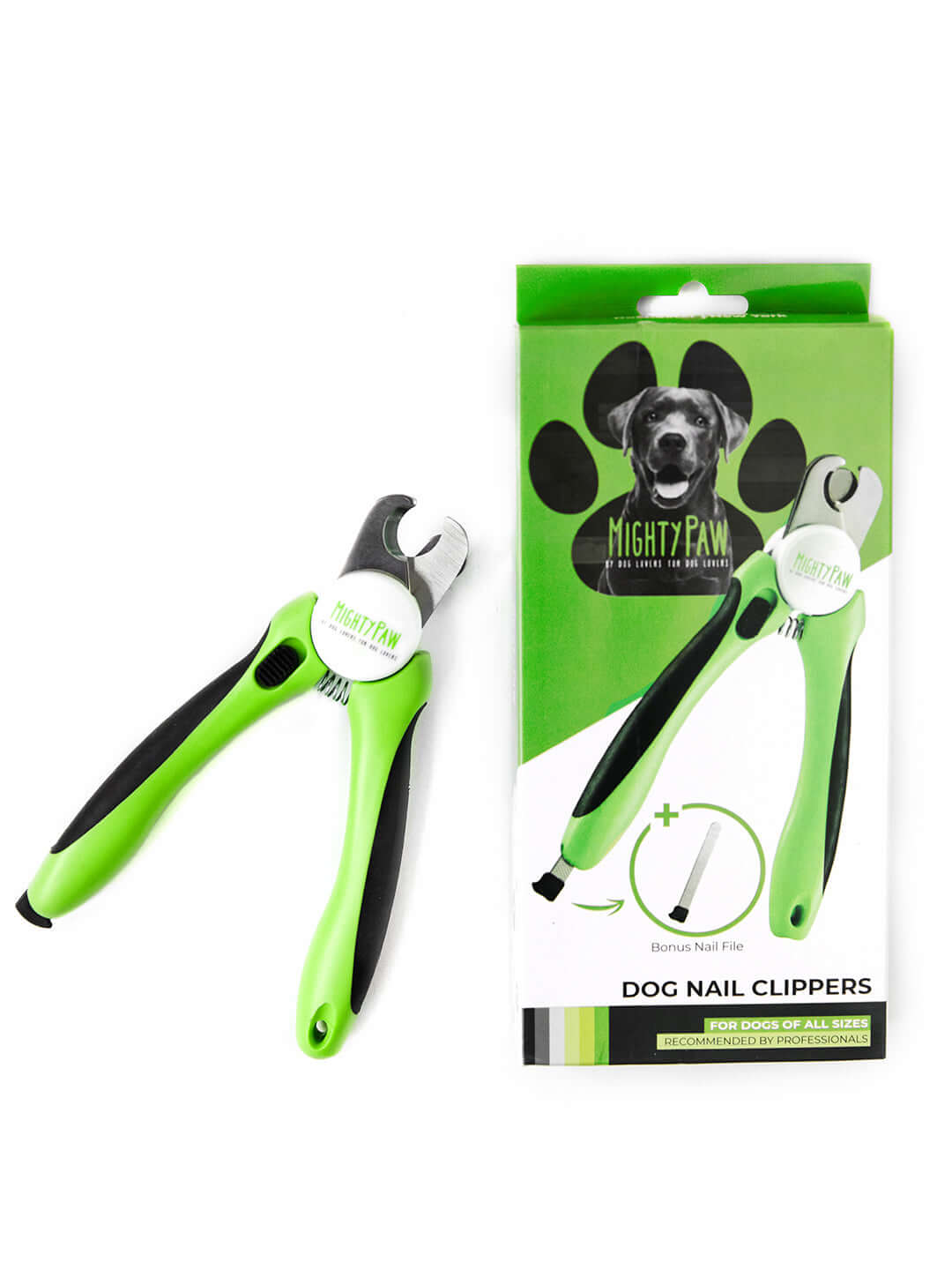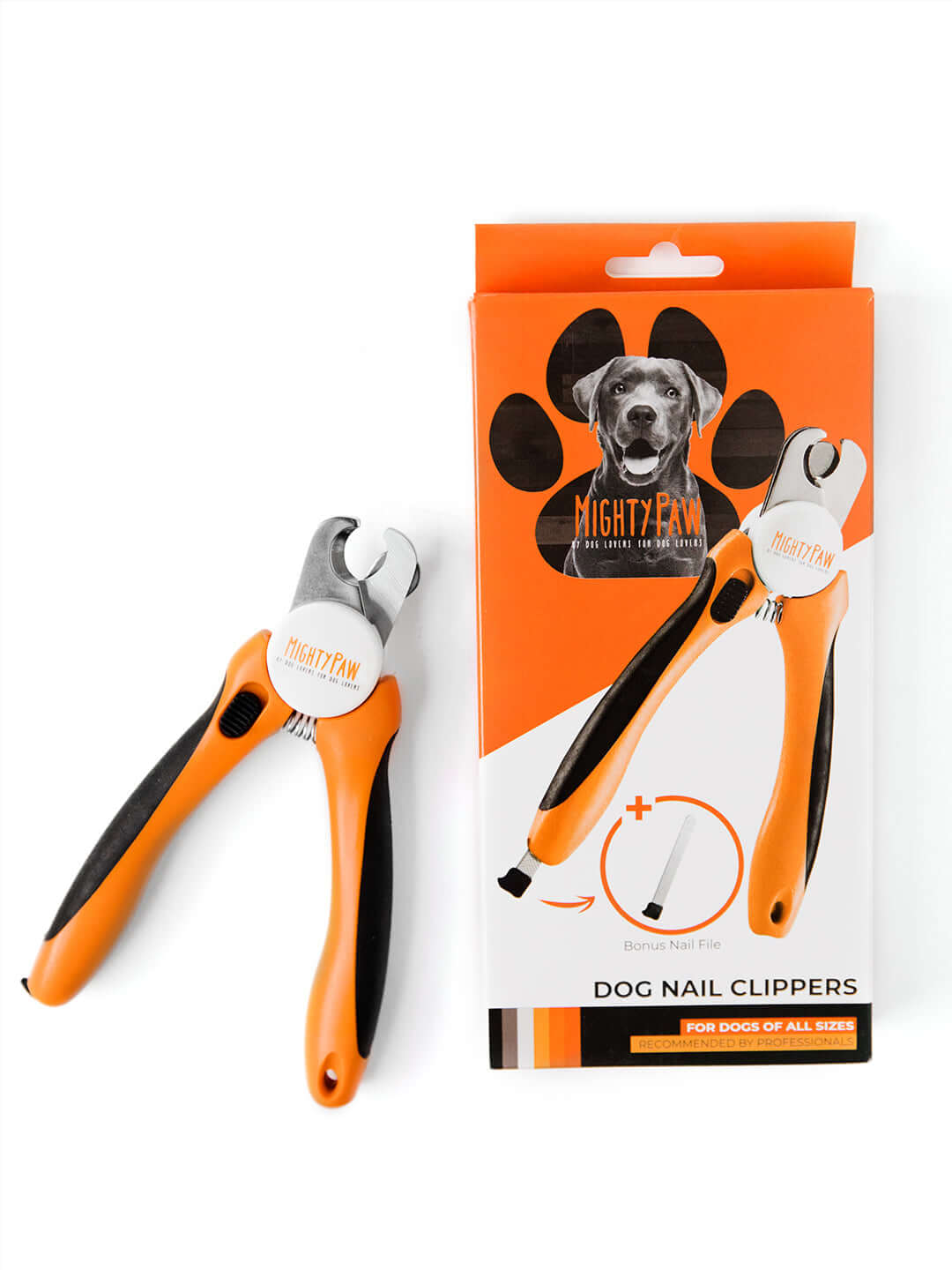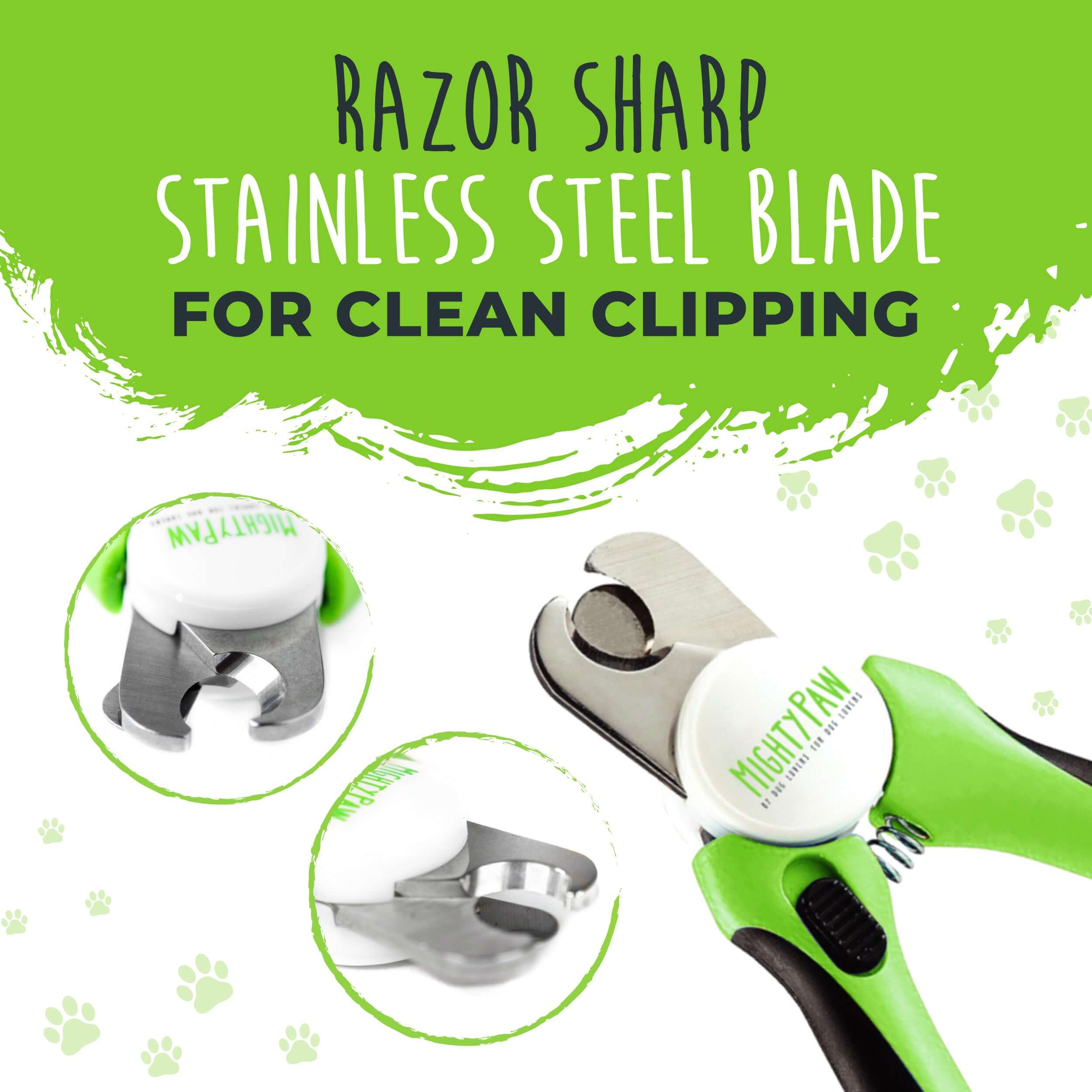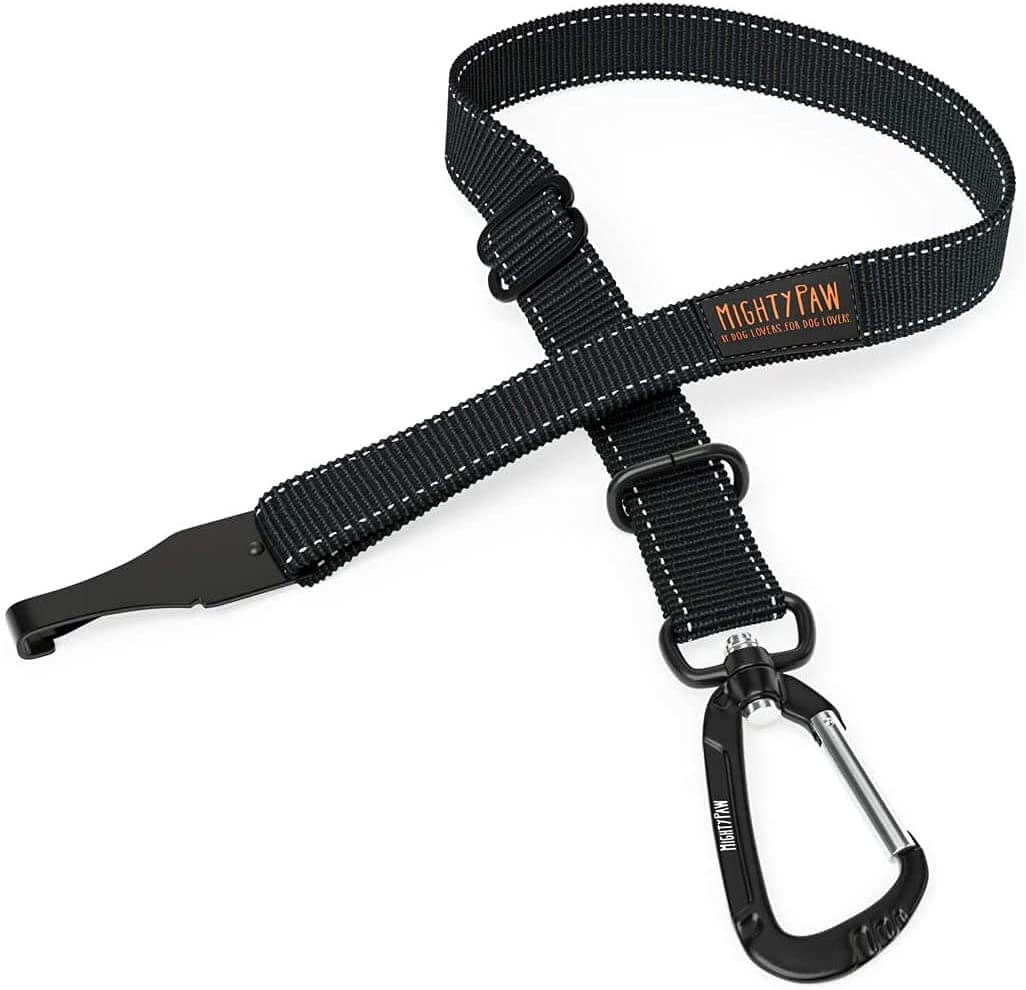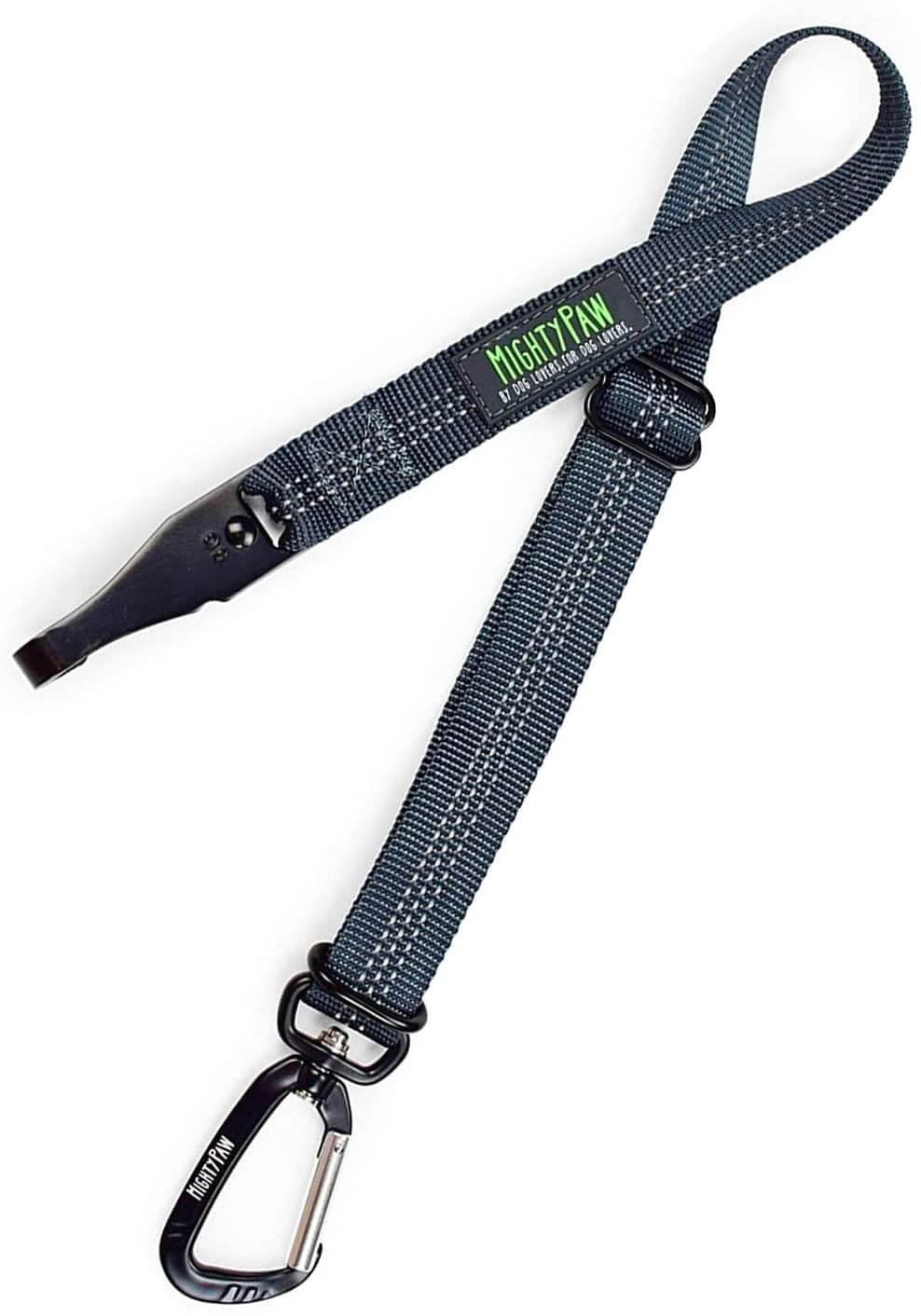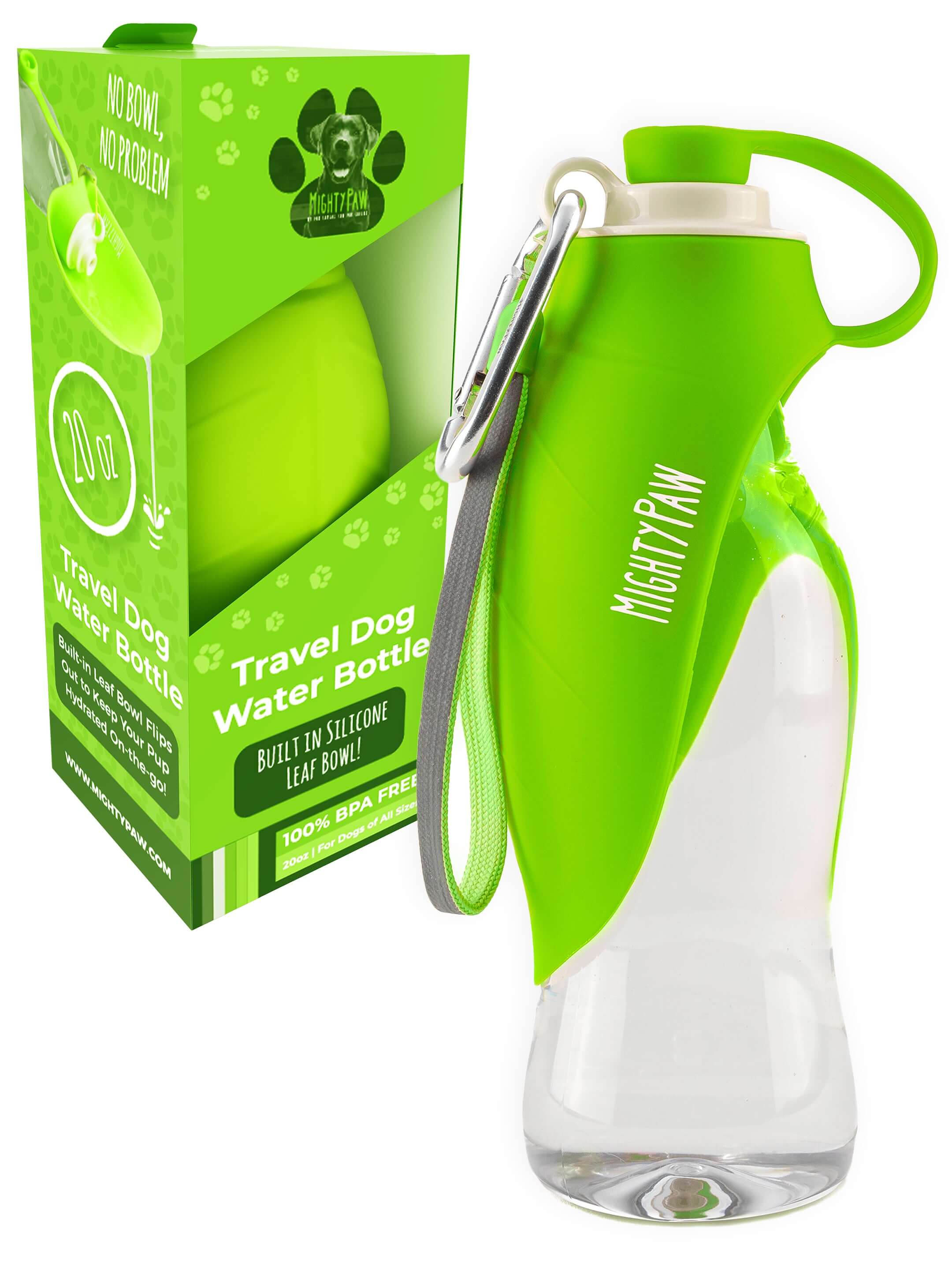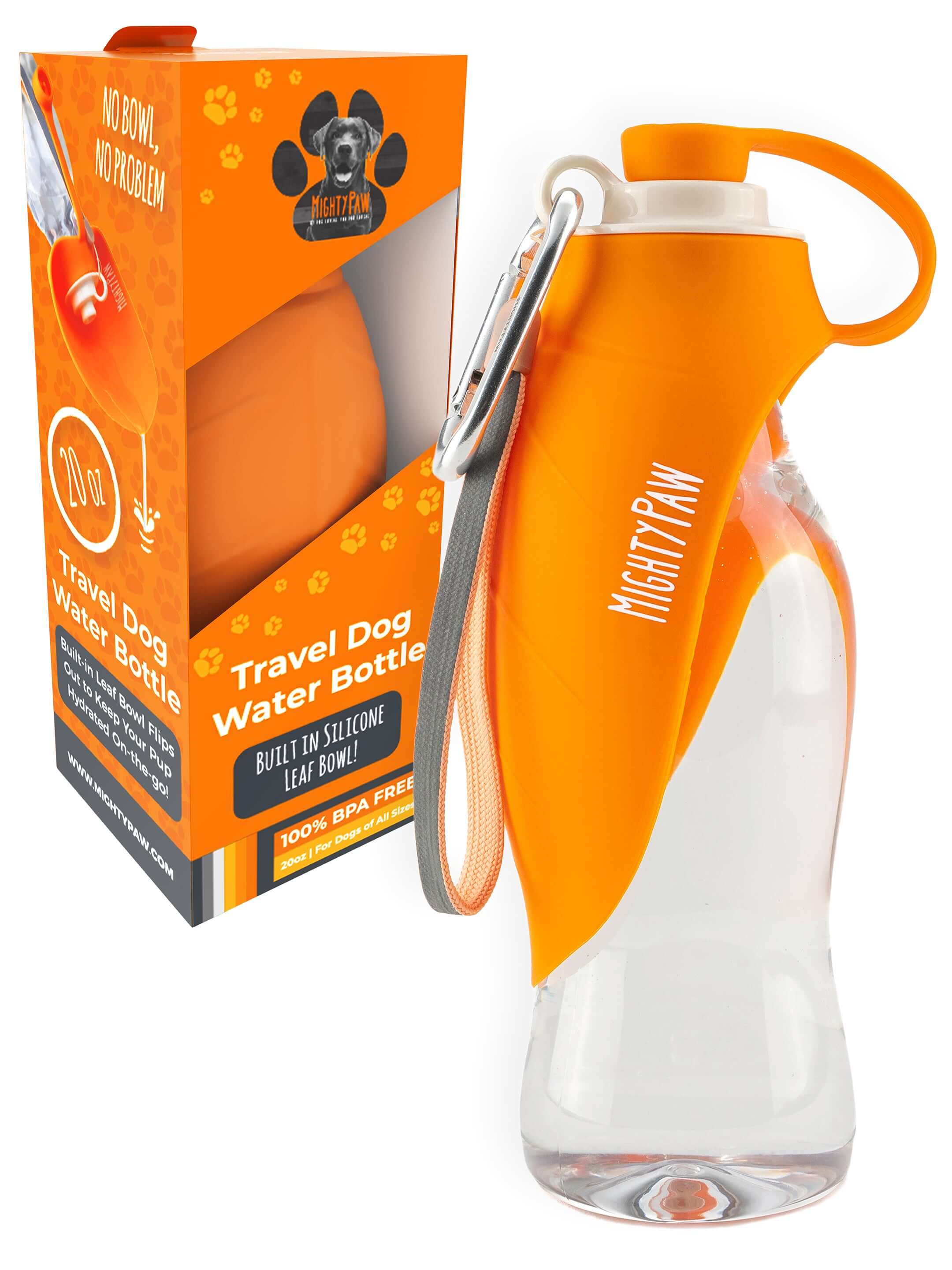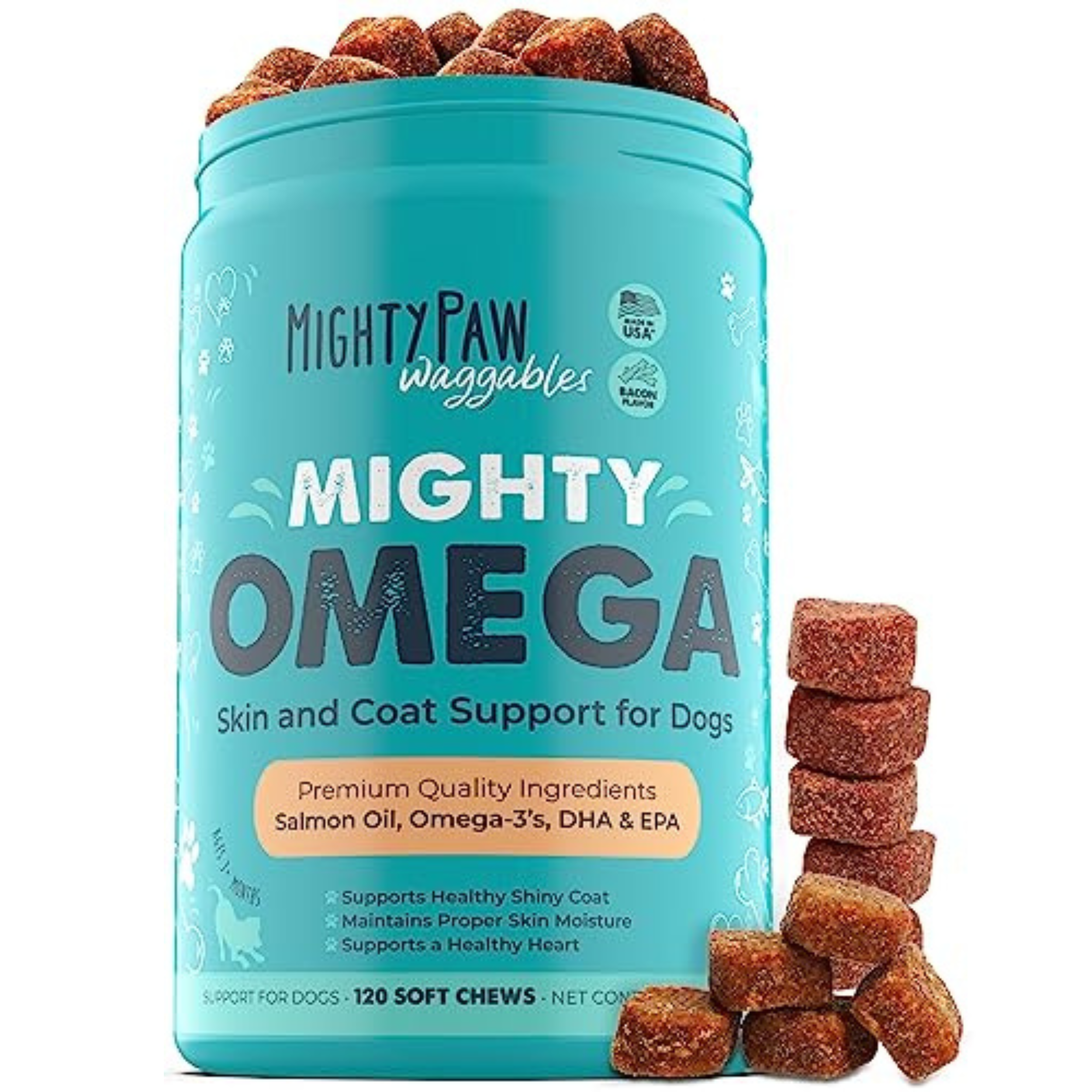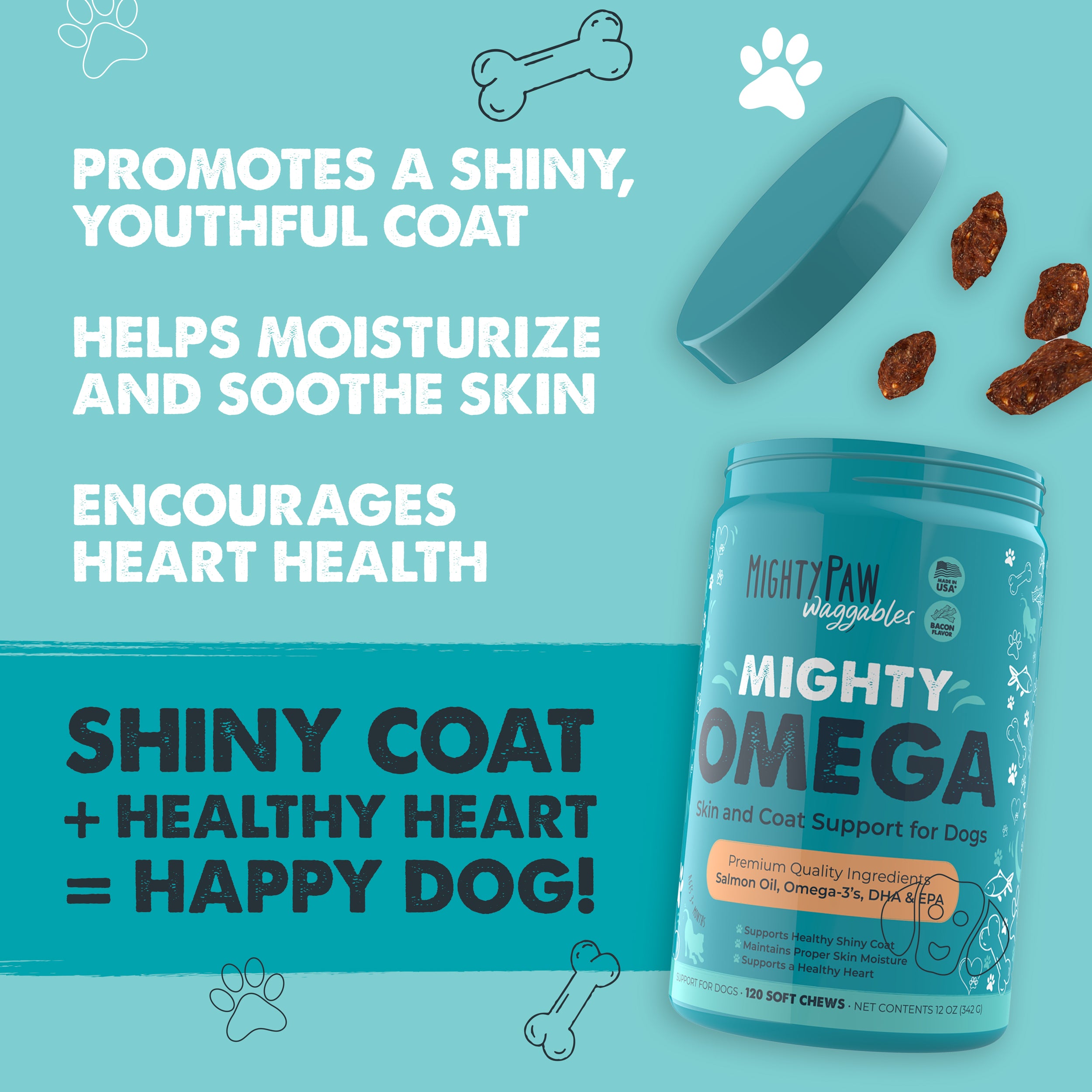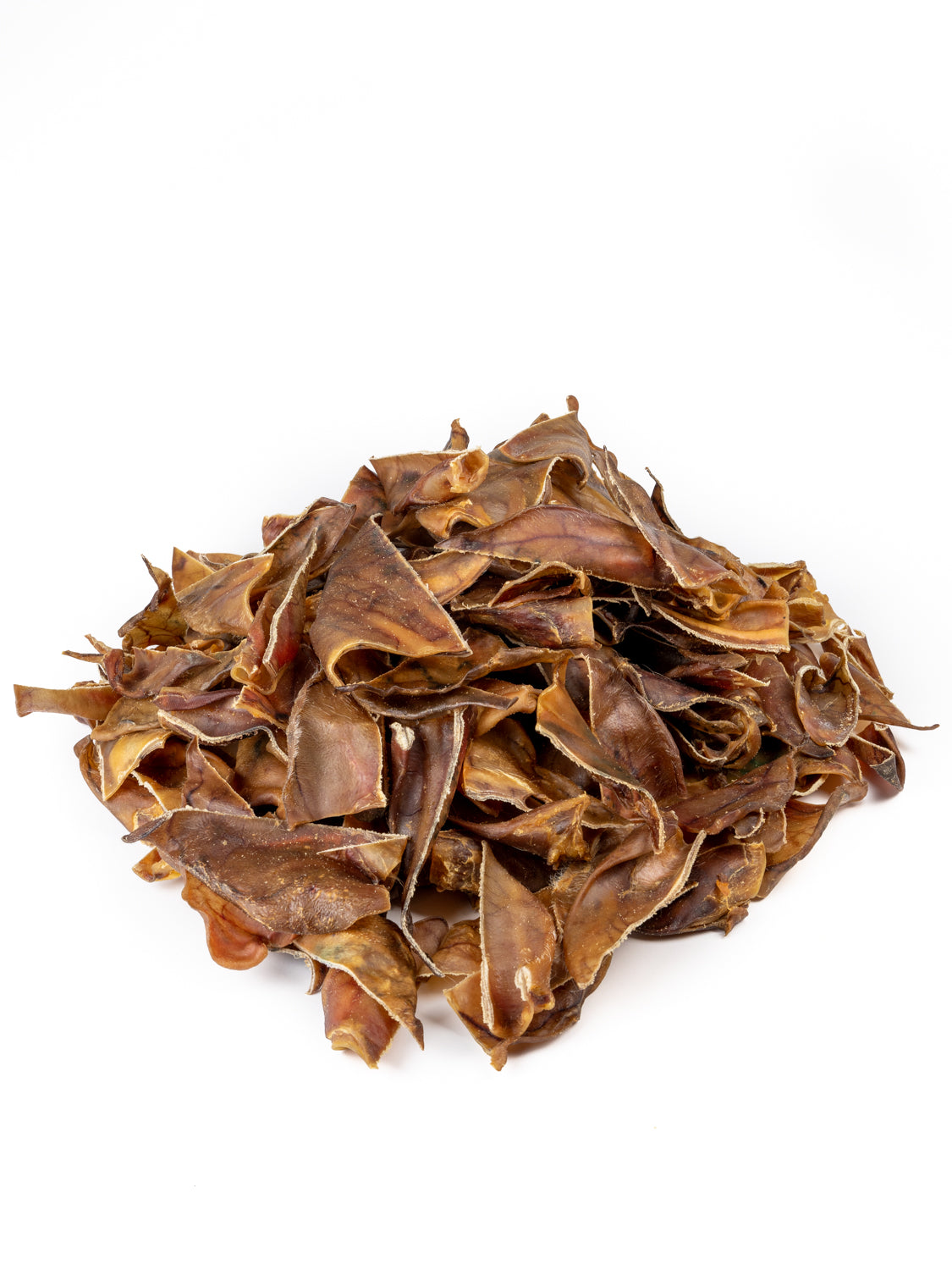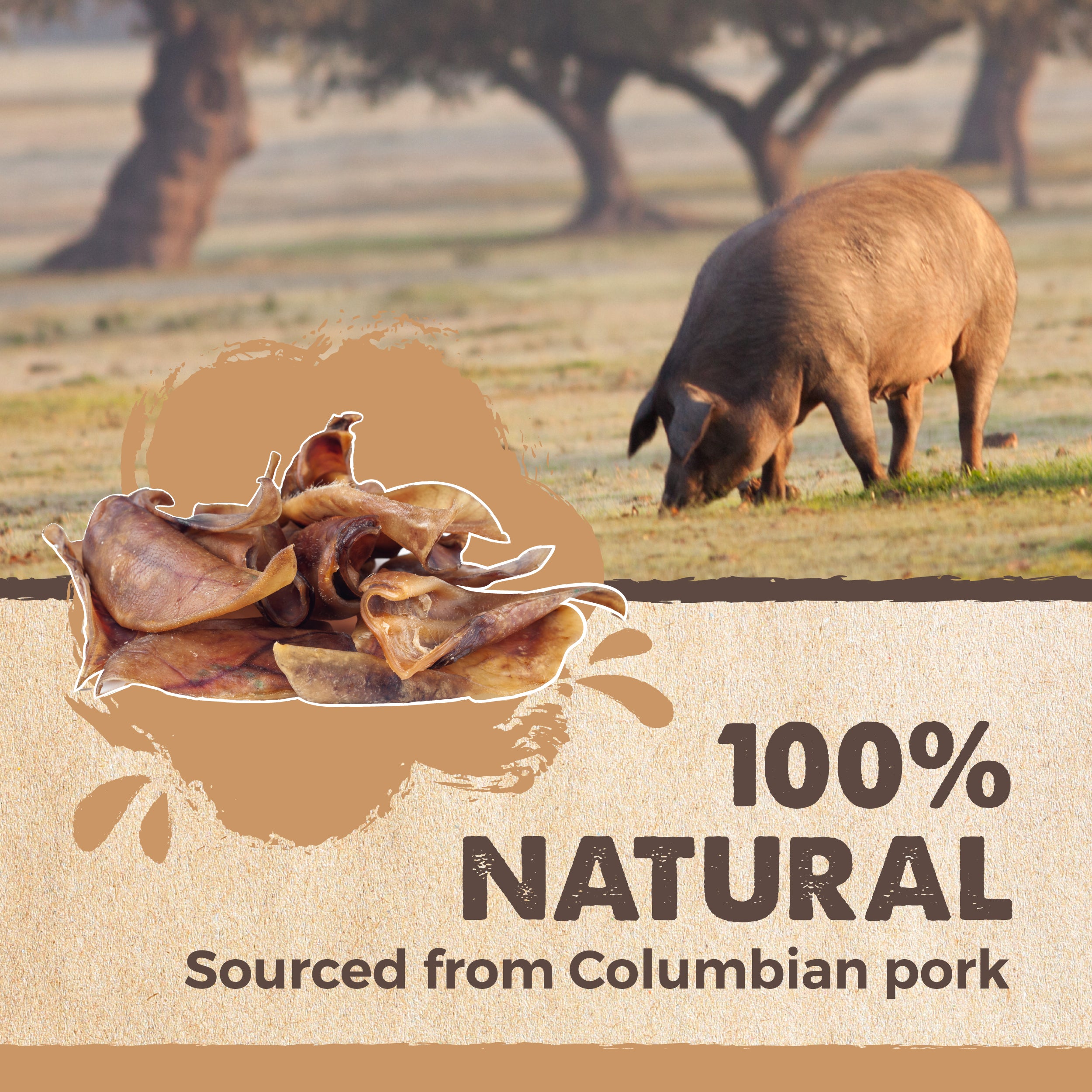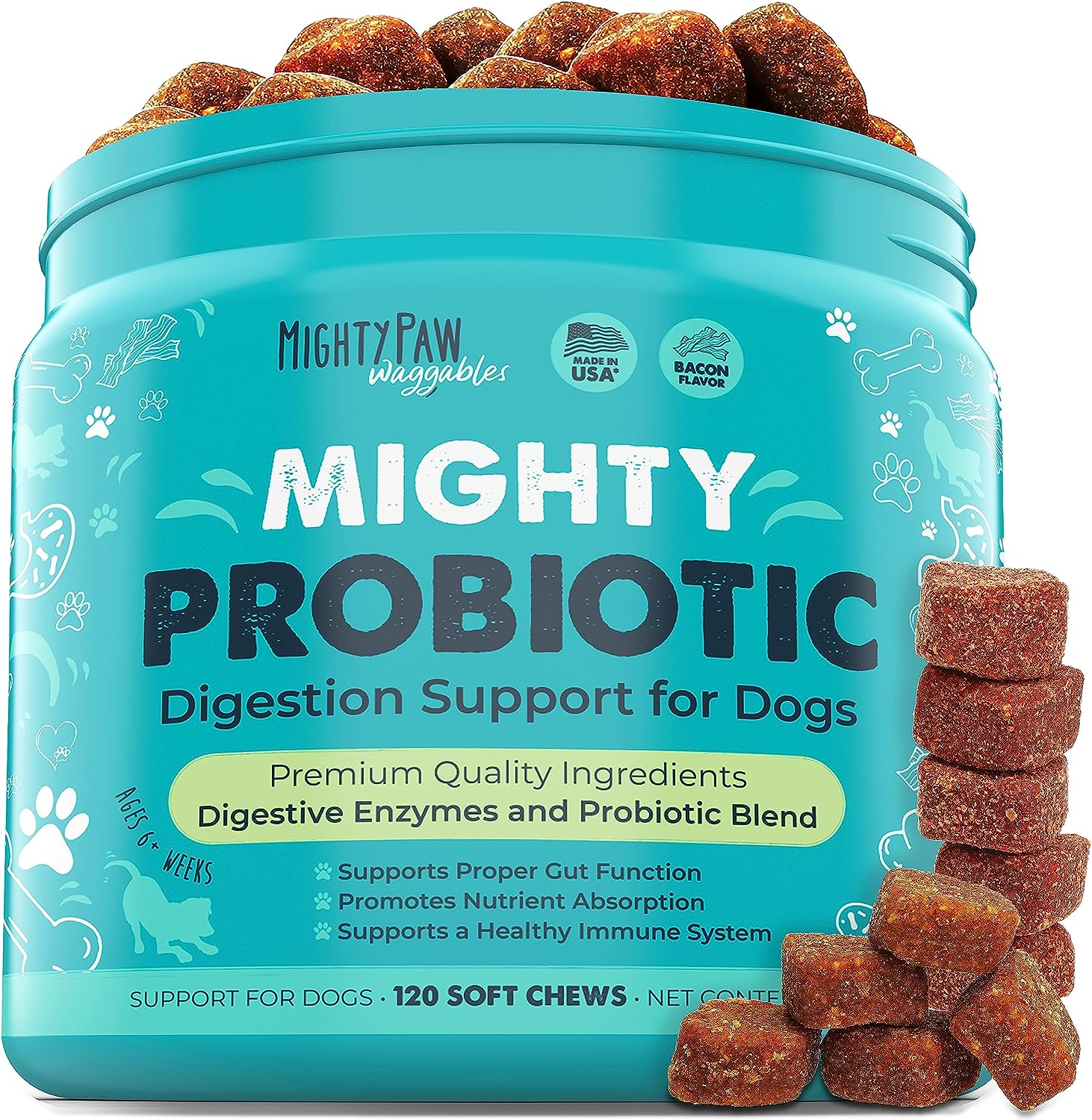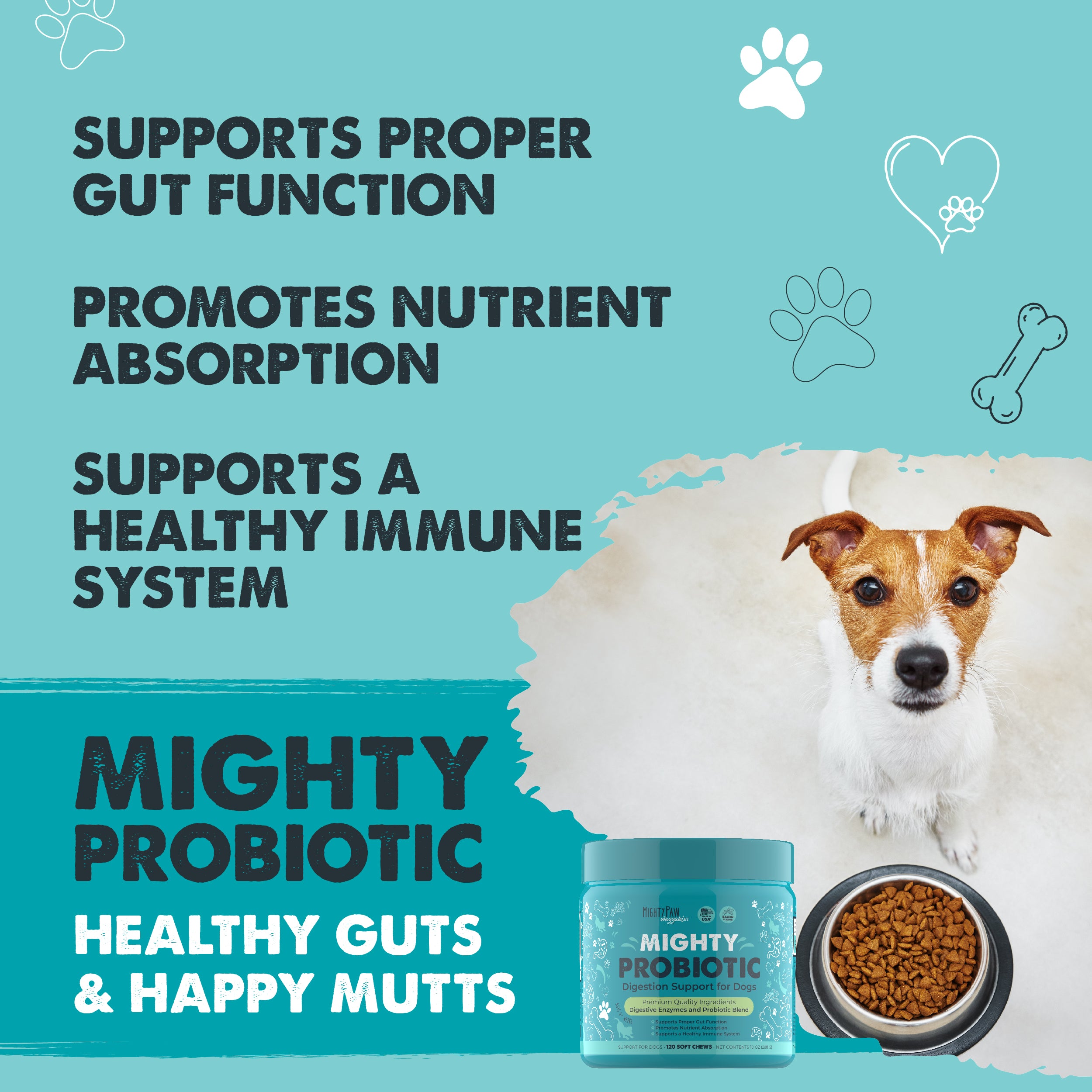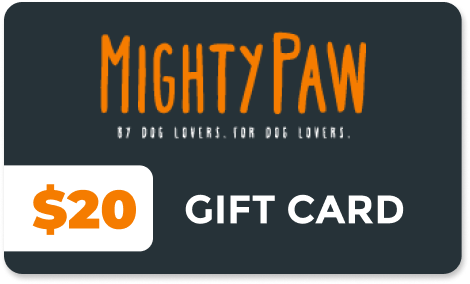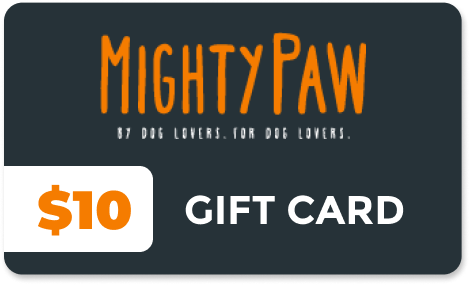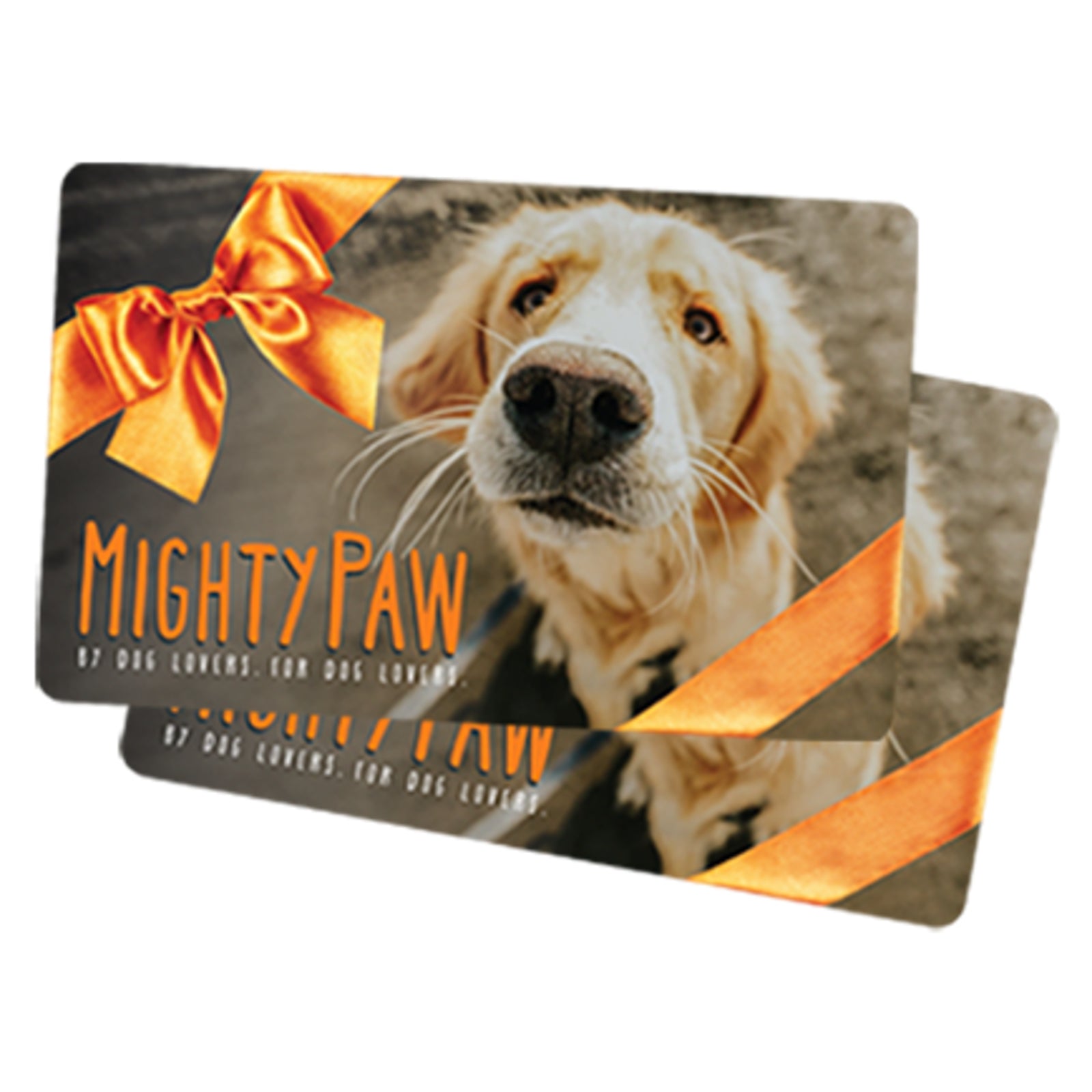What's the difference between the fatty acids?
What does each essential fatty acid do for your dog? Is your dog getting enough of these omega fatty acids?

For all of us who consider our dog's well-being a non-negotiable priority, we know nutrition is the not-so-secret sauce to making sure our dogs live their best, healthiest, longest lives.
Understanding the nuances of nutrition, especially when it comes to essential fatty acids like Omega-3 and Omega-6, is sometimes tricky and always important. That means most dog parents have plenty of questions.
Let's jump in for answers to your questions on the roles of Omega-3 and Omega-6 fatty acids.
What are Omega-3 and Omega-6 fatty acids and why they matter for your dog
Omega-3 and Omega-6 are both considered an essential fatty acid, playing important roles in maintaining your dog's overall health. "Essential" has a specific, additional meaning in a nutrition context -- it's something that cannot be produced by the body on its own and must be obtained through diet.
They are also polyunsaturated fatty acids, sometimes called the "good fats" for their ability to help reduce cholesterol in the blood (for both dogs and humans) which in turn supports heart health and reduces risks of cardiovascular disease.
The crucial role of fatty acids in dog nutrition
Essential fatty acids (EFAs) are, in fact, essential in the larger sense. They play a fundamental role in various biological processes in our dogs, from brain development in puppies to maintaining health in old age and more vitality in the middle.
Both Omega-3 and Omega-6 fatty acids are crucial for your pup's health. They are not only a source of energy but act as building blocks for cell membranes, facilitate the absorption of fat-soluble vitamins, and have far-reaching effects on the nervous, immune, and cardiovascular systems.
While both Omega-3 fatty acids and Omega-6 fatty acids are necessary for a well-rounded diet, they serve different purposes in your dog's body.
What are the benefits of Omega-3 fatty acids for your dog?
Omega-3 fatty acids (which include EPA - eicosapentaenoic acid, ALA - alpha linolenic acid, and DHA- docosahexaenoic acid), have become well known for their anti-inflammatory properties, particularly with joint health. For dogs, omega-3 fatty acids can be especially beneficial for active dogs, large breeds, or seniors prone to joint degeneration.
They also play a key role in supporting healthy skin and coat, supporting the immune system, and reducing itchiness and allergies in your dog. Studies also show Omega-3 fatty acids support cognitive function -- vital for training and behavior along with helping prevent canine cognitive dysfunction as your dog ages.
Omega-3 fatty acids and joint health:
Arthritis and other joint issues are common as dogs age, along with joint problems very active and larger dogs can experience at any age. Omega-3 fatty acids, especially from fish oil, help manage and prevent these conditions by reducing inflammation and promoting joint mobility.
Omega-3 fatty acids and skin and coat health:
A diet rich in Omega-3 fatty acids significantly helps address itchy or dry, flaky skin, dull coats, and other skin issues common to dogs. Omega-3s help your dog retain skin moisture and improve overall coat luster and texture.
Omega-3 fatty acids and cognitive function:
Omega-3s help promote critical brain development and functions in dogs. They have an essential, positive impact on cognitive performance at all stages of your dog's life and are particularly beneficial for senior dogs.
Consumption of adequate amounts of Omega-3 fatty acids may improve learning, memory ability, cognitive well-being, and blood flow in the brain. Training, behavior, and generally feeling happy and calm are all supported by a healthy amount of Omega-3s in your dog's diet.

What are the benefits of Omega-6 fatty acids for your dog?
Meanwhile, Omega-6 fatty acids (most common is linoleic acid) help your dog's body produce energy. They also play an important role in immune function and reproductive health.
Omega-6 fatty acids and energy production:
Omega-6 fatty acids are the body’s preferred energy source for all dogs and especially important for active dogs who count on a sustained release of energy throughout the day.
Omega-6 fatty acids and immune response:
Omega-6s help your dog's immune system function effectively. Getting enough Omega-6 fatty acids can support your dog in fending off infections and diseases.
Omega-6 fatty acids and hormone regulation:
By supporting and regulating hormones, Omega-6s contribute to regulating growth in puppies as well as the normal development and functioning of the reproductive system.
Is Omega 3 or 6 better for dogs?
Both are instrumental to your dog's optimal health. The trick is getting the right balance of Omega-3 to Omega-6 in your dog's diet to deliver the benefits to your dog. The typical diet for dogs often skews heavily toward Omega-6 since it's more prevalent in processed dog food.
Most commercial dog food doesn't contain enough Omega-3 to balance their Omega-6 content.
That imbalance can contribute to inflammatory issues, with inflammation promoting heart disease, cancer, and other conditions. The ideal ratio is still a topic of debate, but generally, a dog's diet with a ratio closer to 1:1 or 1:2 (Omega-3 to Omega-6) is considered the best target for your pup's health.
The ratio for most dog food tips way up into high double digits for disproportionate Omega-6.

How to boost your dog's Omega-3 fatty acids
What can you do to increase the Omega-3s in your dog's diet to achieve the healthful balance your dog needs?
Add more sources of Omega-3s, such as fish oil, flaxseed oil, chia seeds, and fresh foods rich in Omega 3s. At the same time, keep an eye on Omega-6 sources like poultry and vegetable oils and make sure your dog's intake is not excessive.
Where to find Omega-3 fatty acids in foods
Whether you're cooking for your dog or supplementing a high quality kibble with fresh or cooked foods, whole food sources such as cold water fish as part of your dog's meals will significantly boost your dog's Omega-3s.
6 foods high in Omega-3 fatty acids to share with your pup:
- Mackerel/4,580 mg per serving
- Salmon/2,150 mg per serving (Whenever you're having salmon, share a bit of it and some salmon skin in your dog's bowl.)
- Cod liver oil/2,438 mg per serving
- Herring/2,150 mg per serving
- Sardines/1,463 mg per serving
- Chia seeds/5,050 mg per serving (So easy to sprinkle a handful on your dog's meals!)
Every dog is an individual and it's important to remember that breed mix, size, age, and existing health conditions can all influence your pup's nutritional needs.
Pro tips for ensuring your dog gets enough Omega-3 fatty acids
- For specific health concerns, target a higher ratio of Omega-3.
Consider consulting a canine nutritionist for personalized advice (diets formulated for anti-inflammation or anti-cancer usually target a 2:1 or 1:1 ratio).
- Read labels carefully.
Look closely to decipher dog food labels to identify Omega-3 and Omega-6 sources. Be wary of labeling that merely emphasizes the addition of "omega fatty acids" without specifying sources or the balance.

Boost your dog's Omega-3s with a good supplement.
That's why we created our Mighty Omega Chews -- so our dogs and yours could get a daily dose of omega fatty acids with a strong emphasis on Omega-3s with premium-sourced ingredients: salmon oil, ALA, DHA, EPA. Your dog will love them as bacon-tasty chews while you'll know you're fortifying your pup's health with all the benefits of higher-level Omega-3s.
The more we all know, the better we can do for our dogs.
At Mighty Paw, we believe in asking the questions and getting answers to help keep your dogs at their healthiest. That's why we're dedicated to finding ways to help you bring more wellness and fun to your dog's life.
We're committed to providing high-quality products that are safe, durable, and practical for everything you need to keep your pup healthy, happy, and enjoying every moment by your side.

